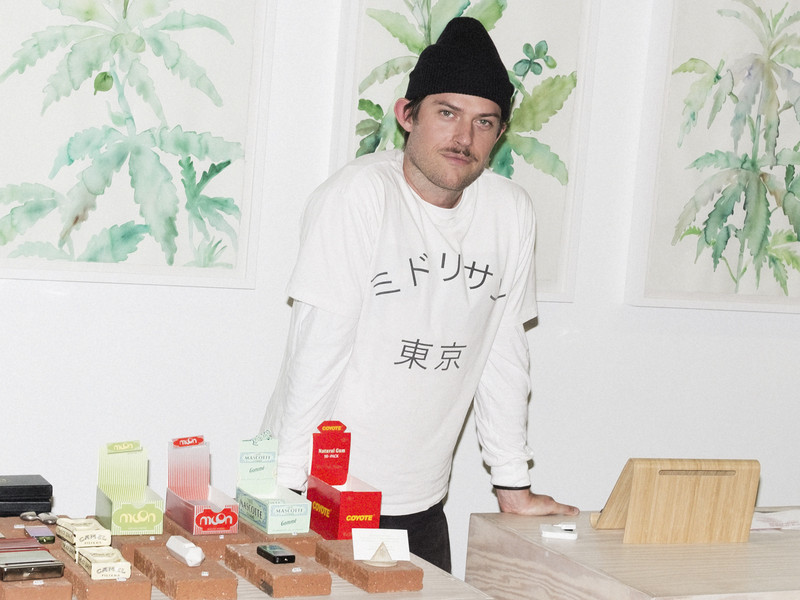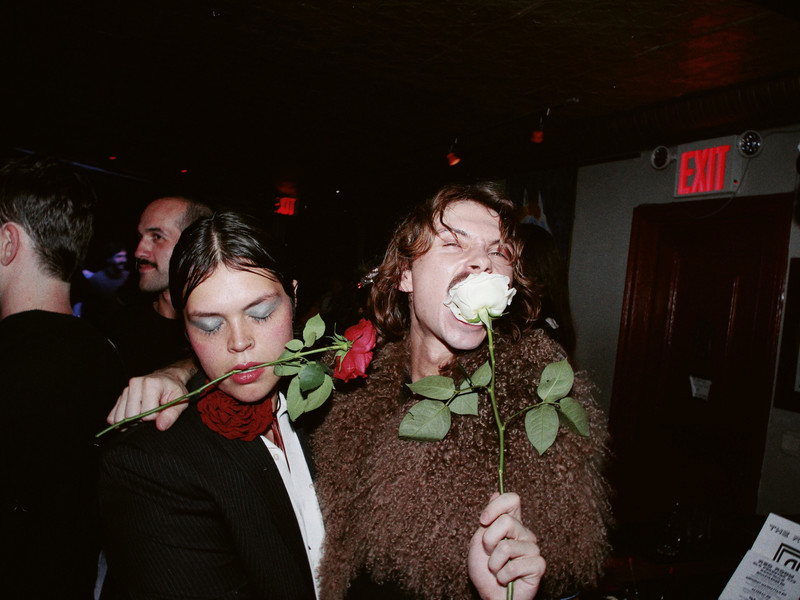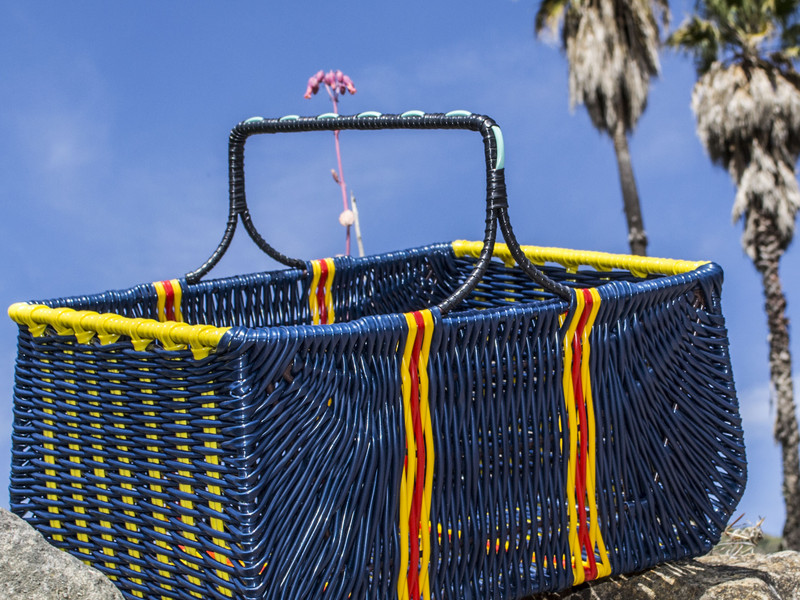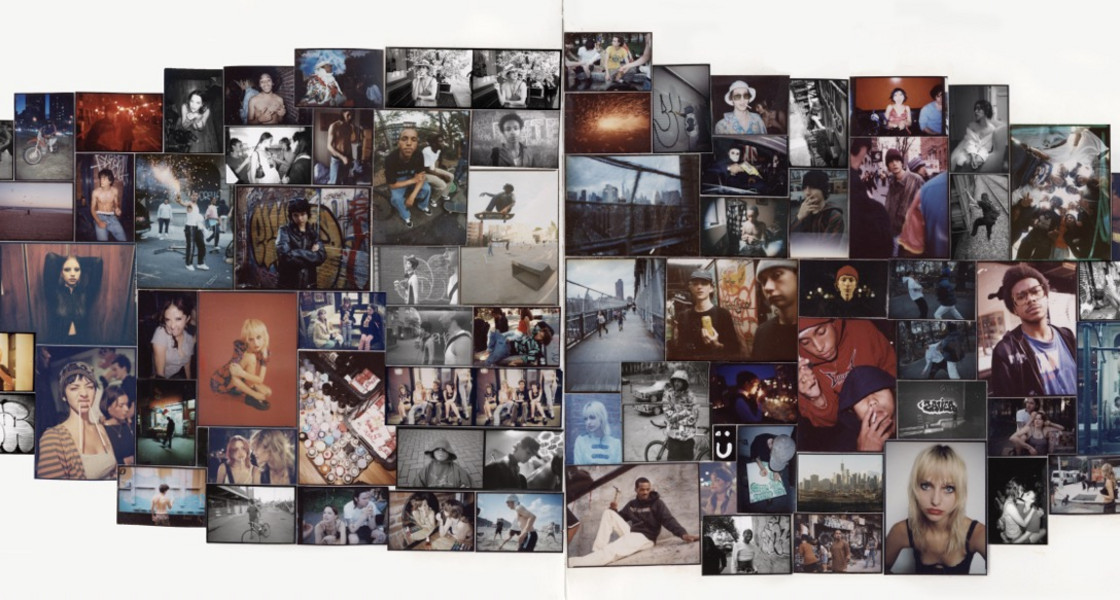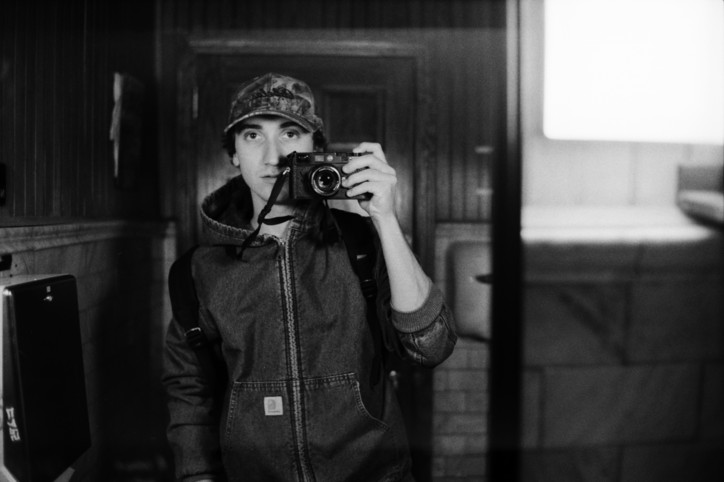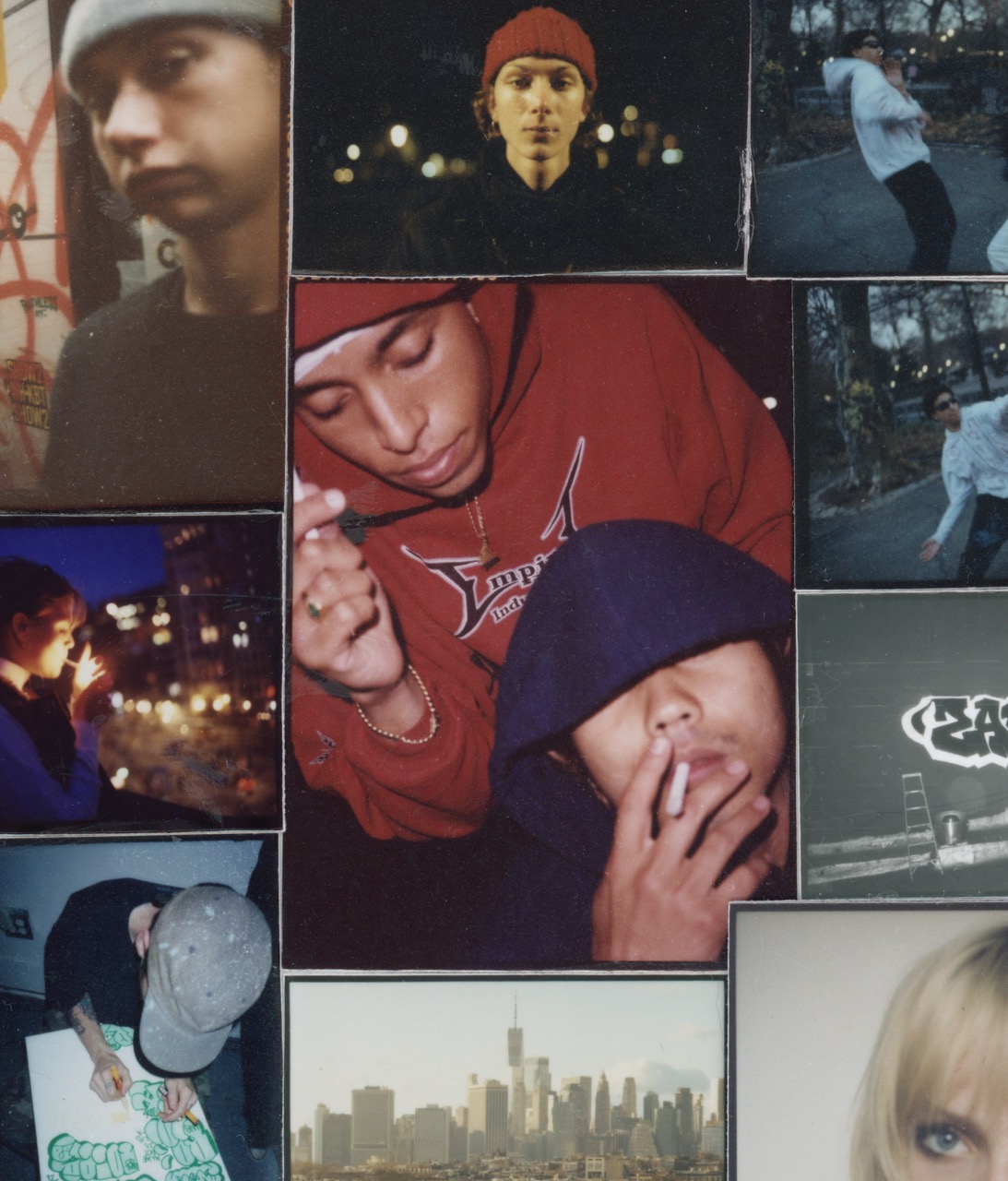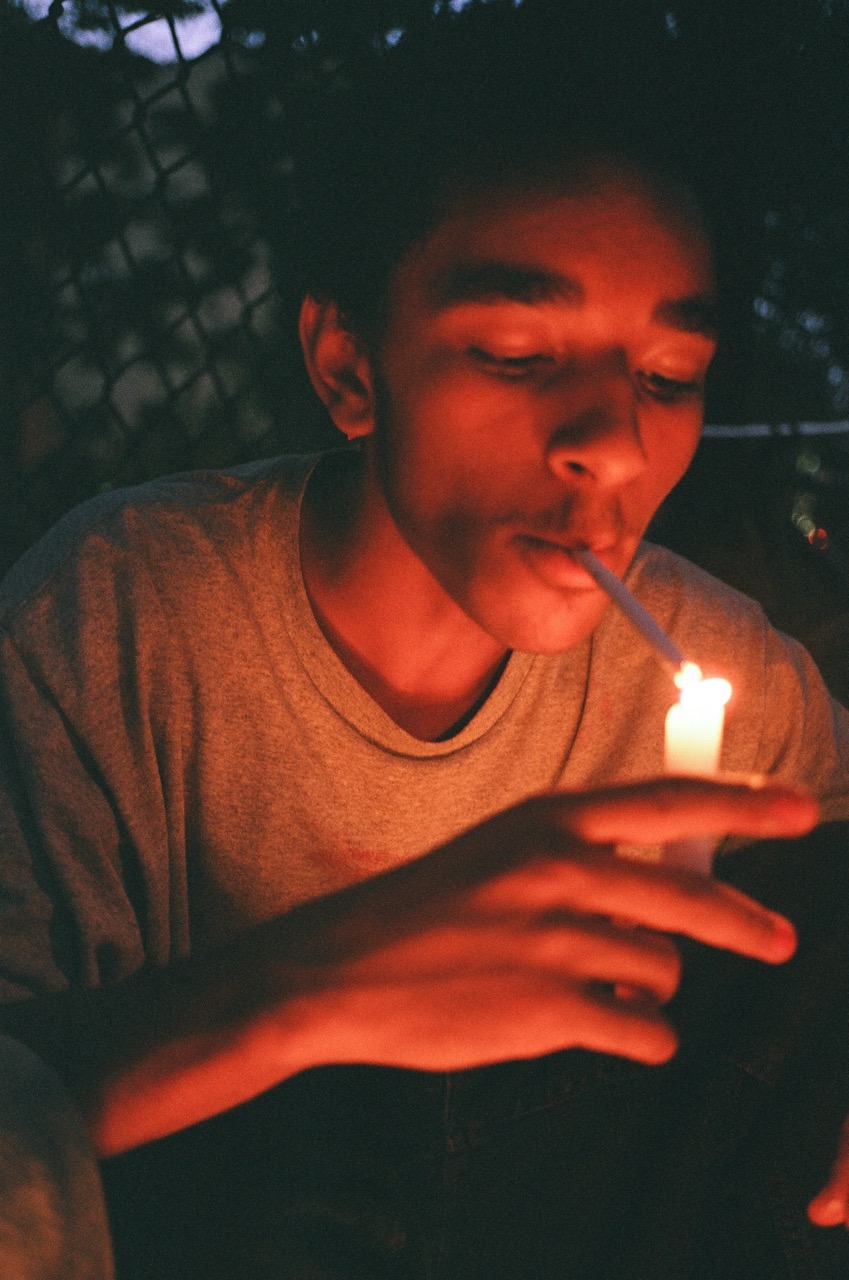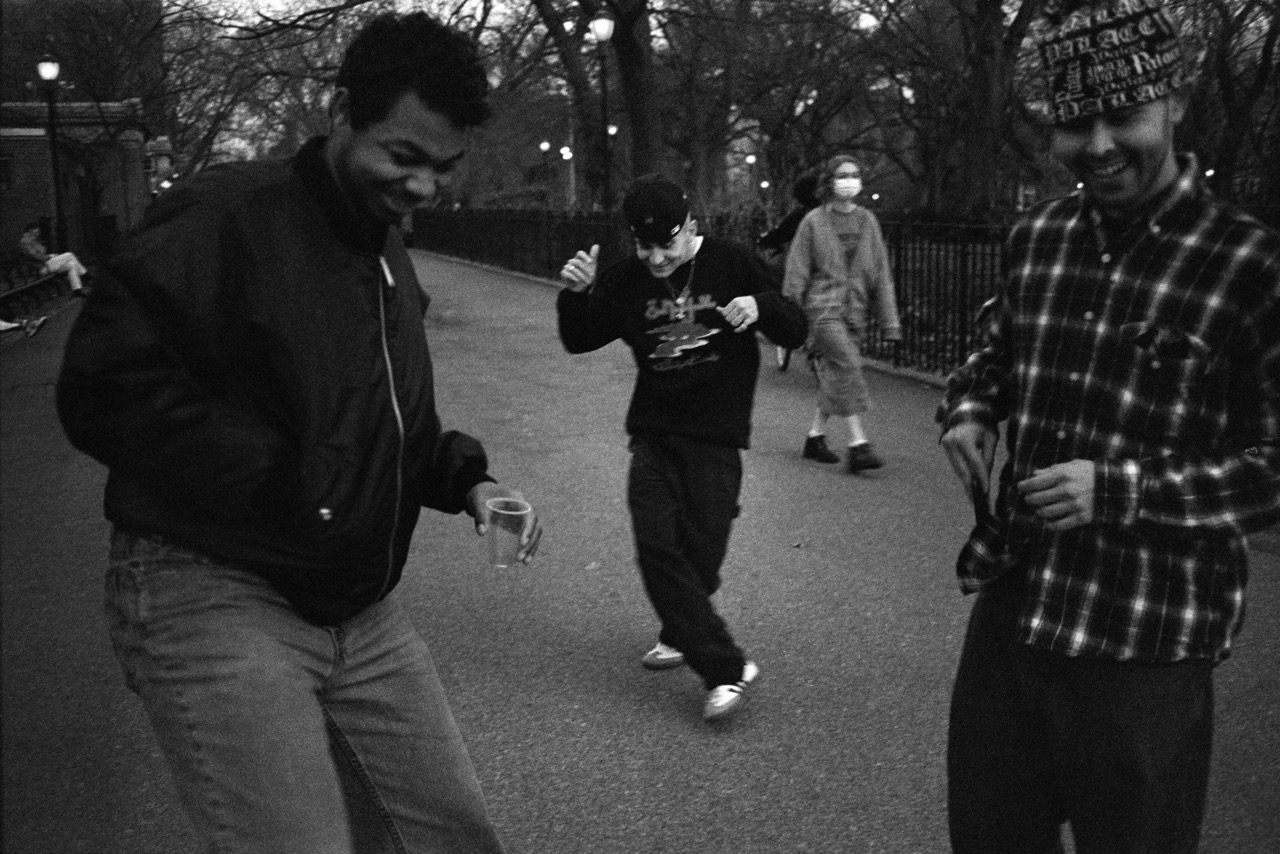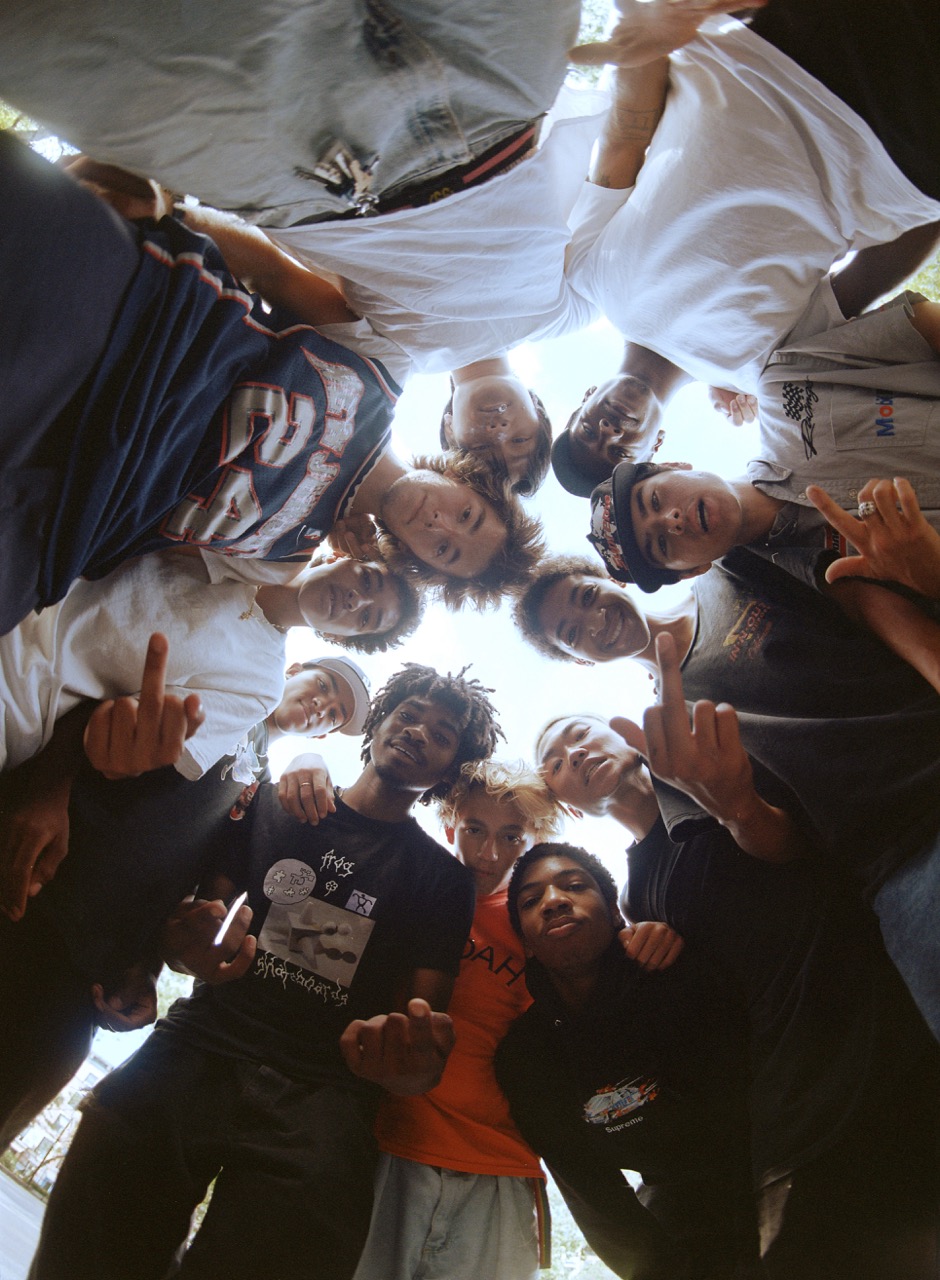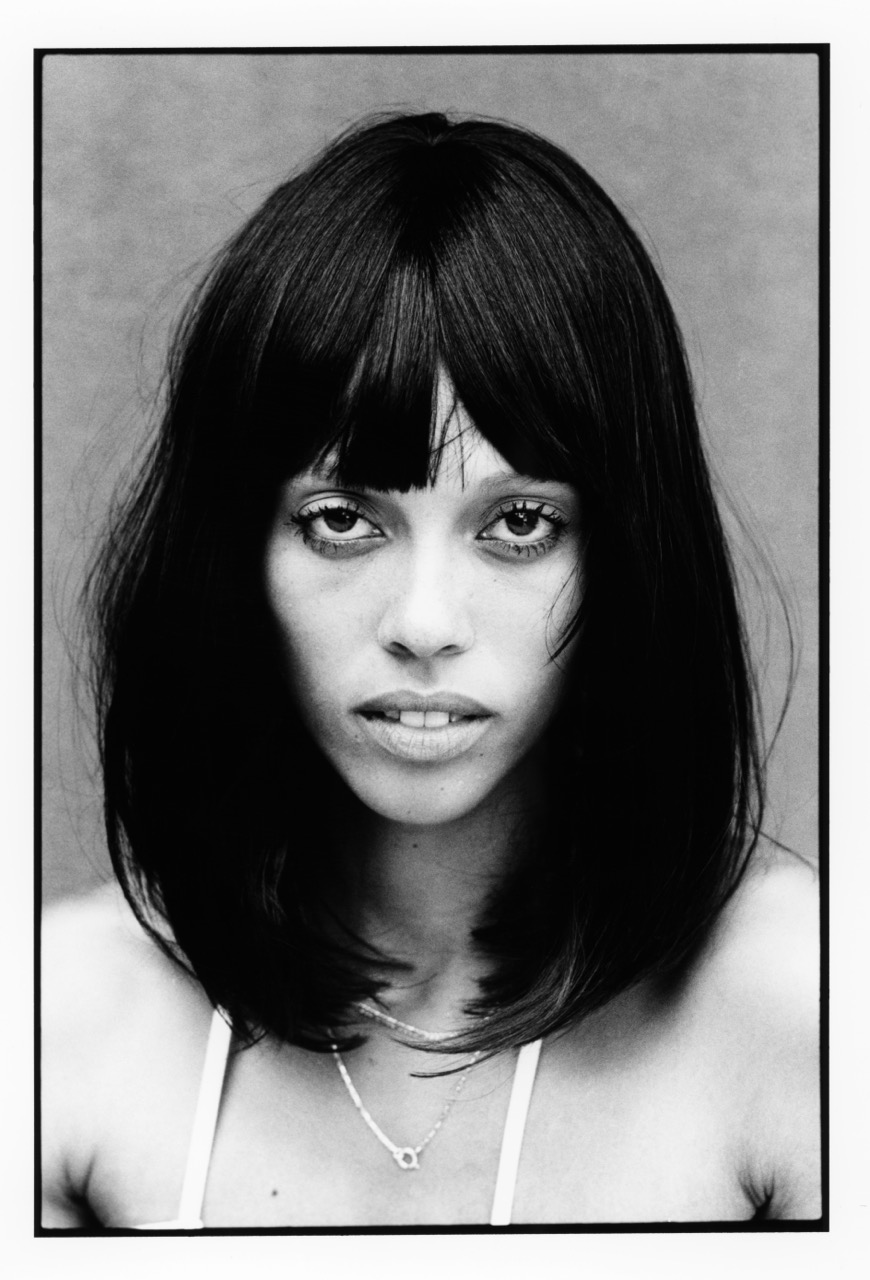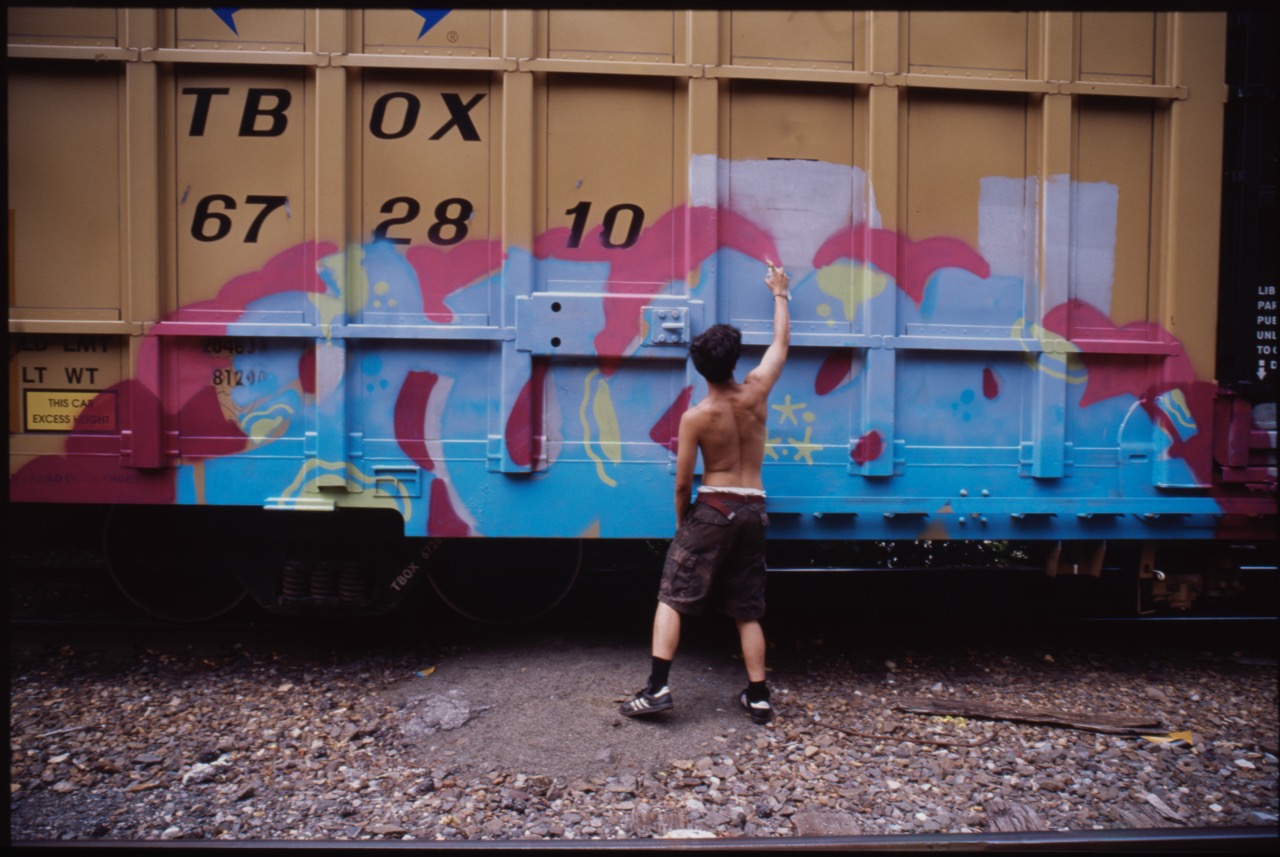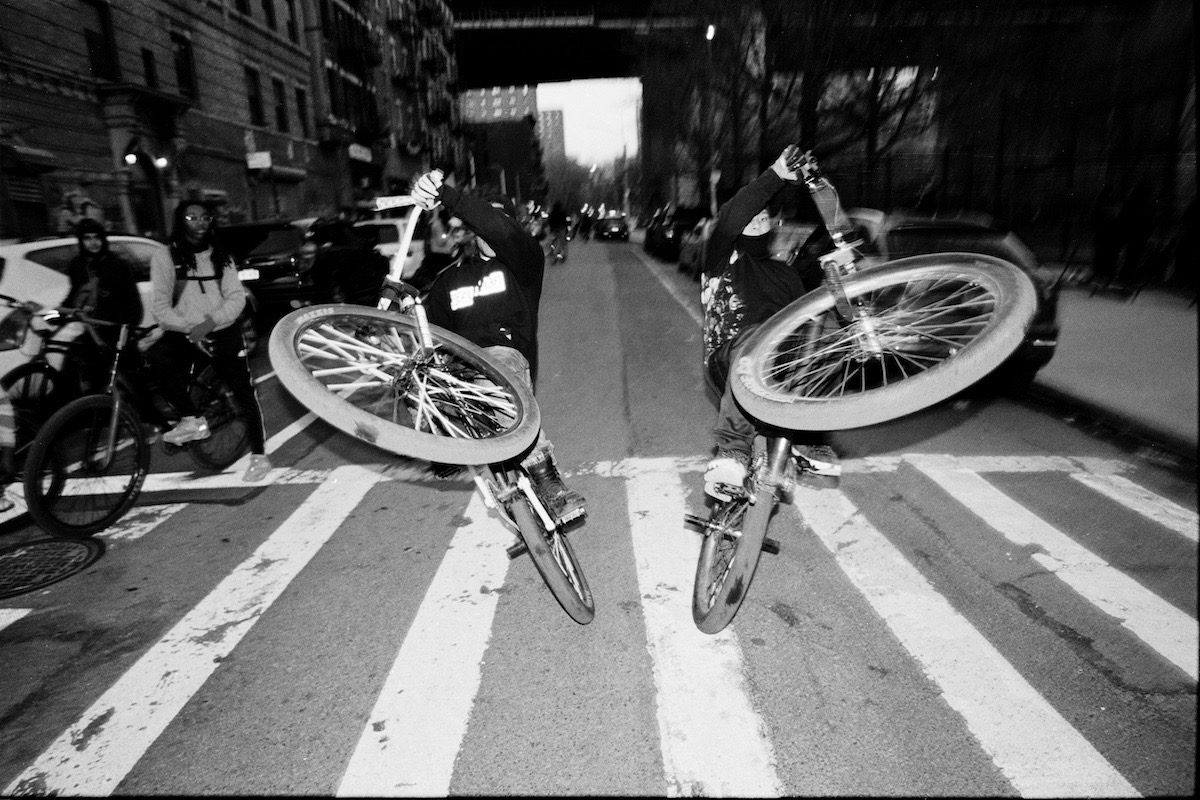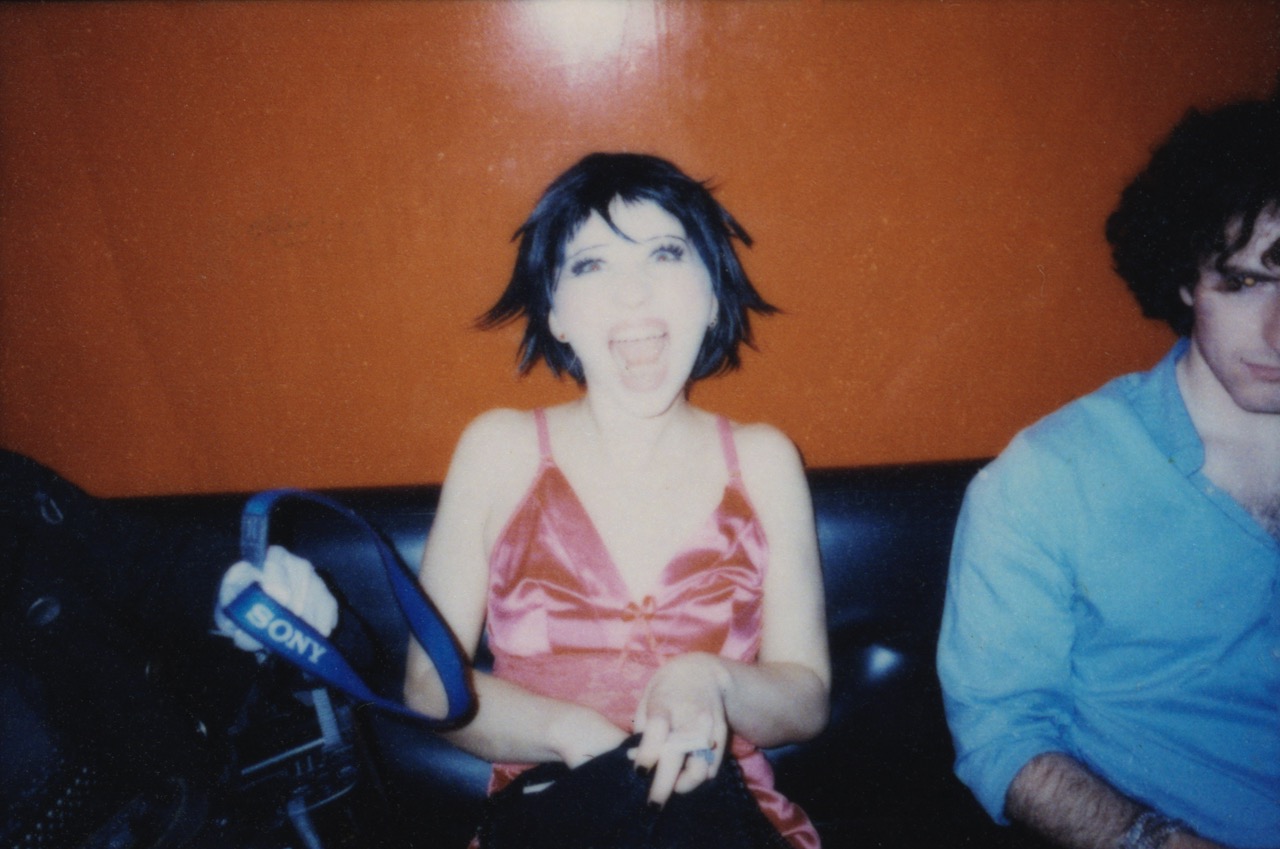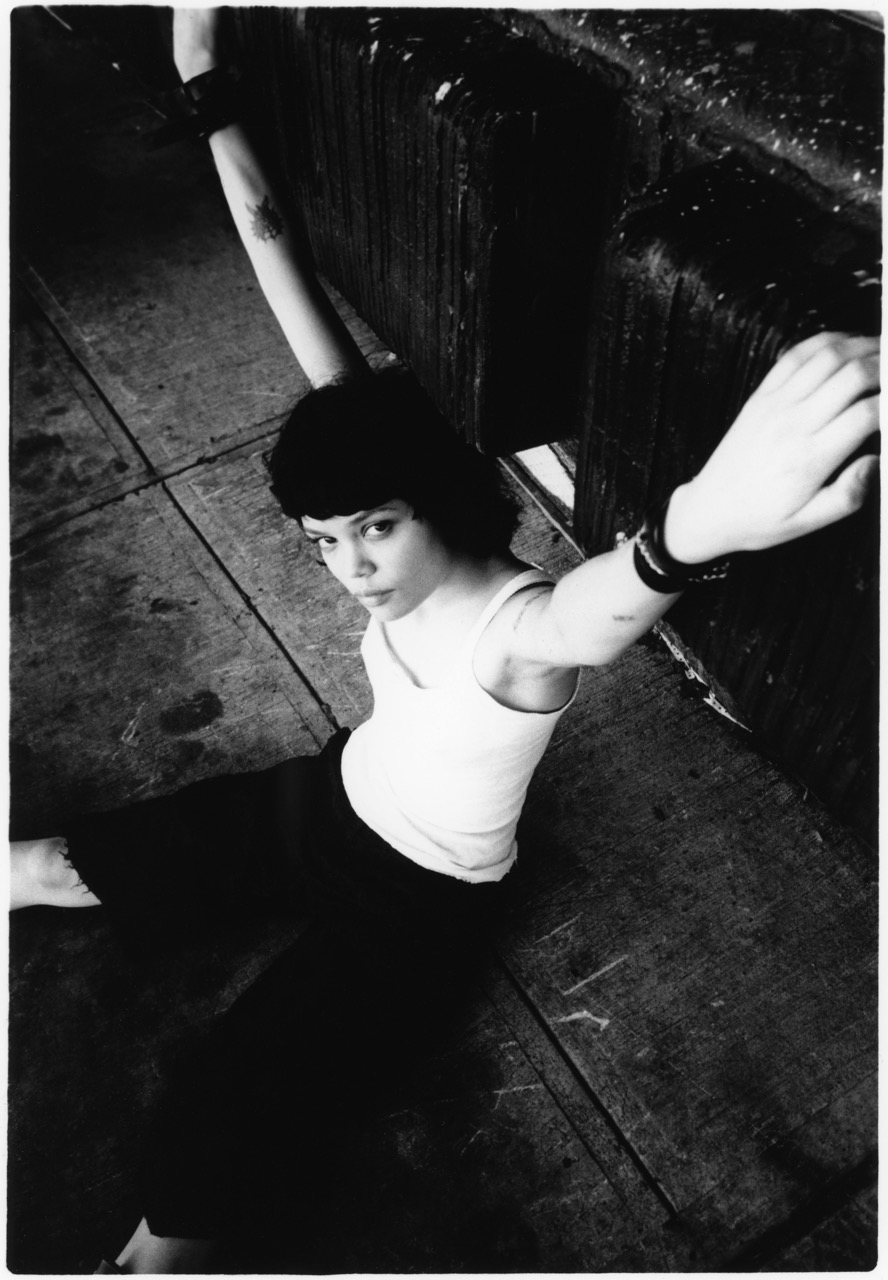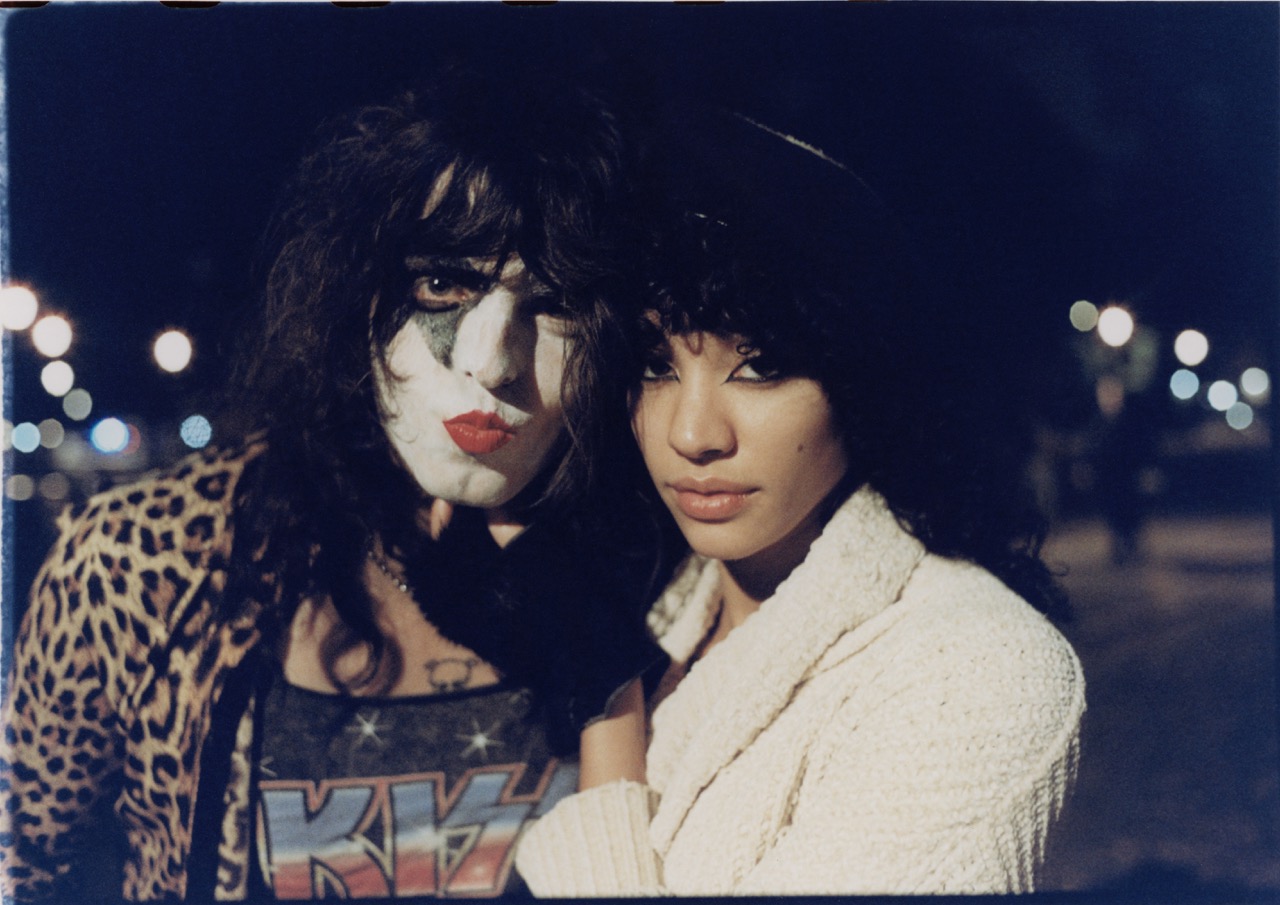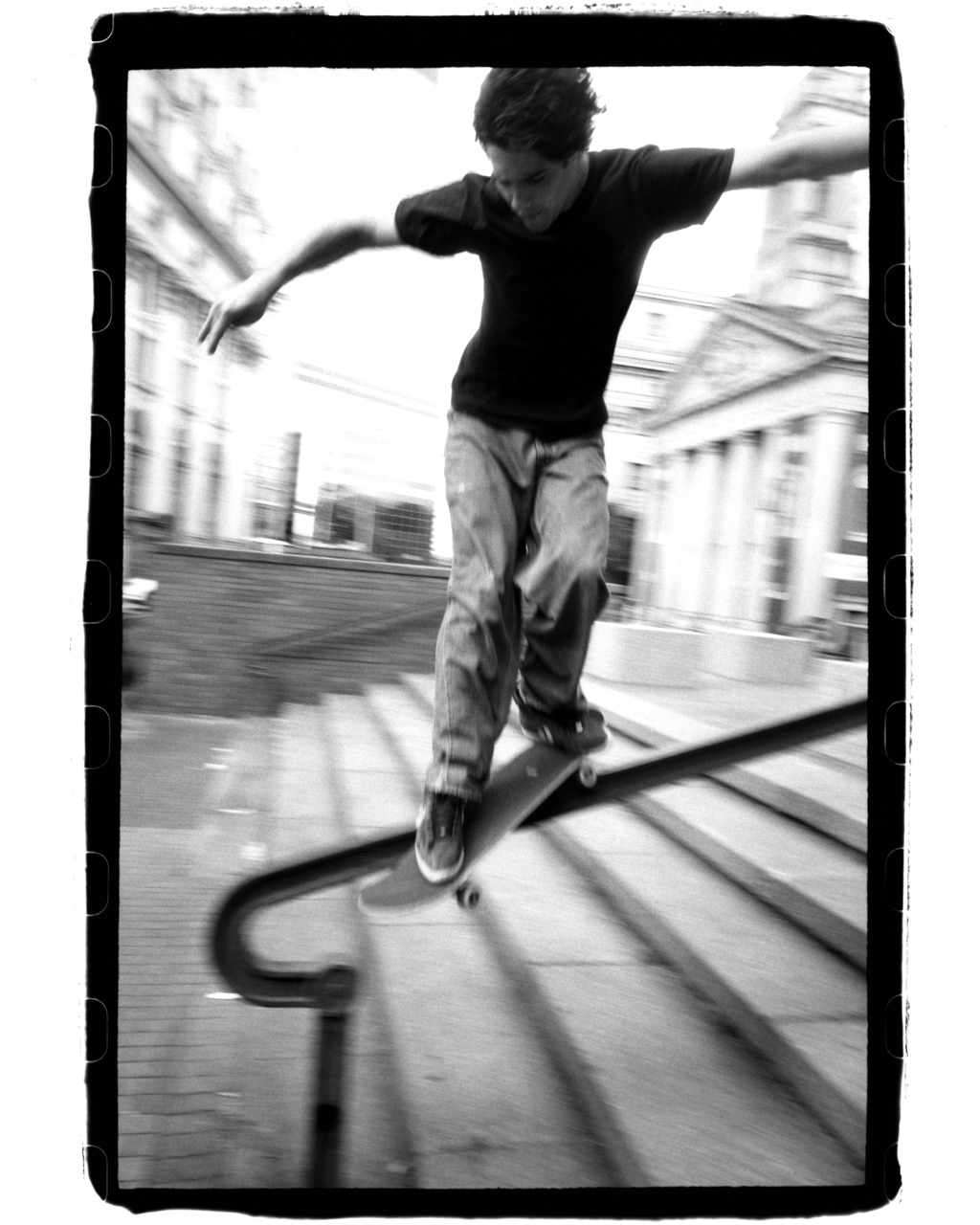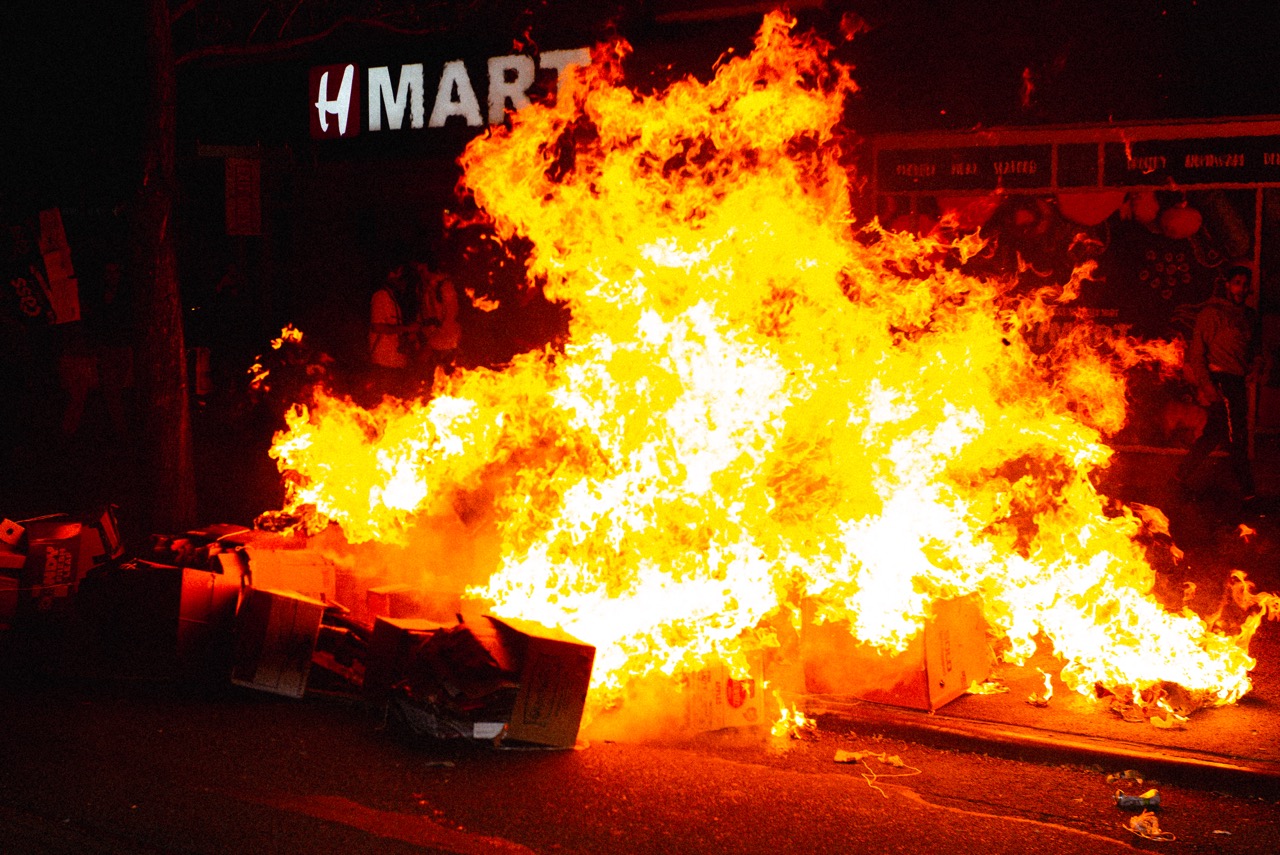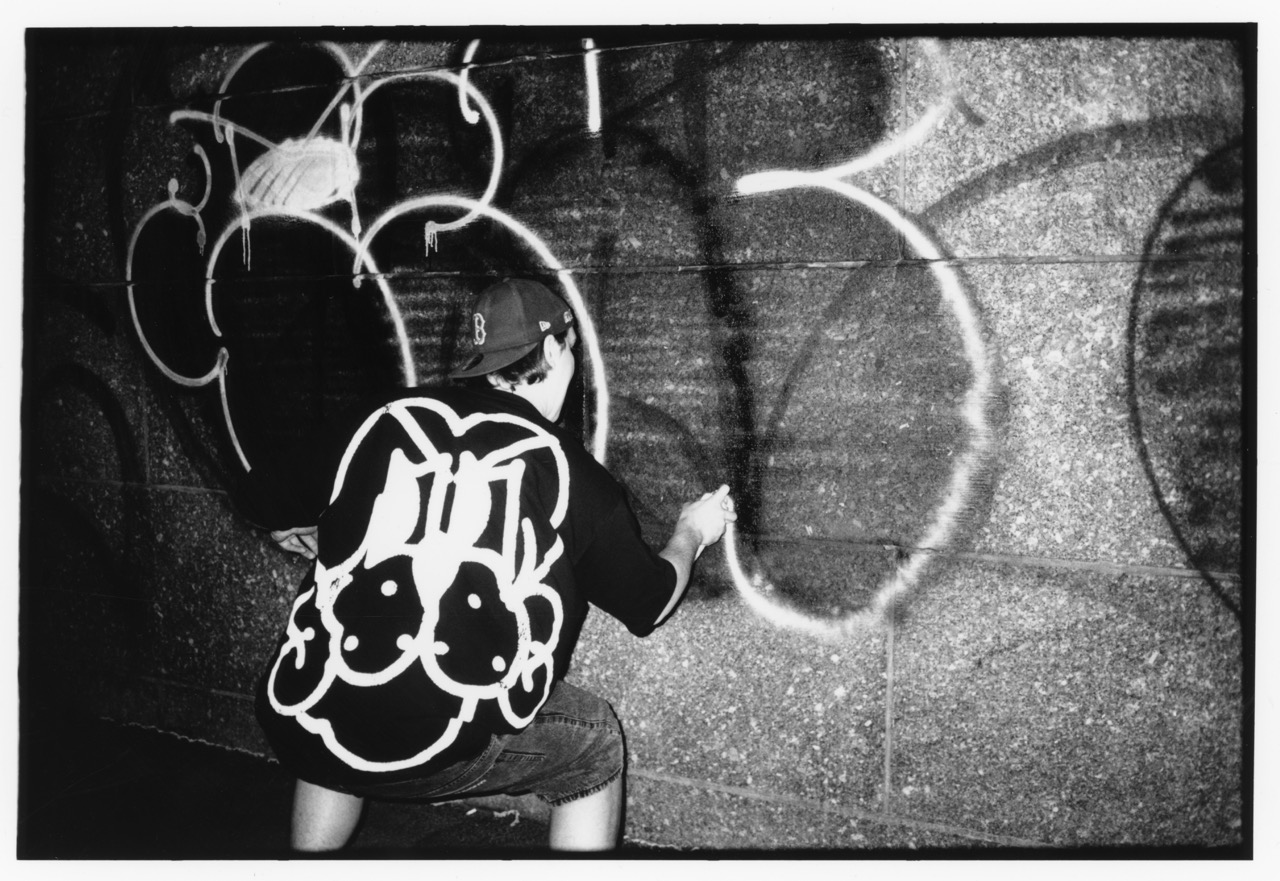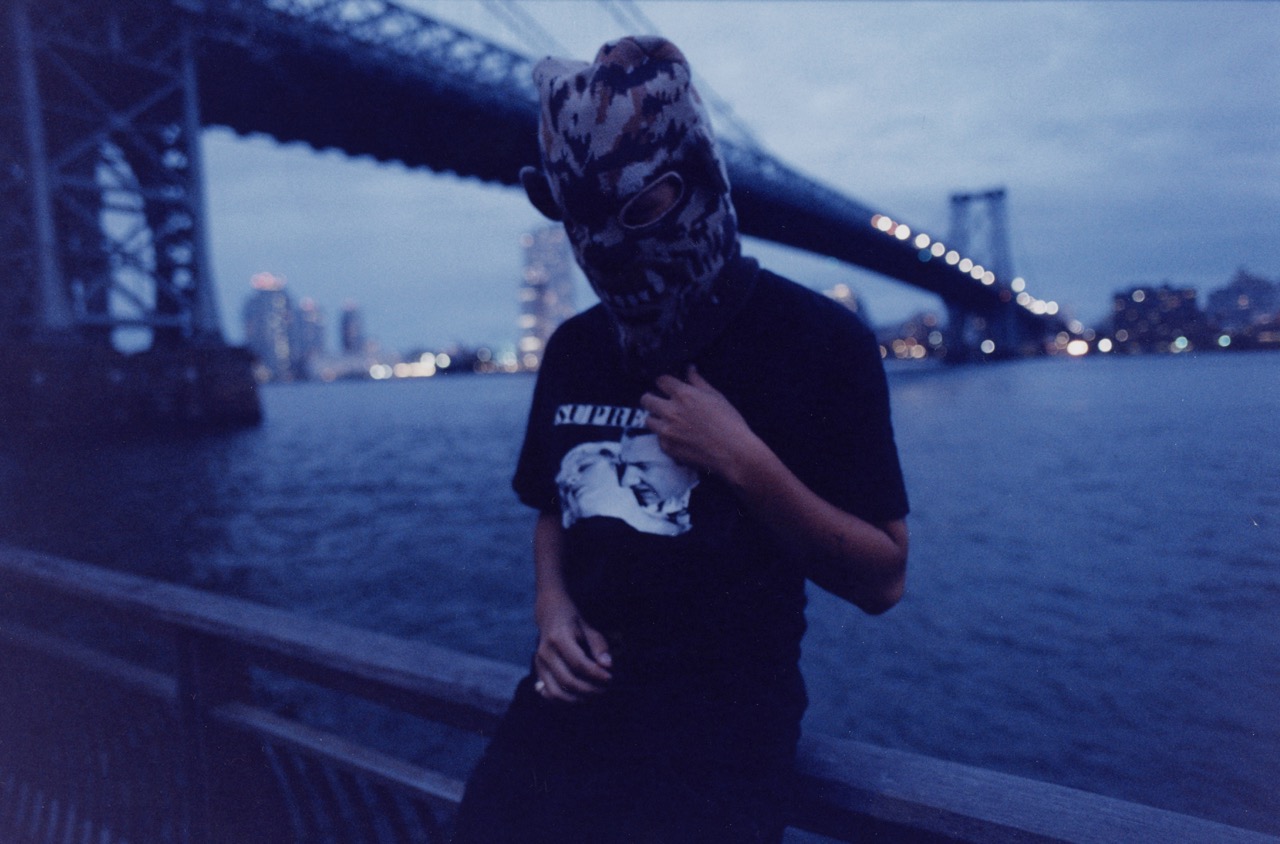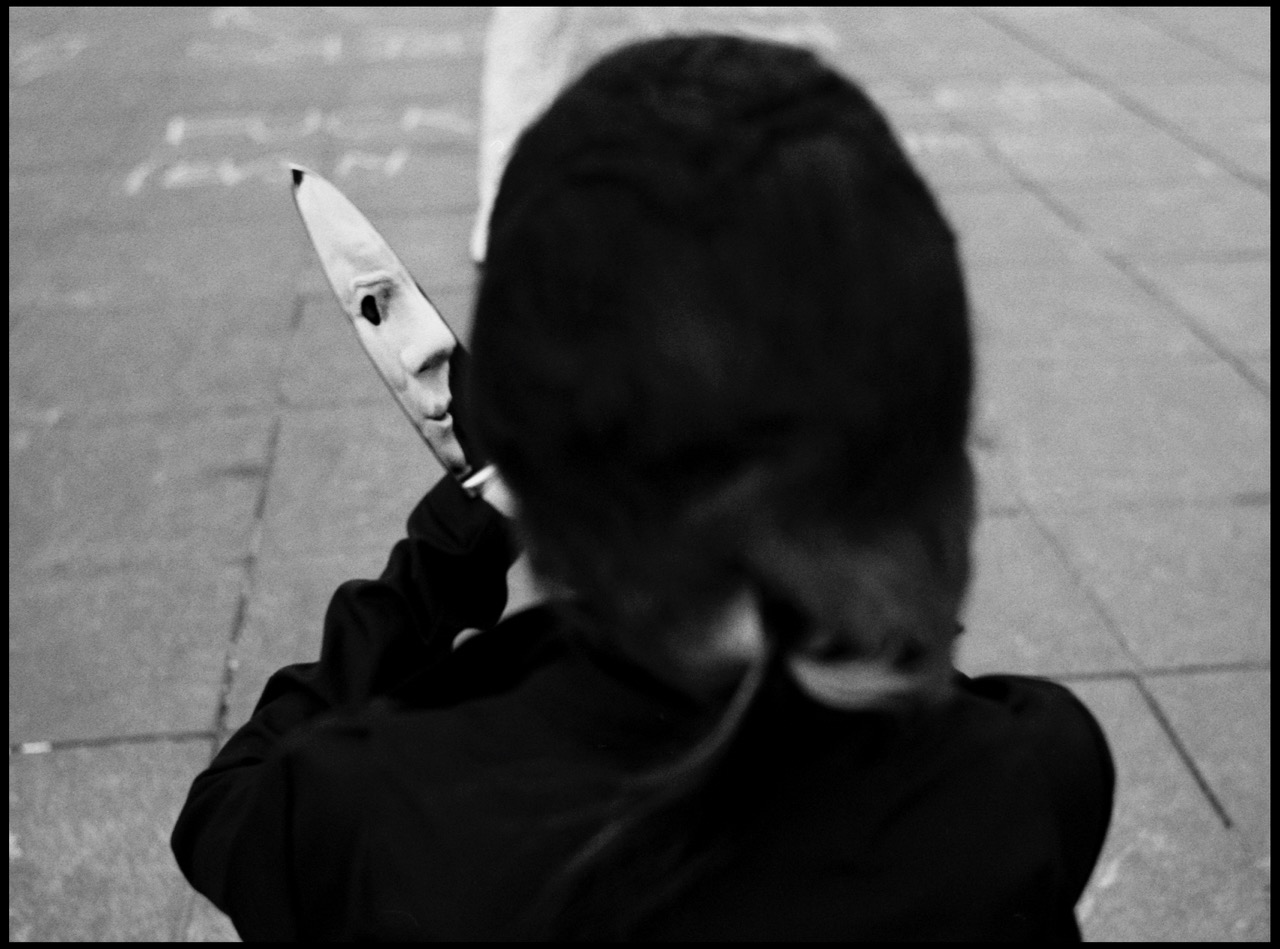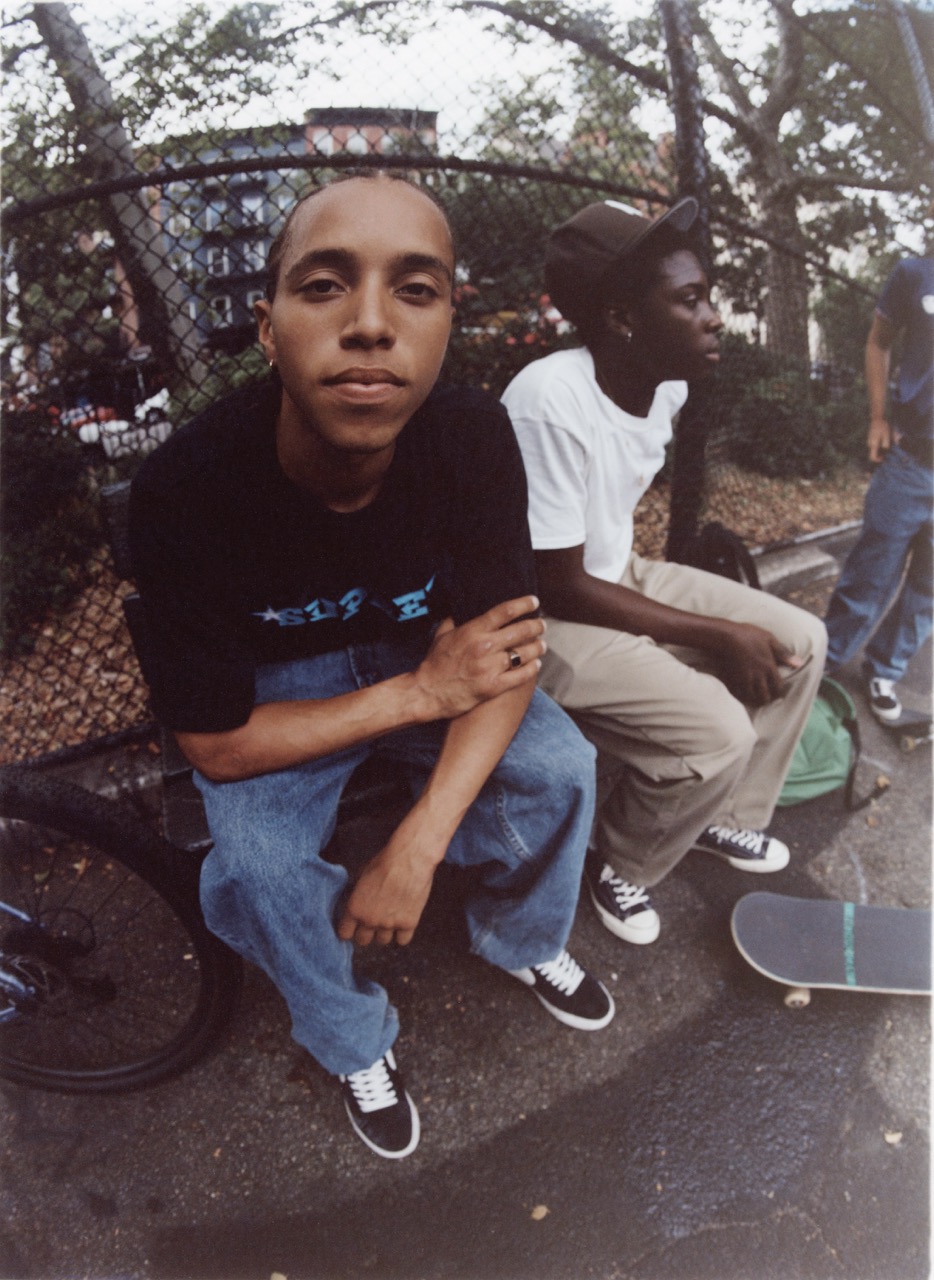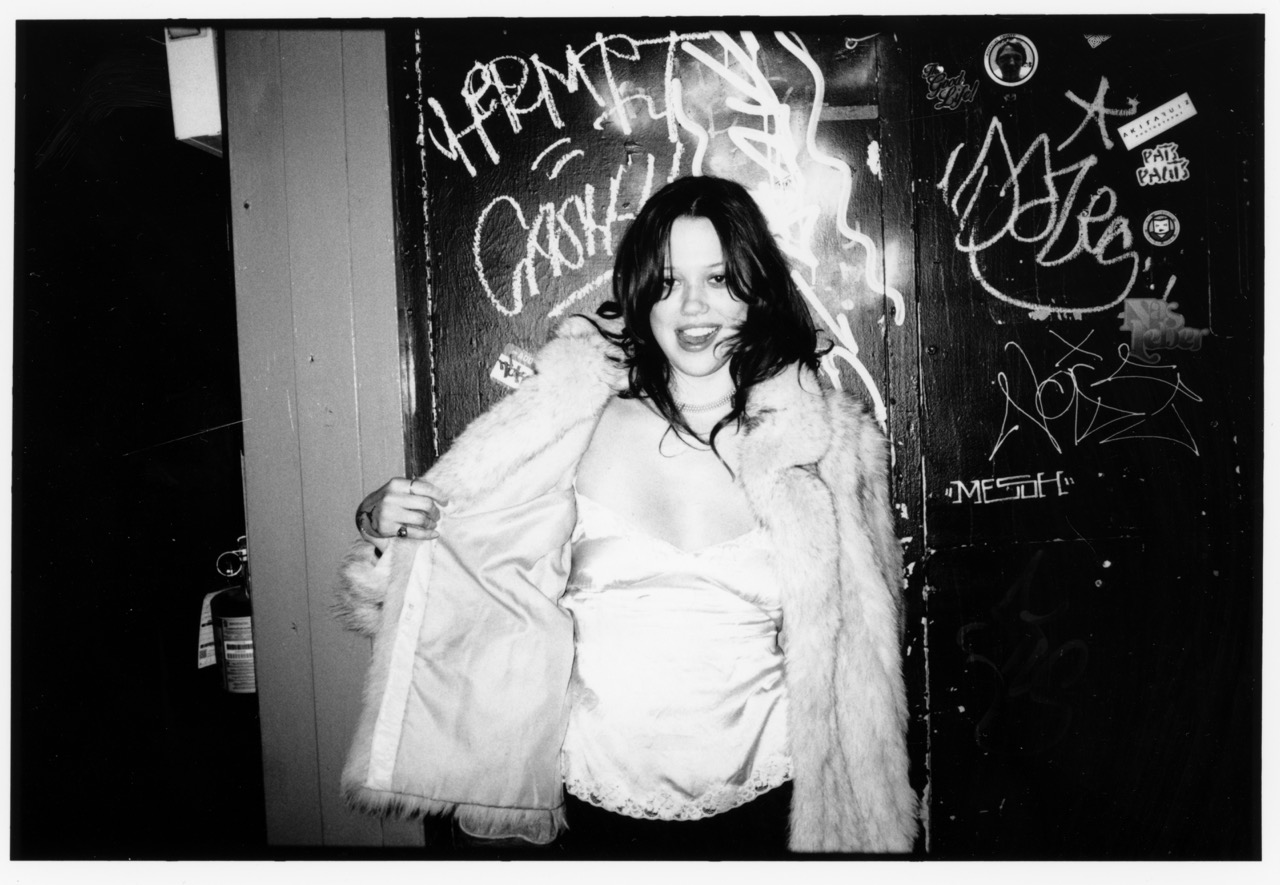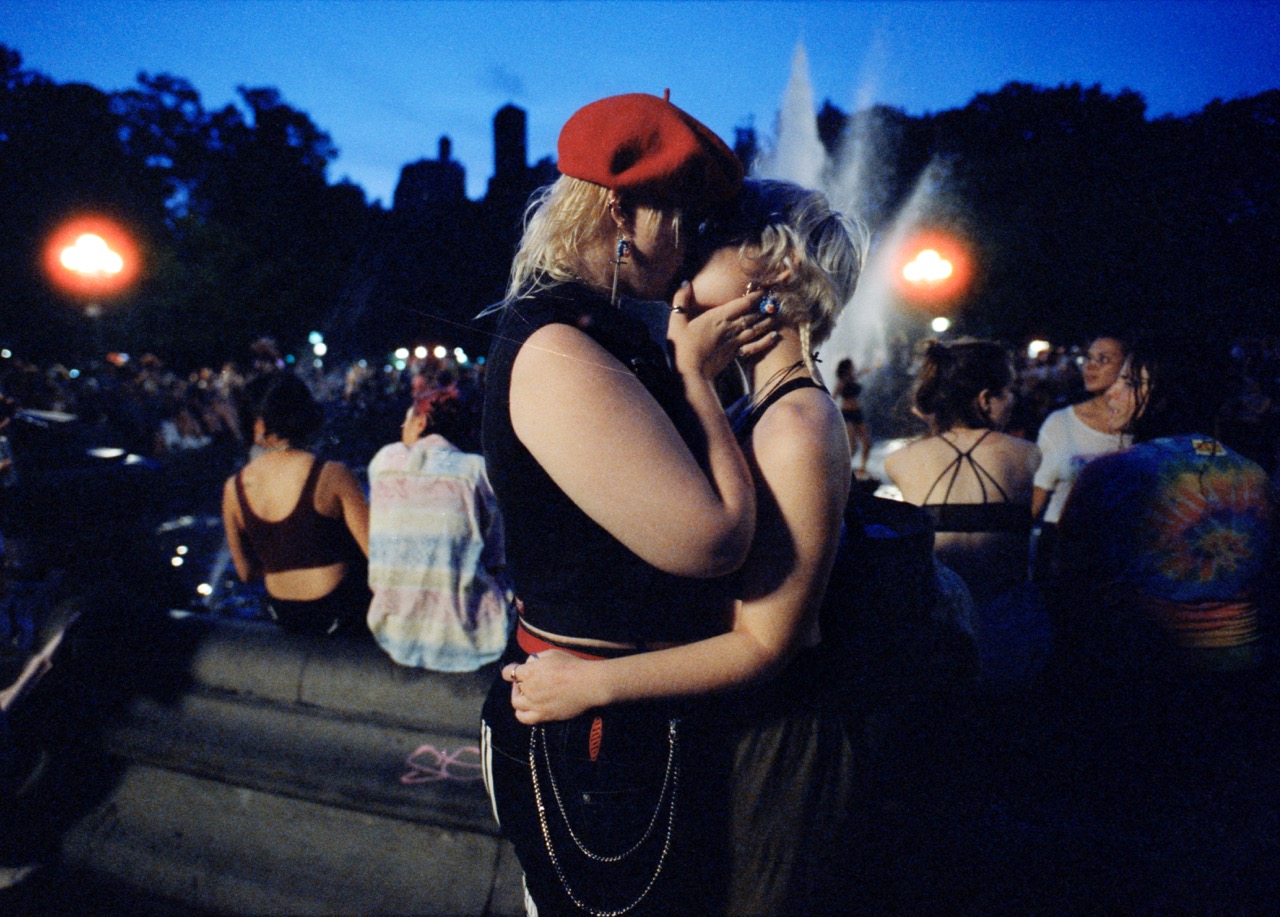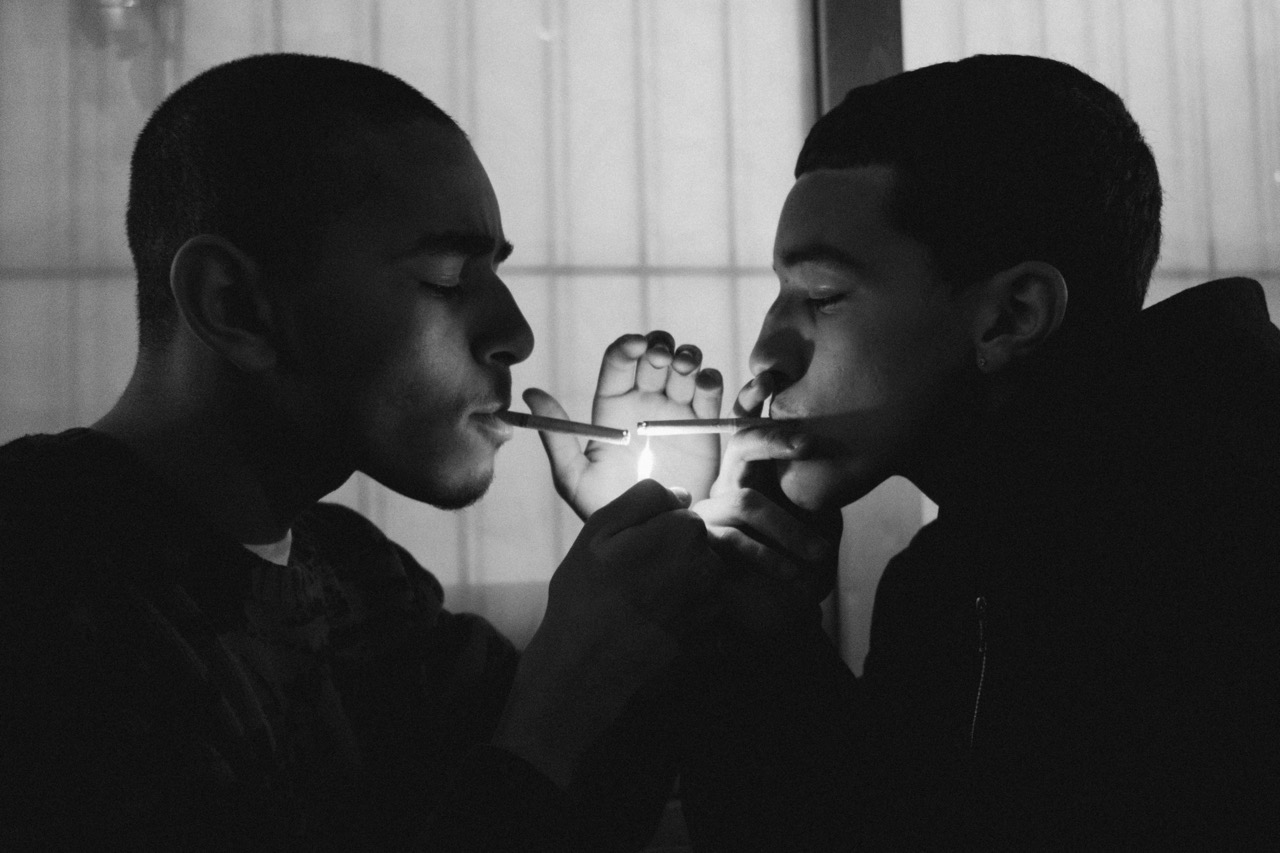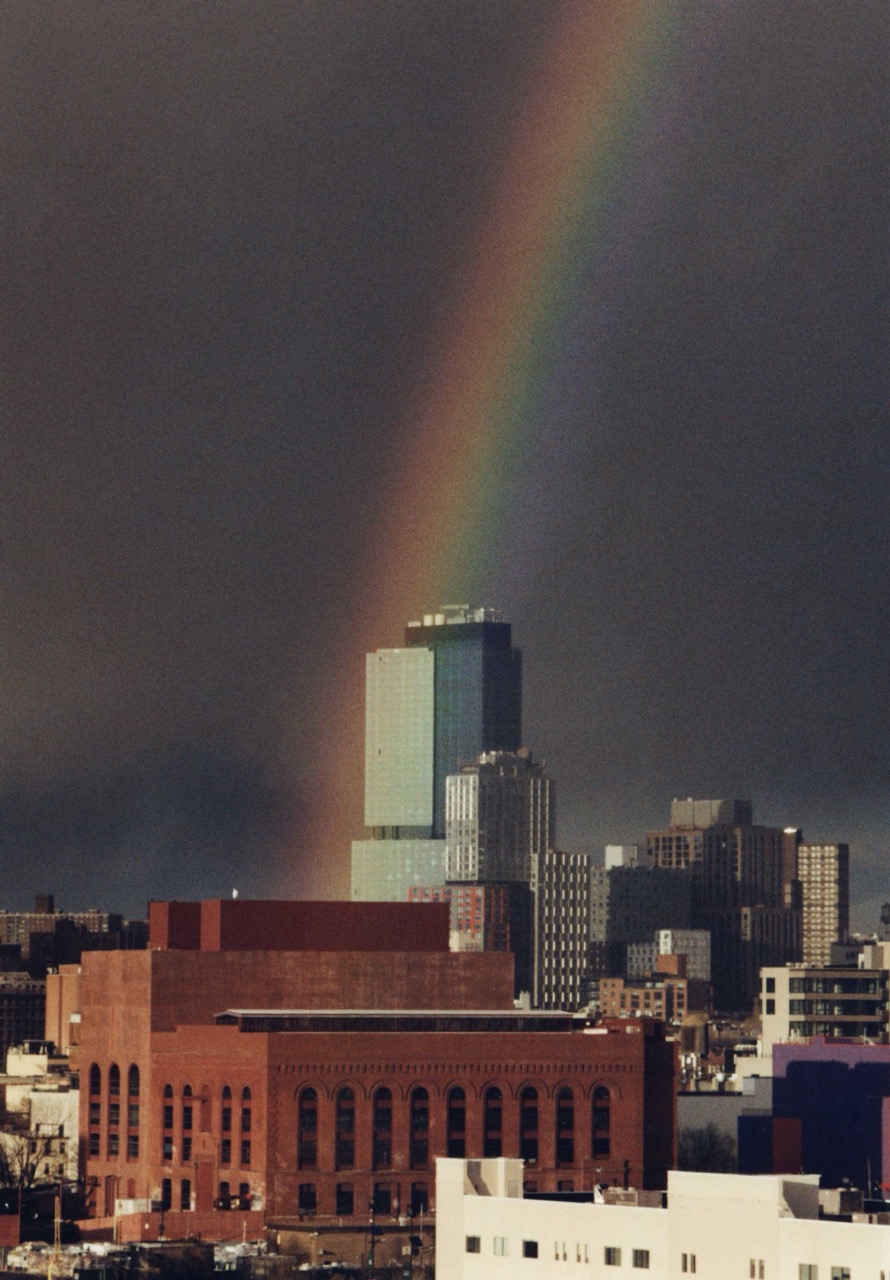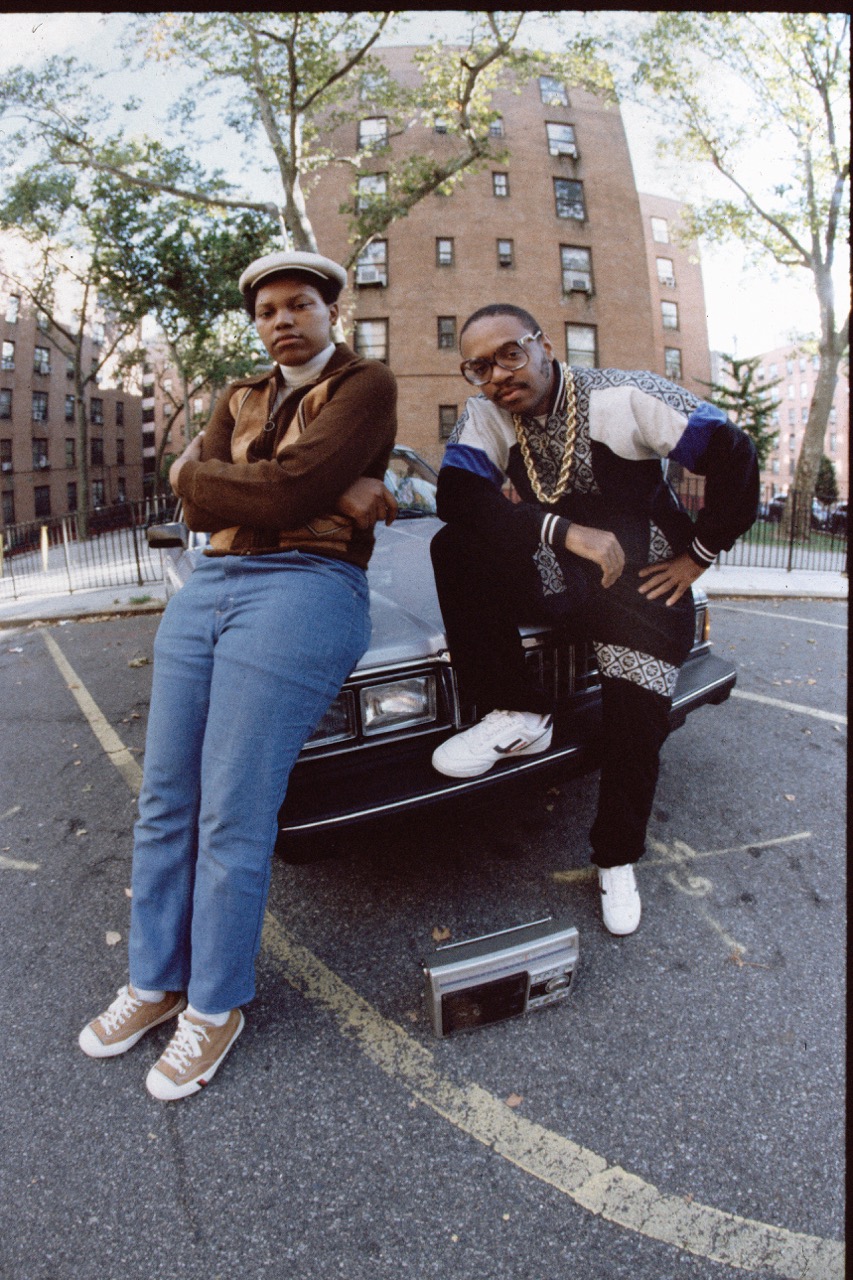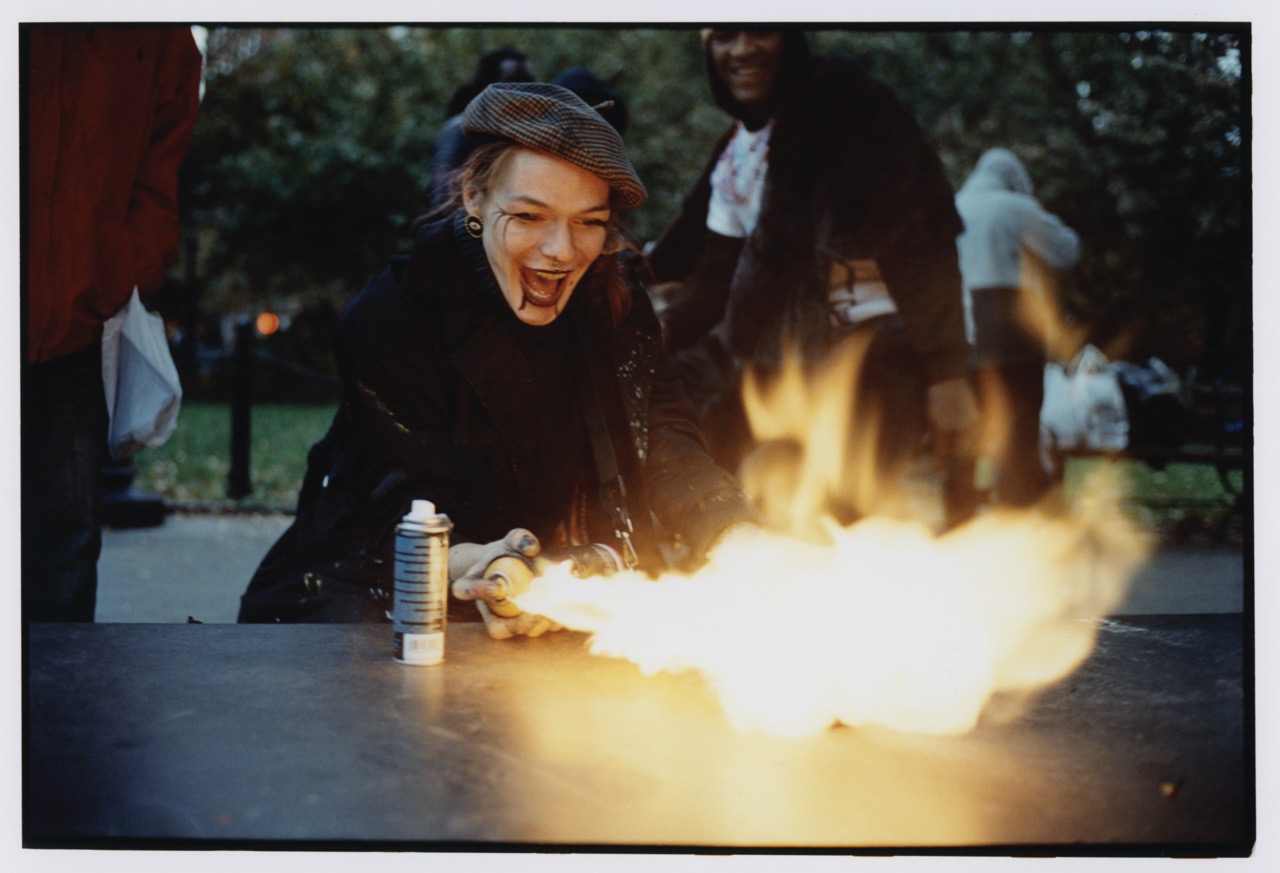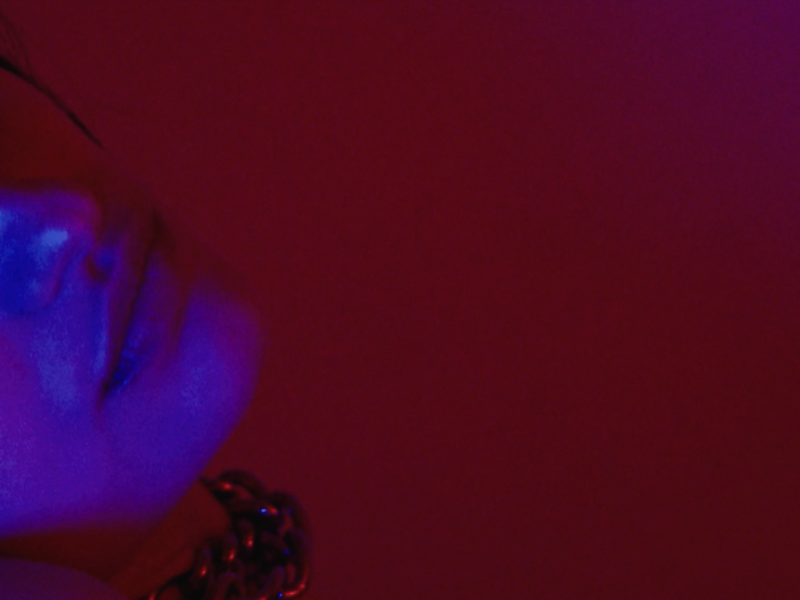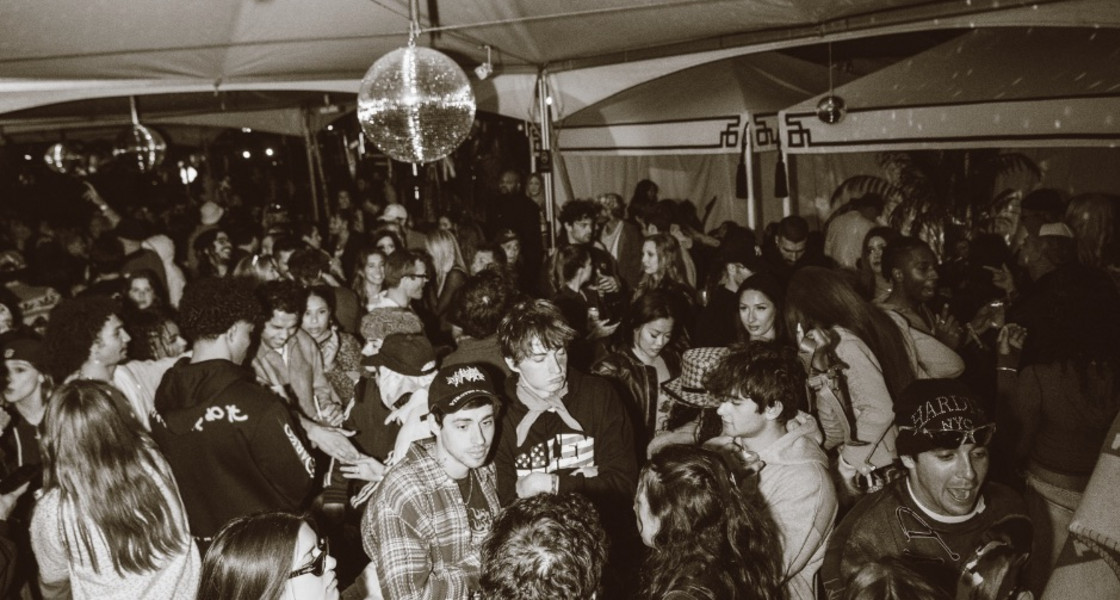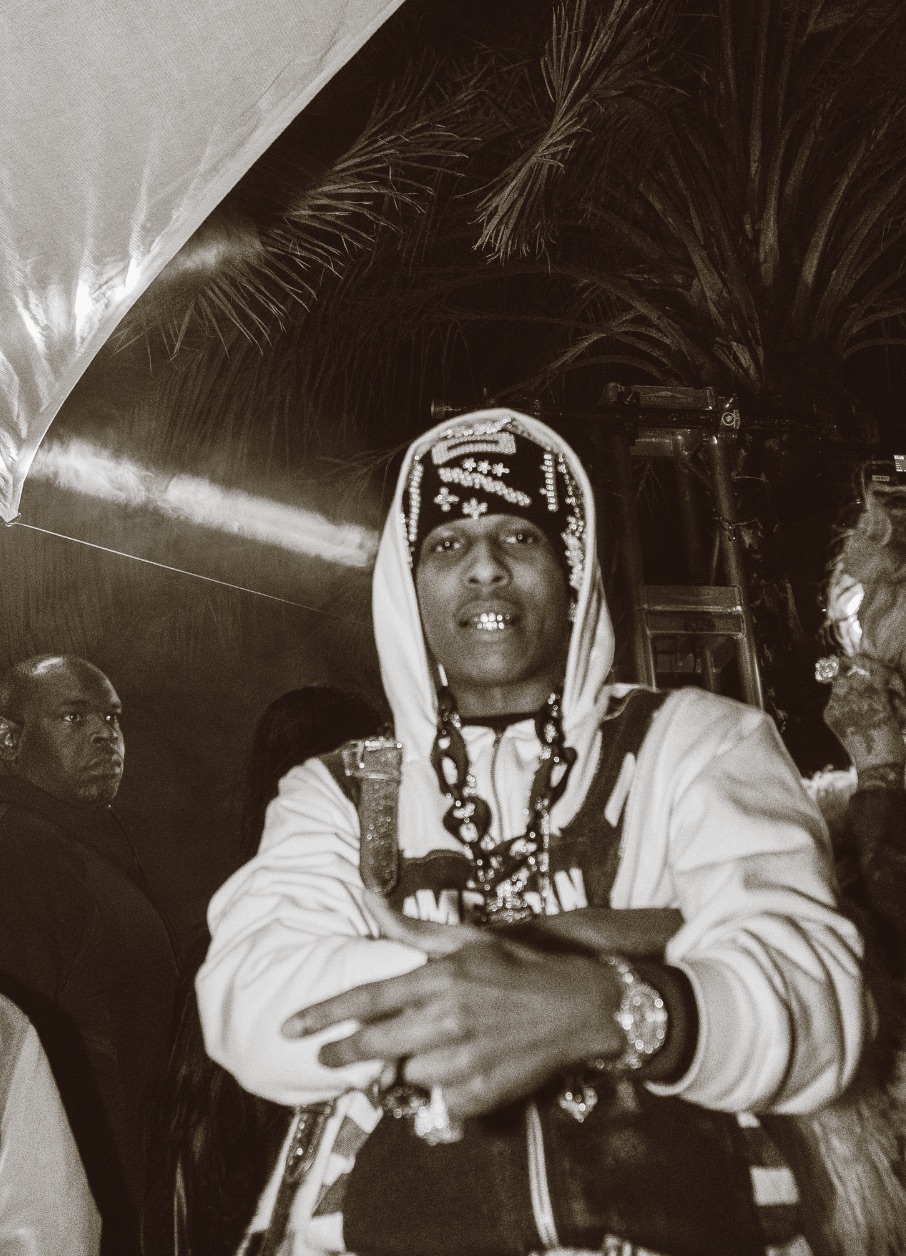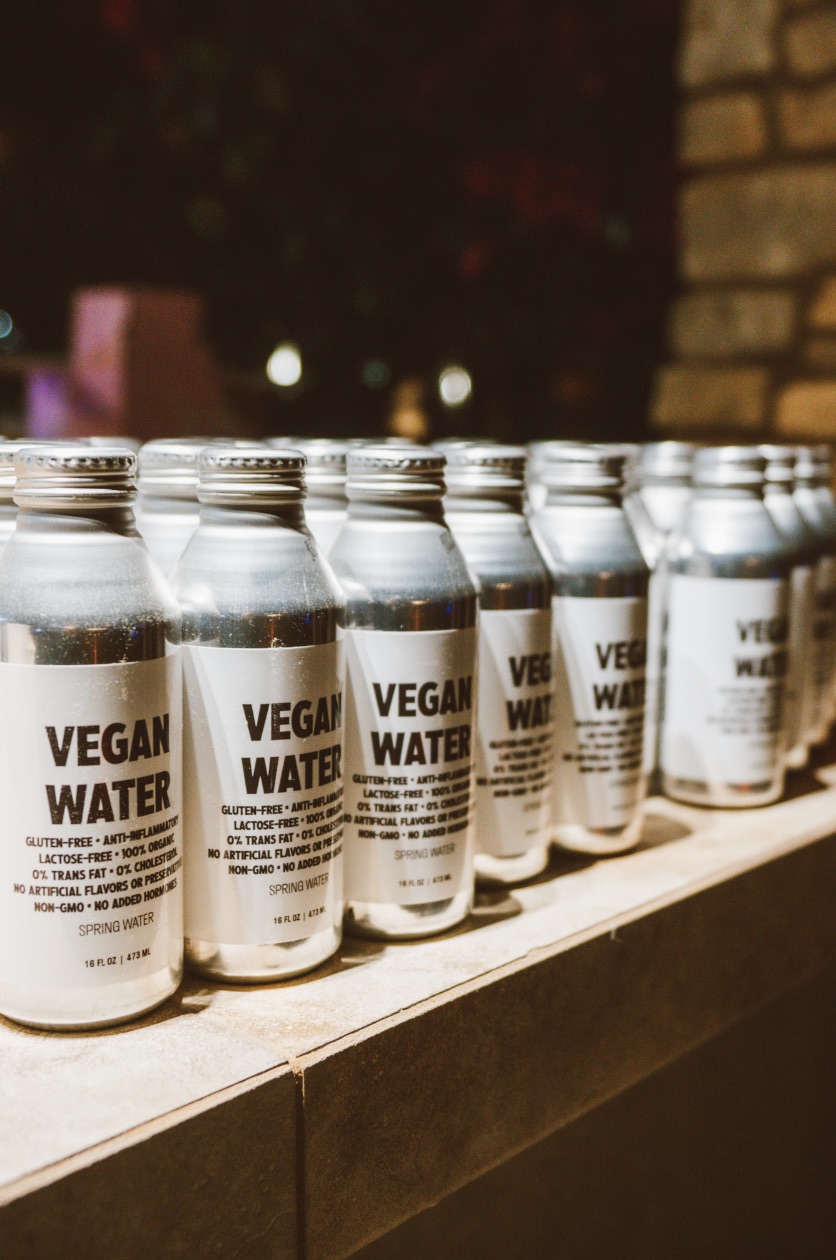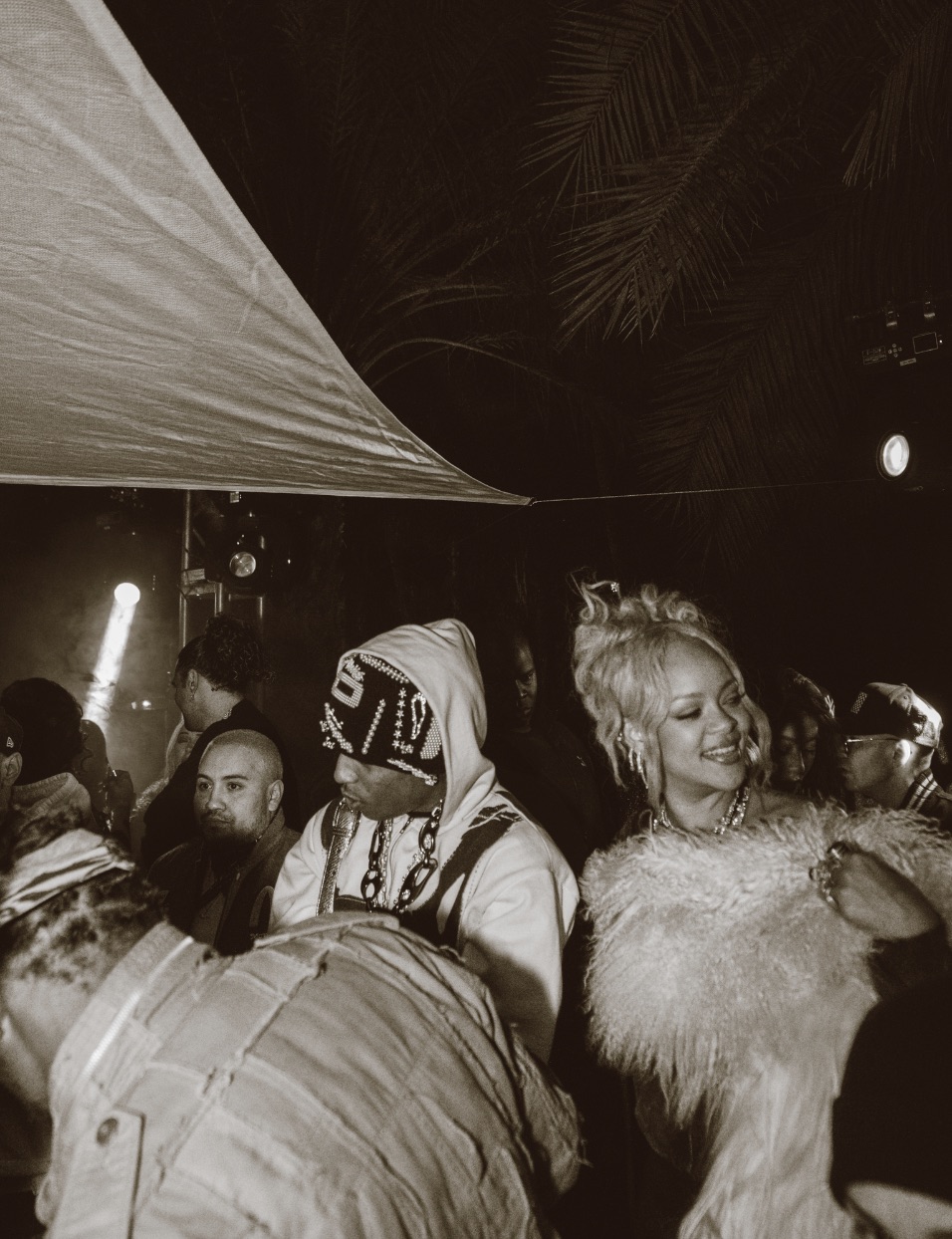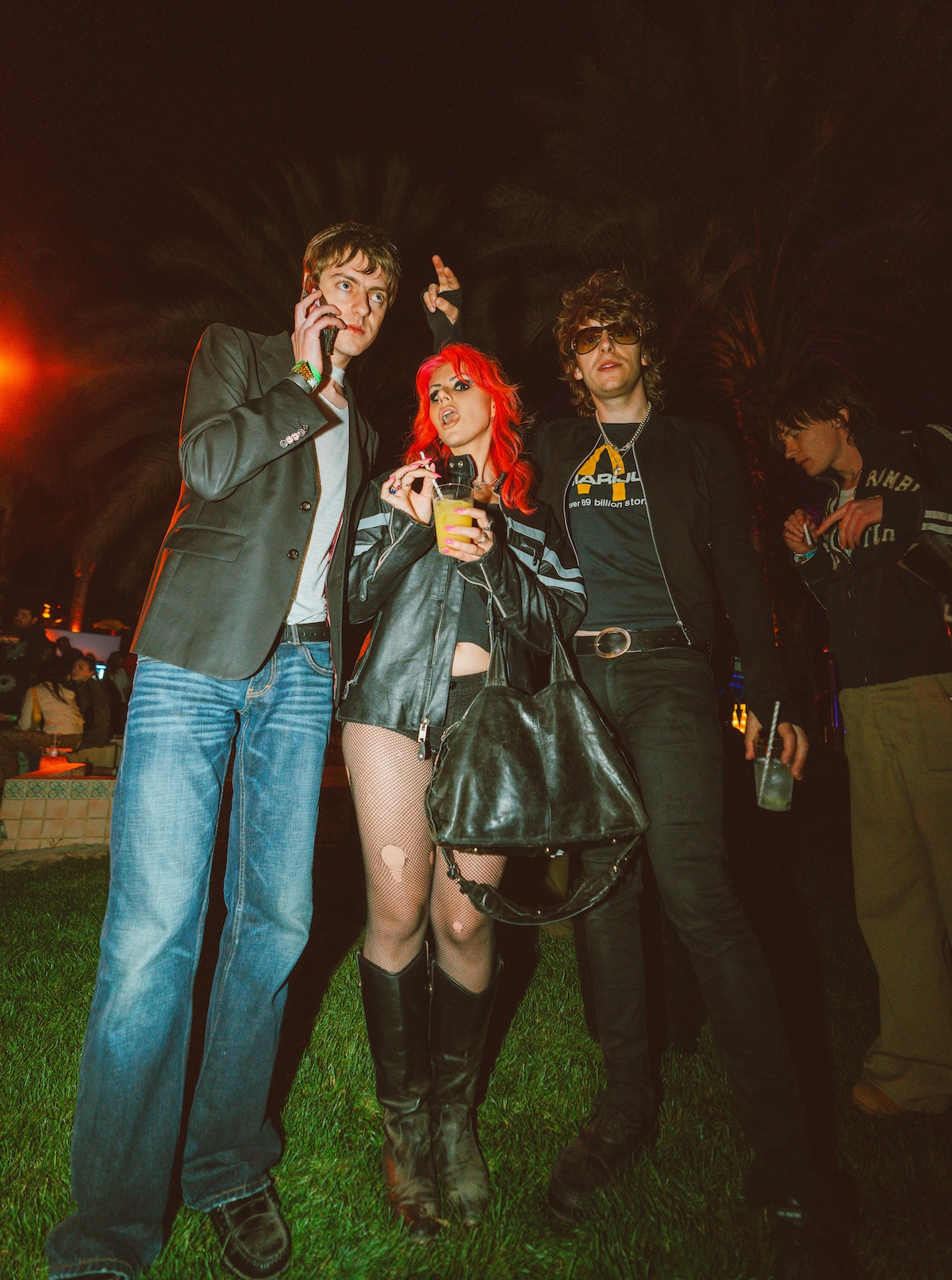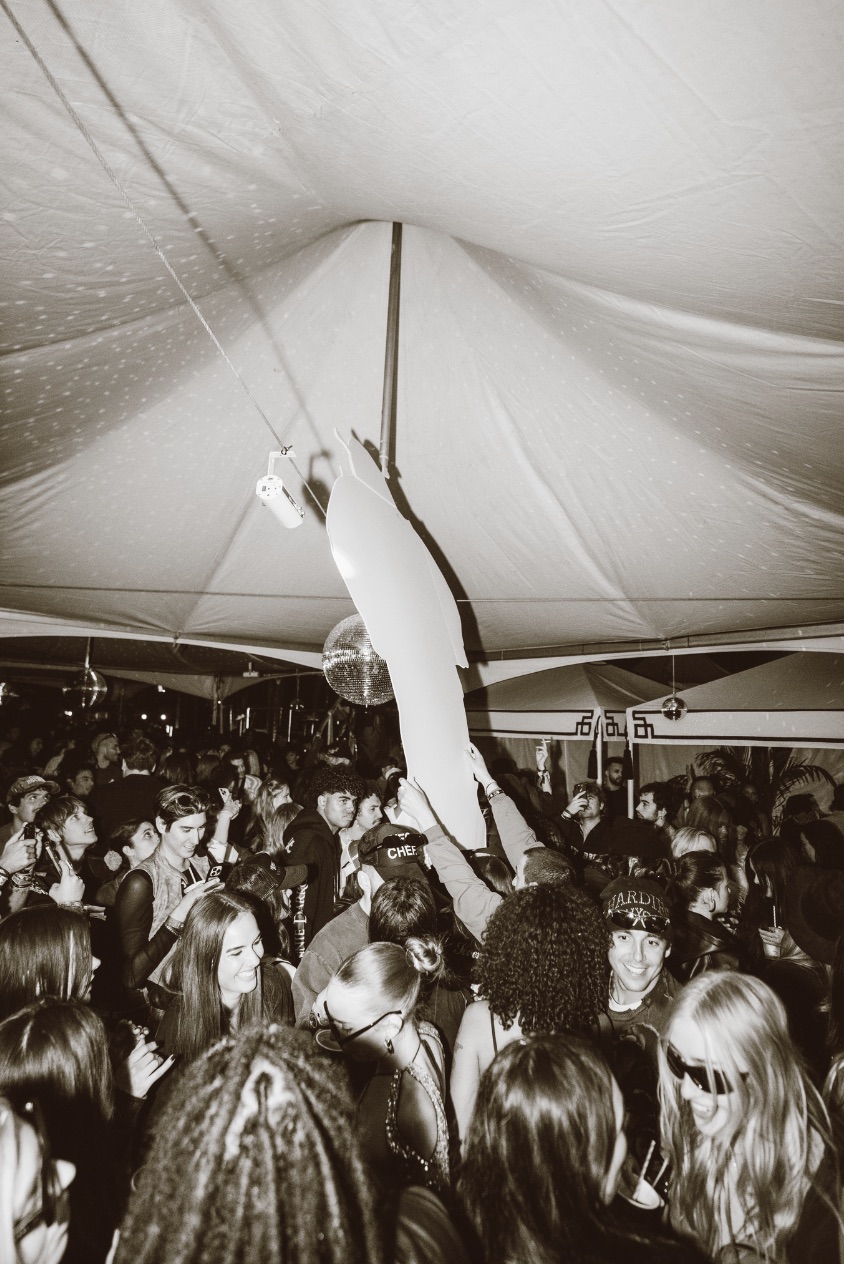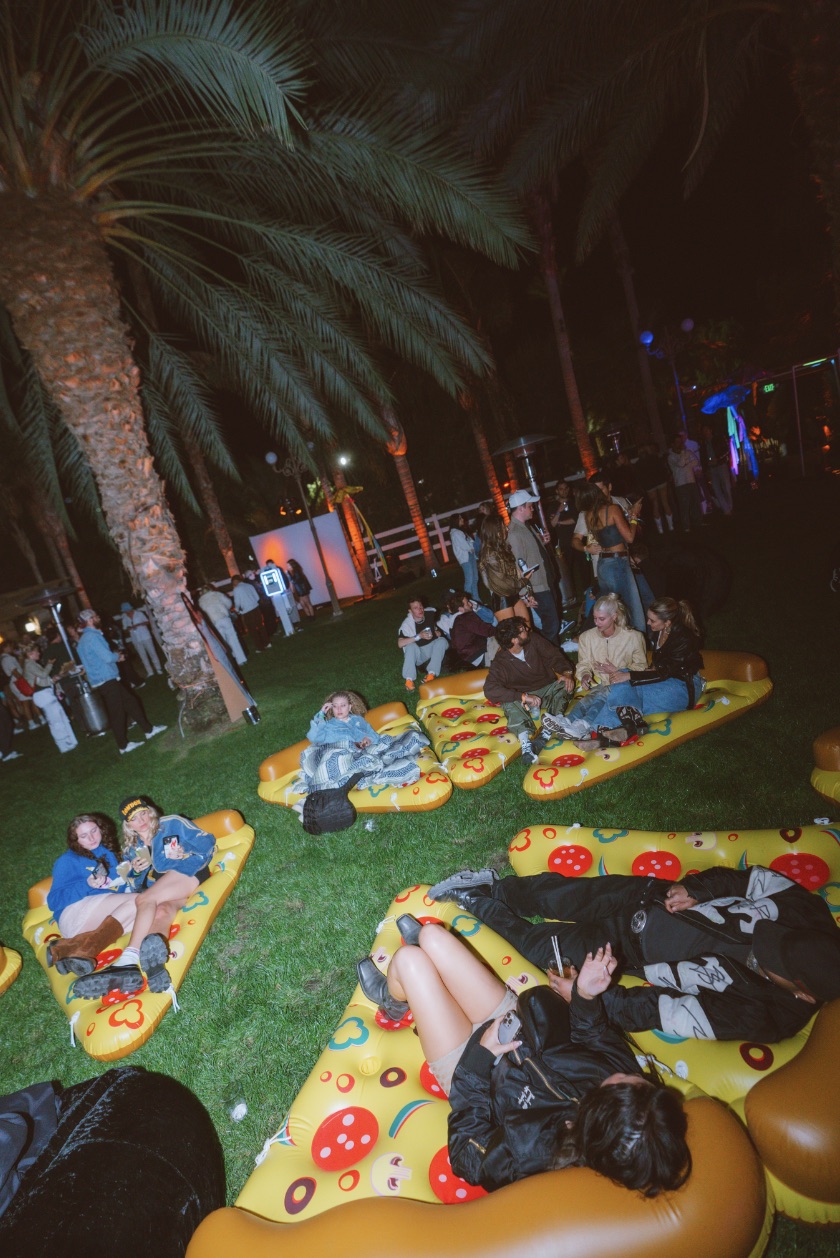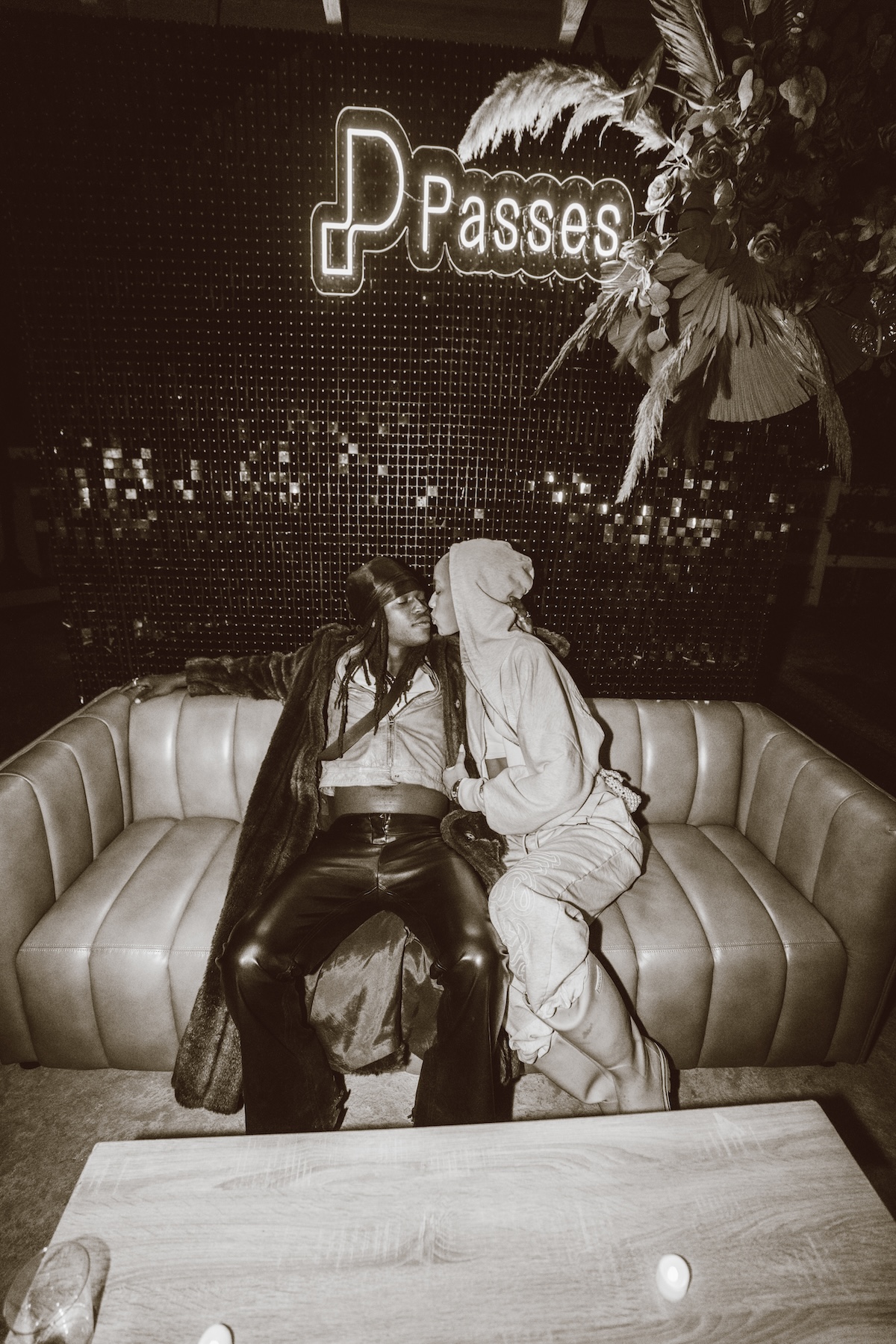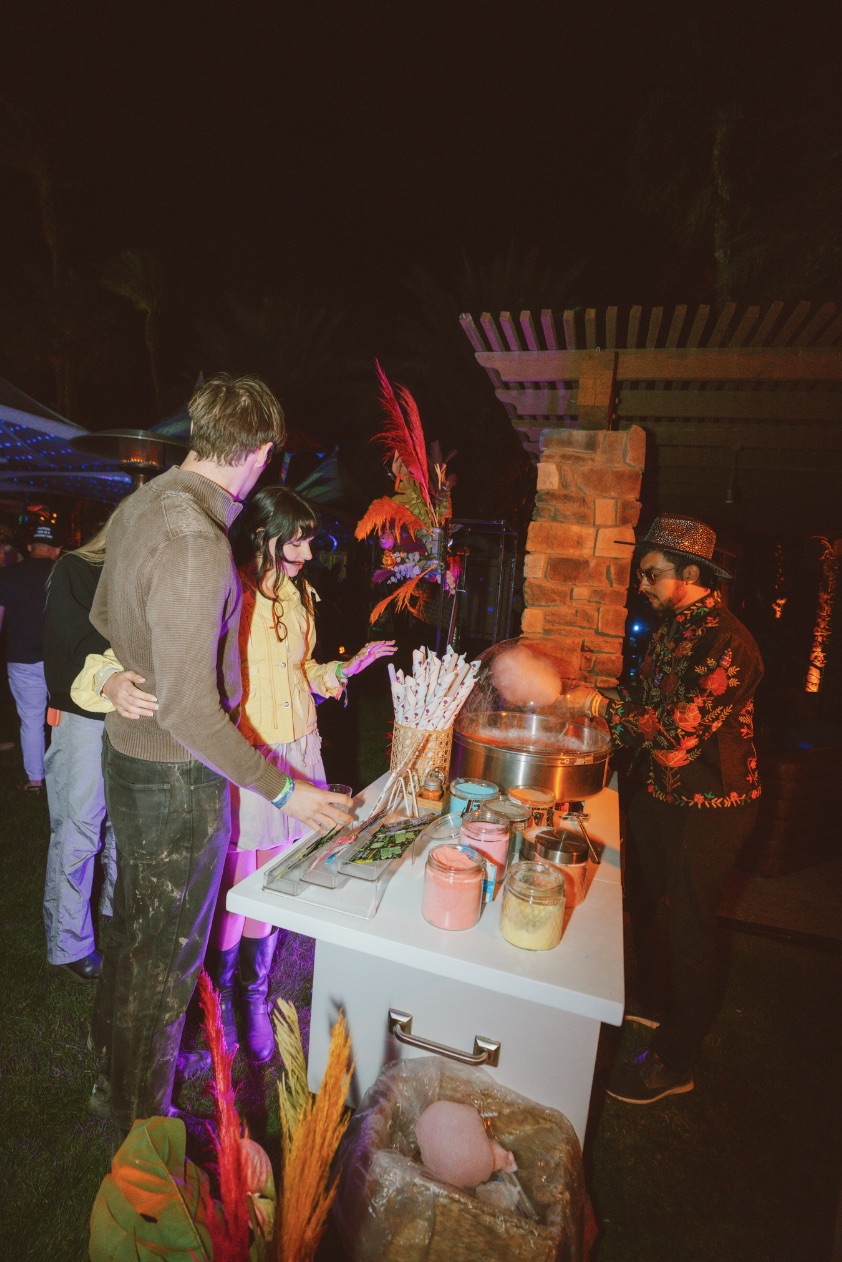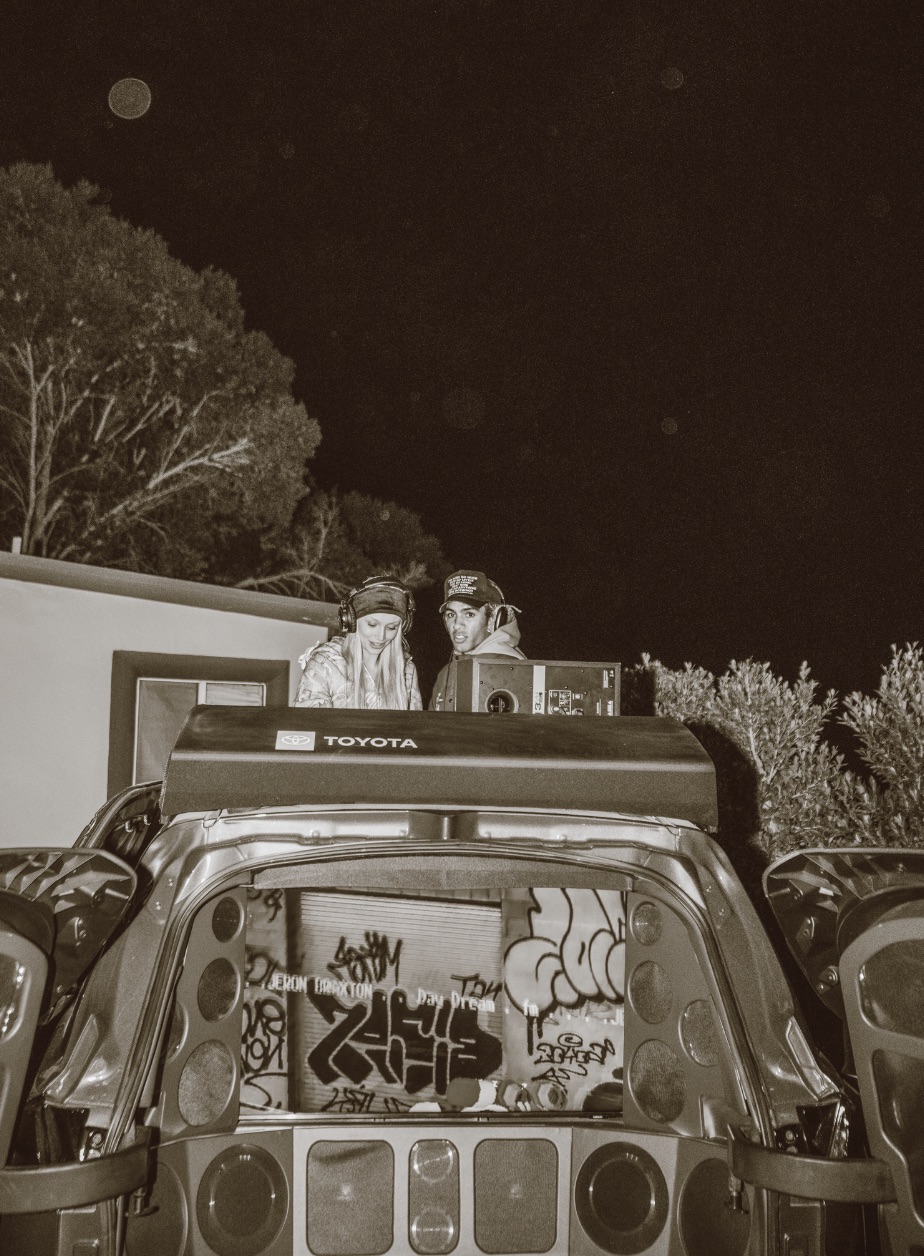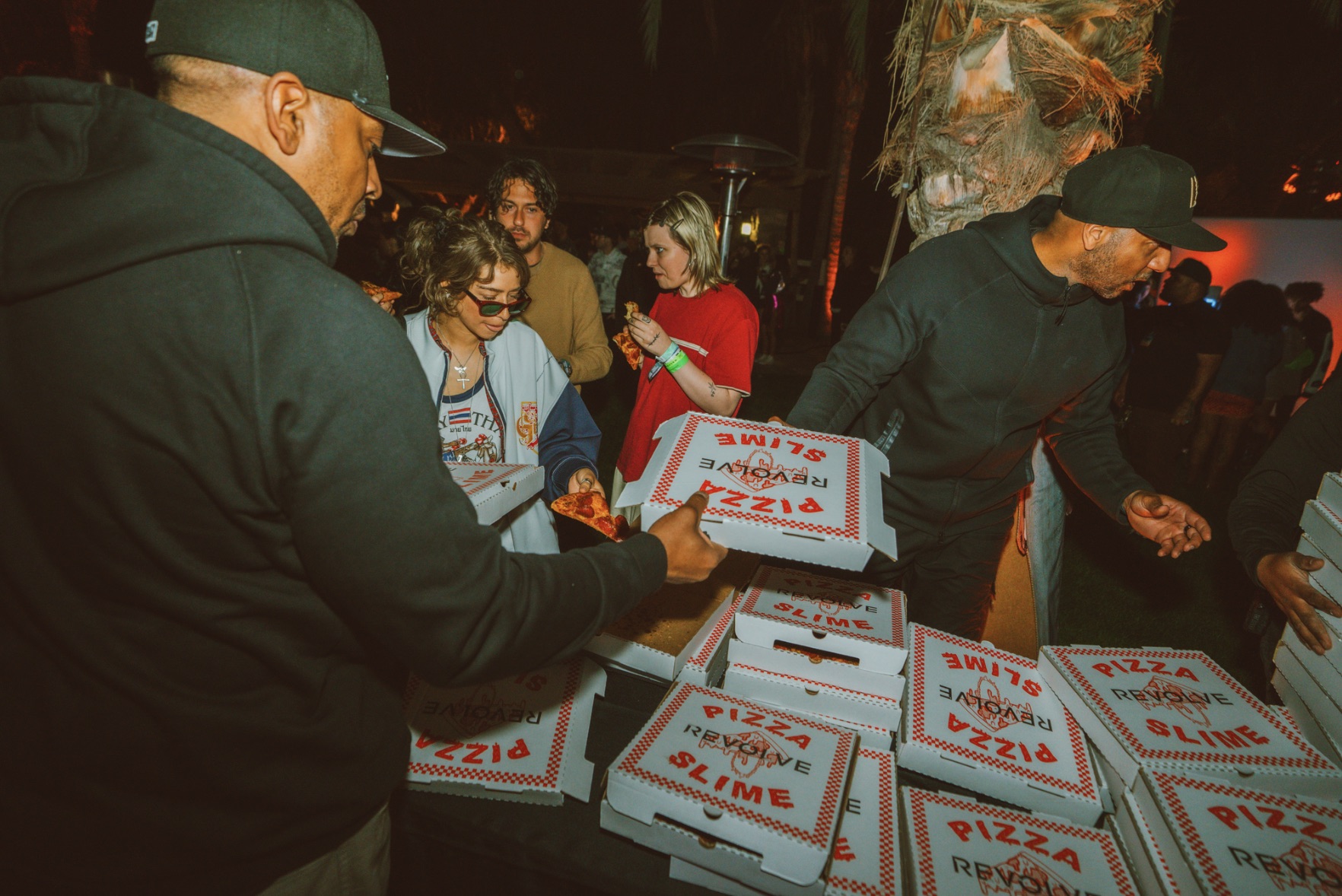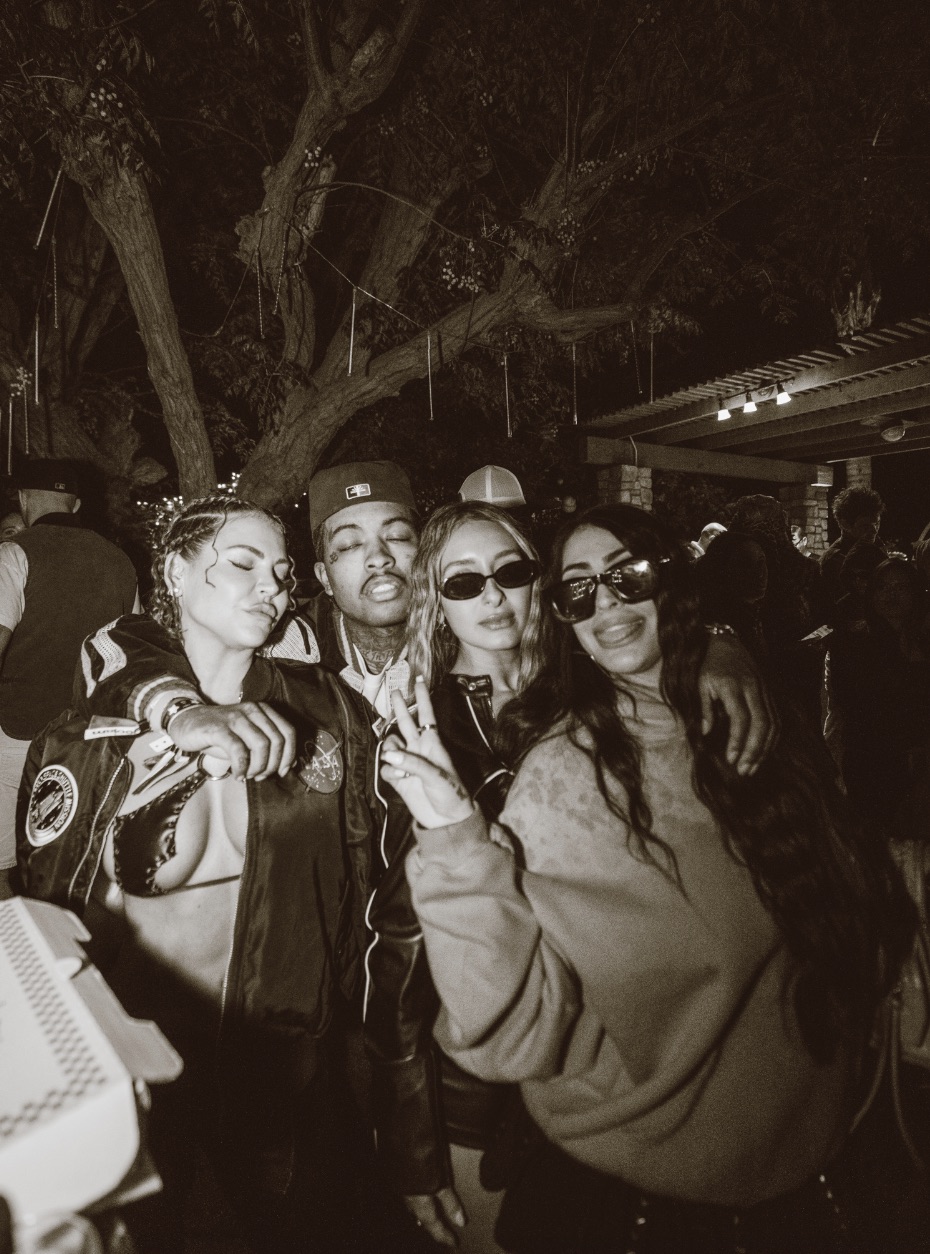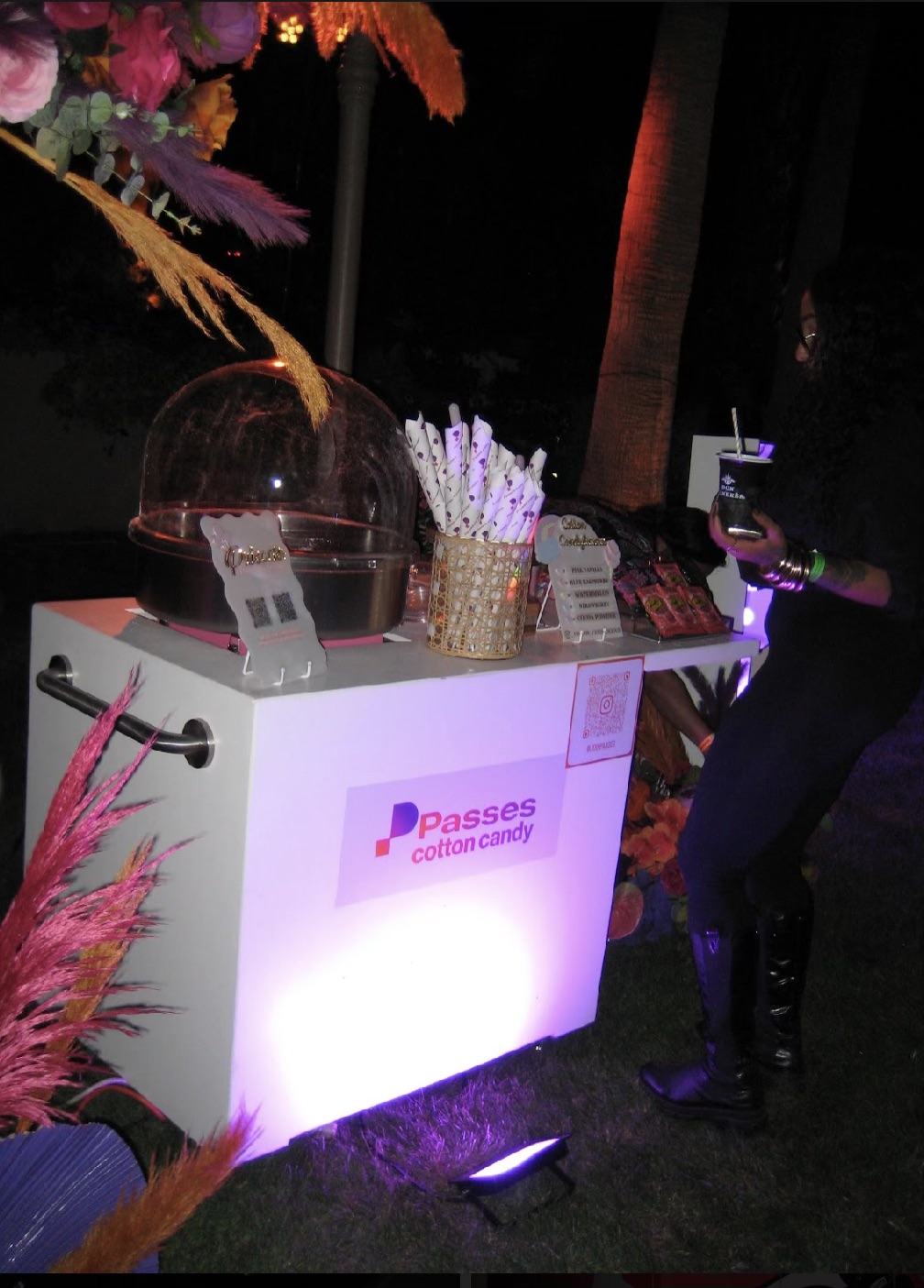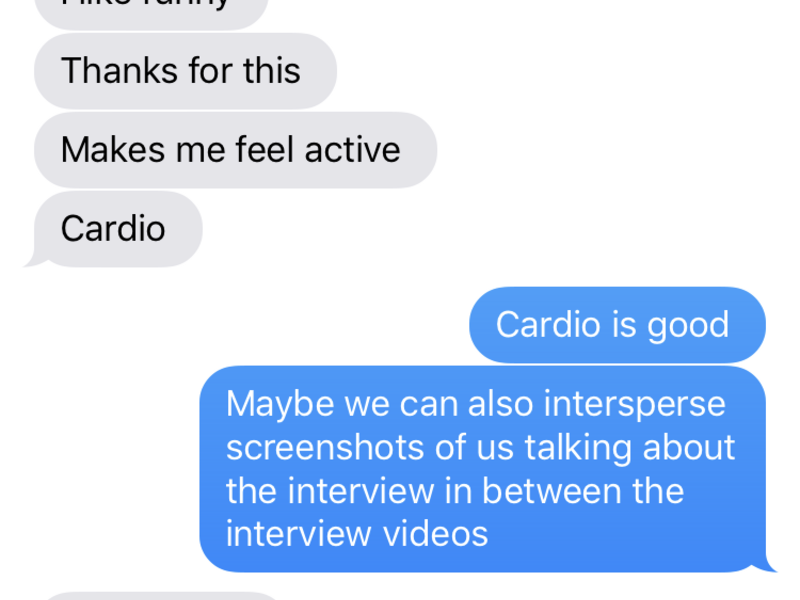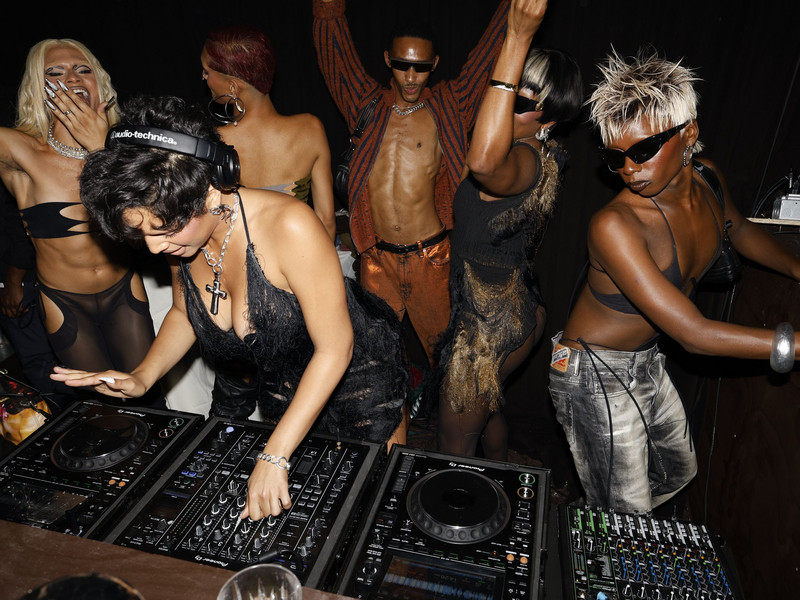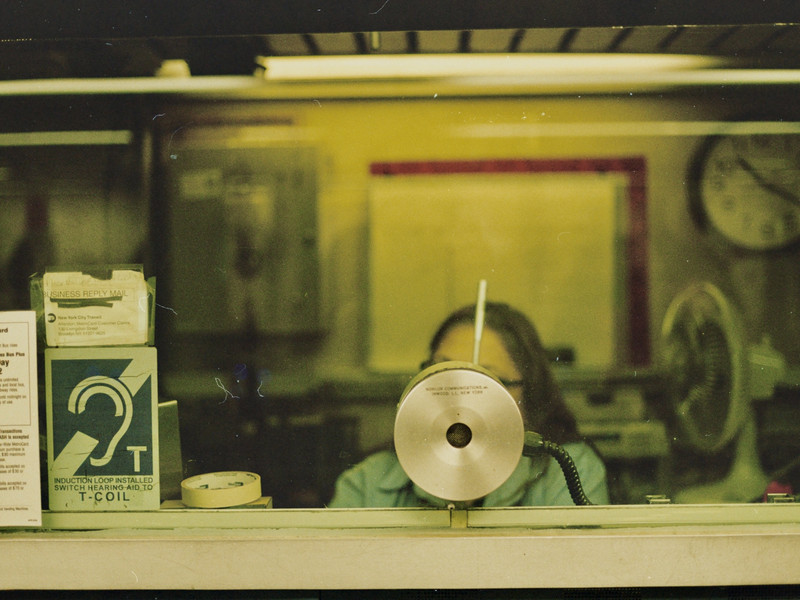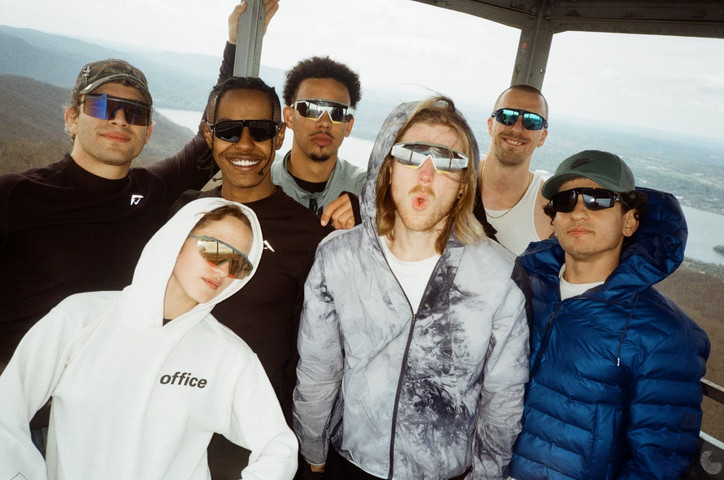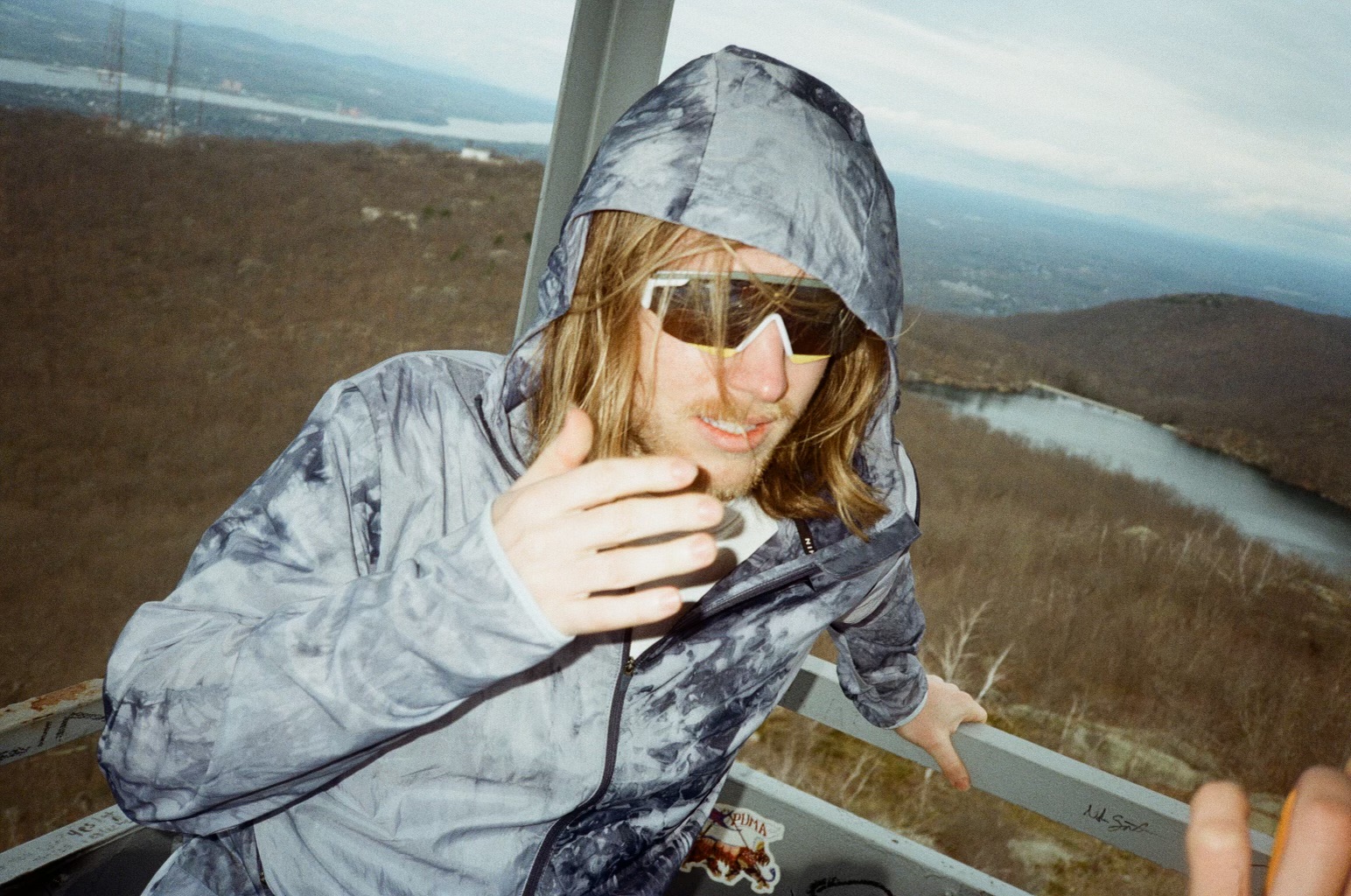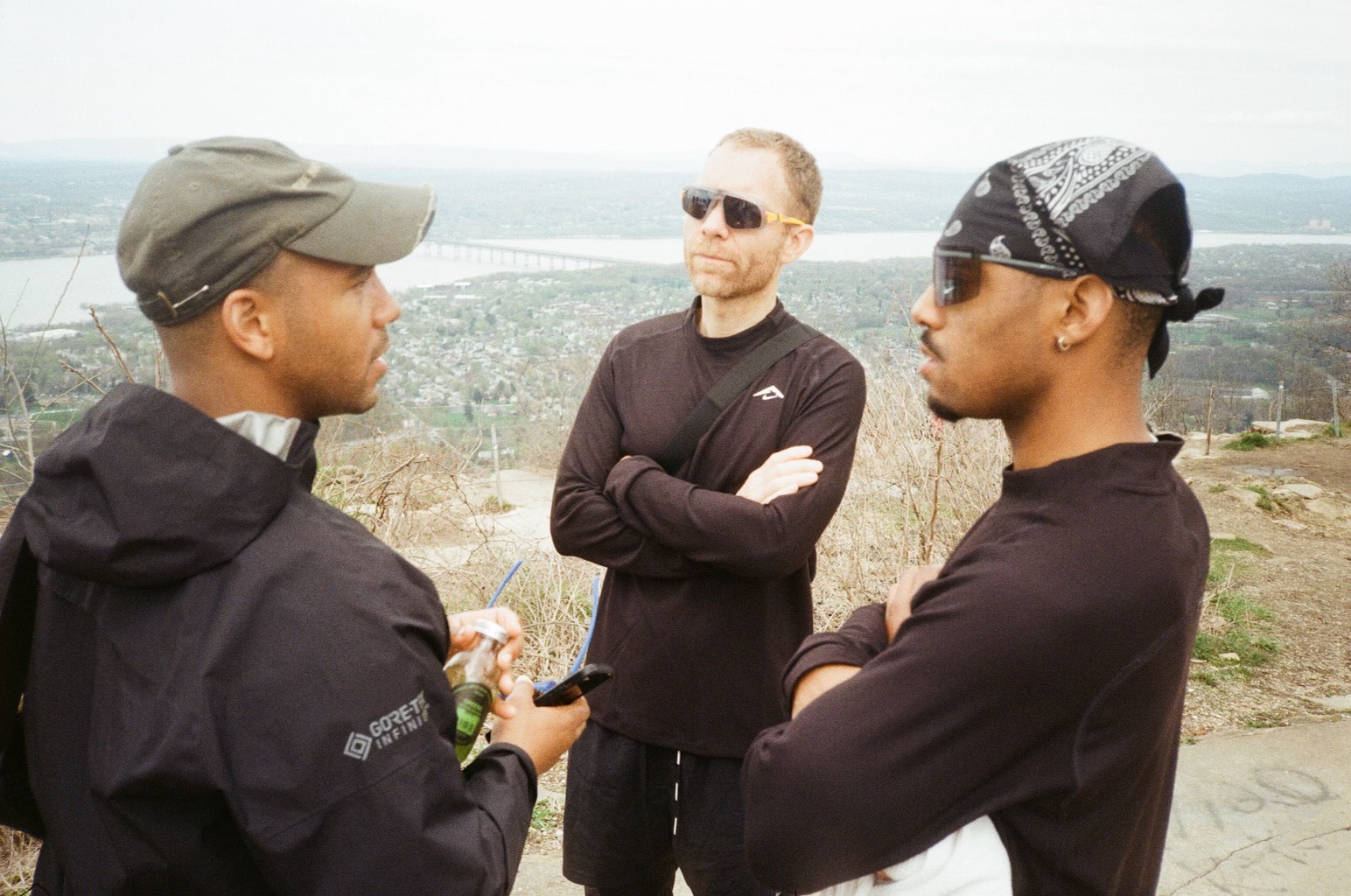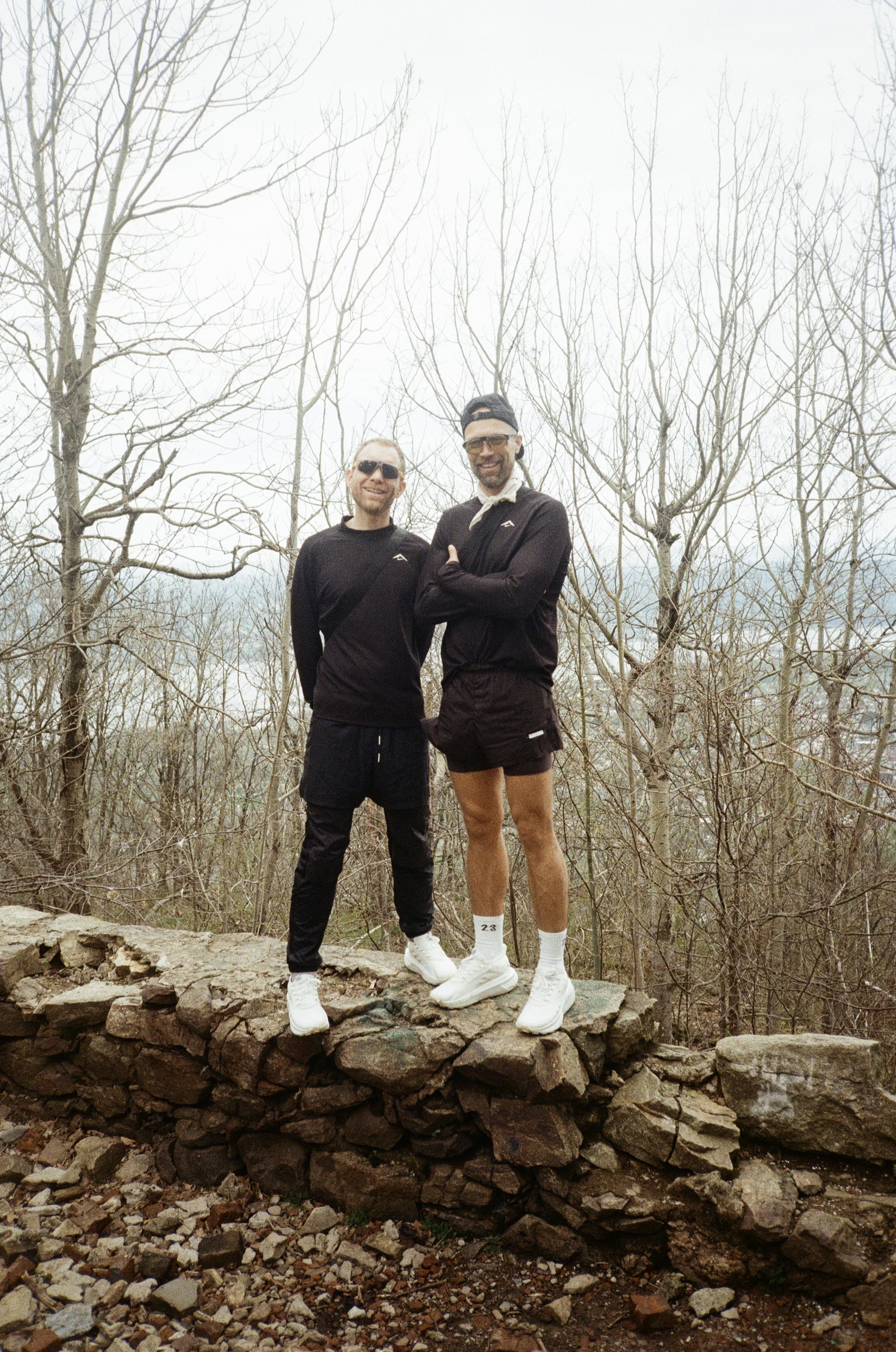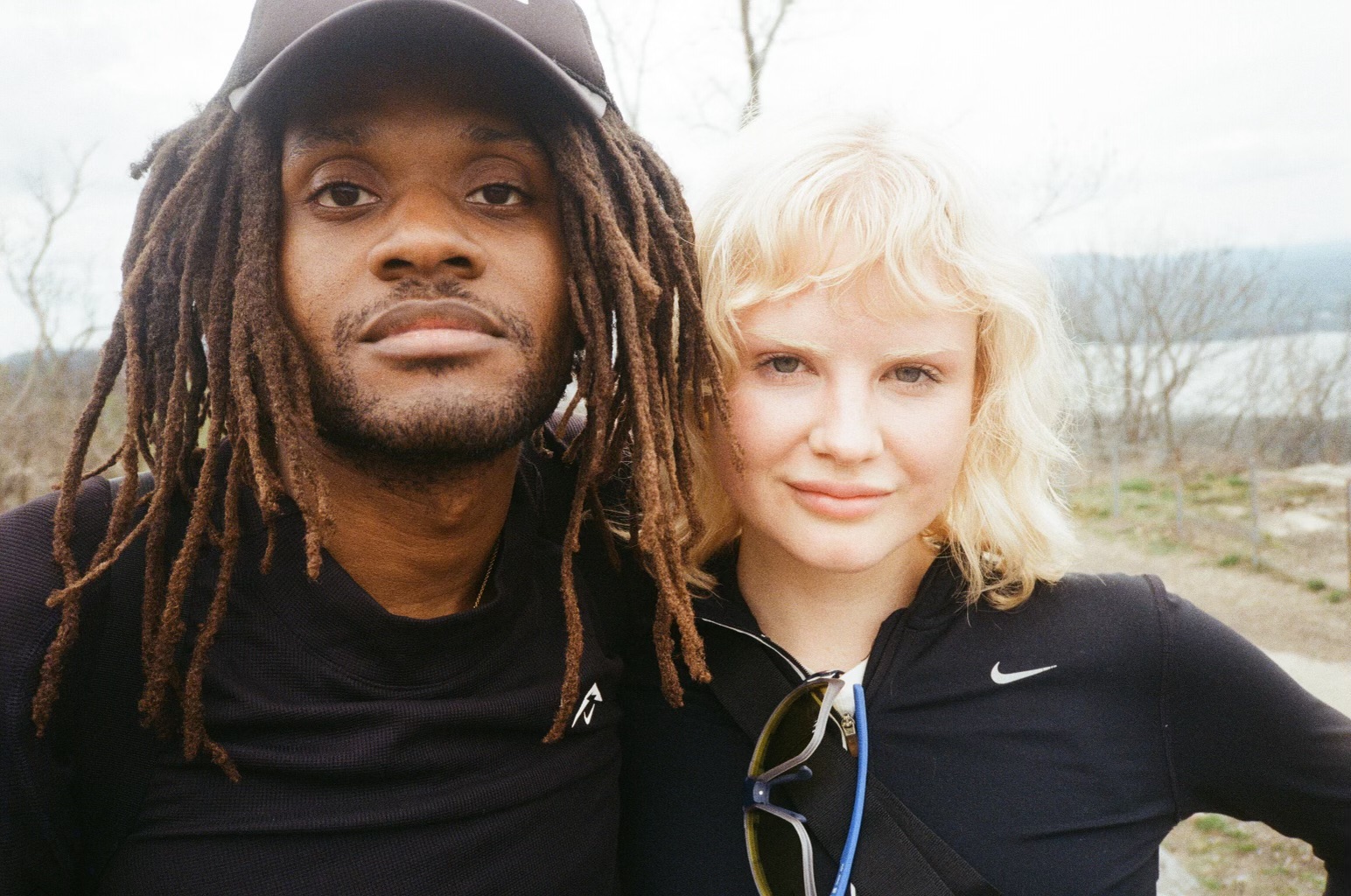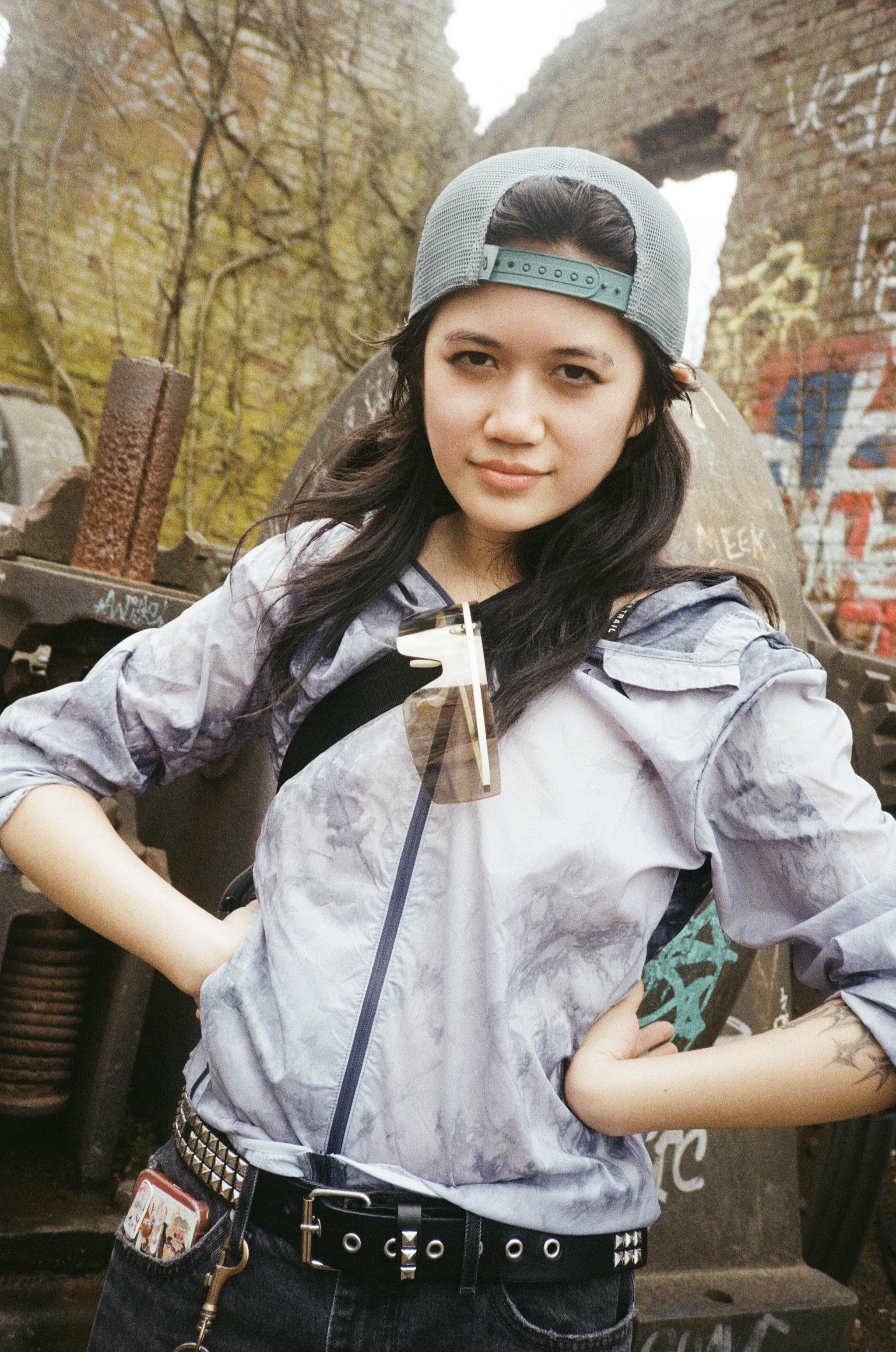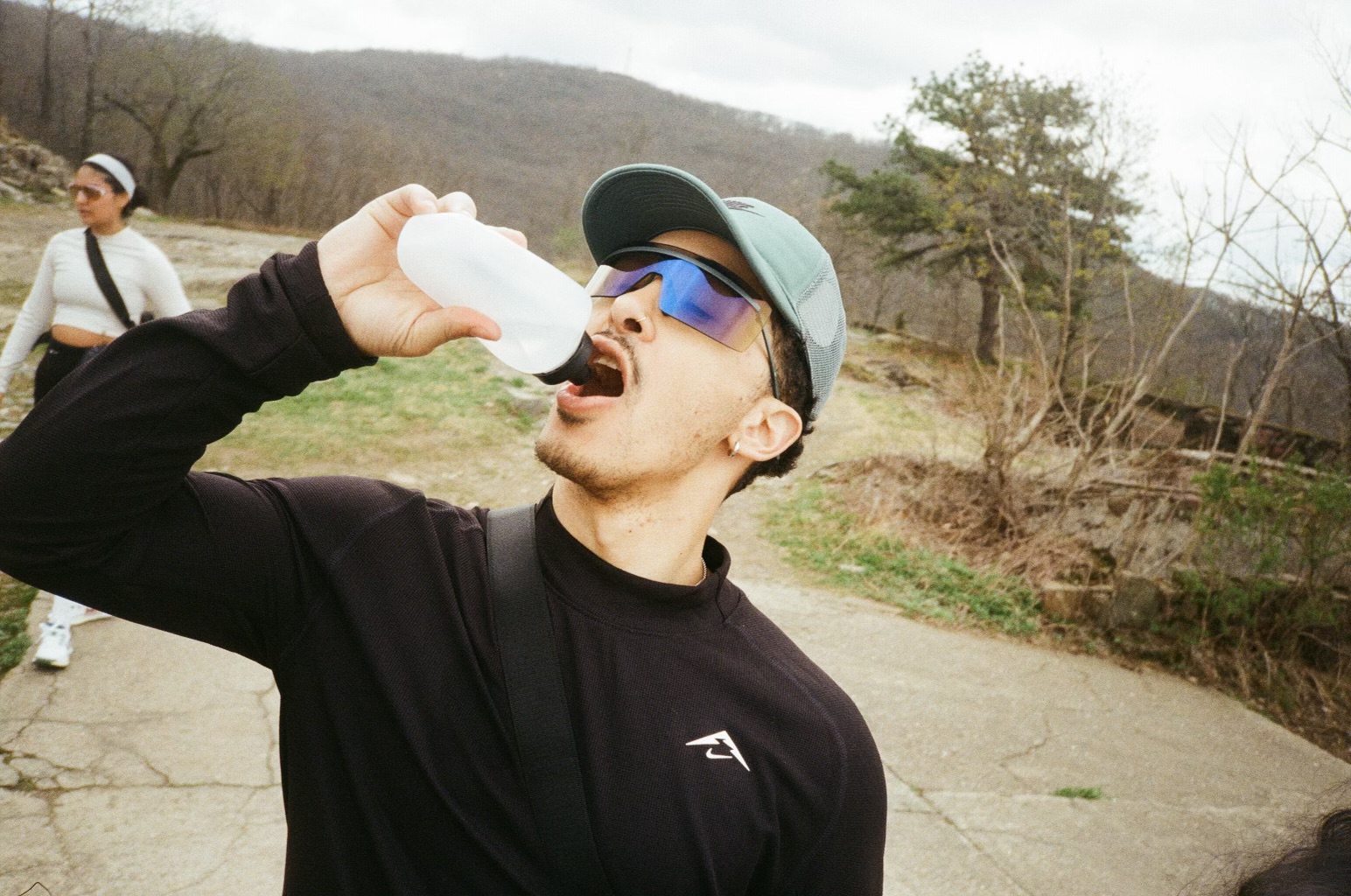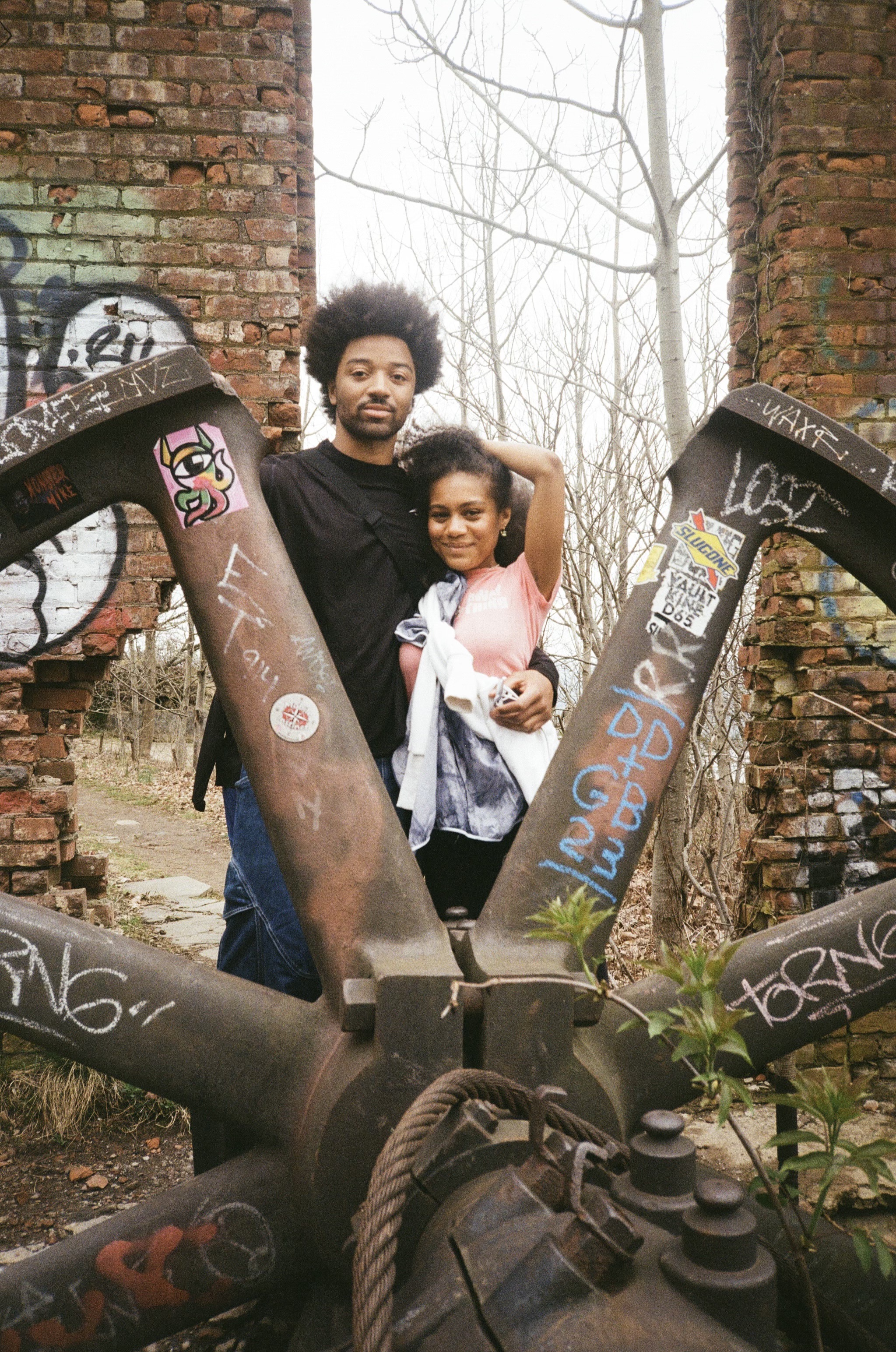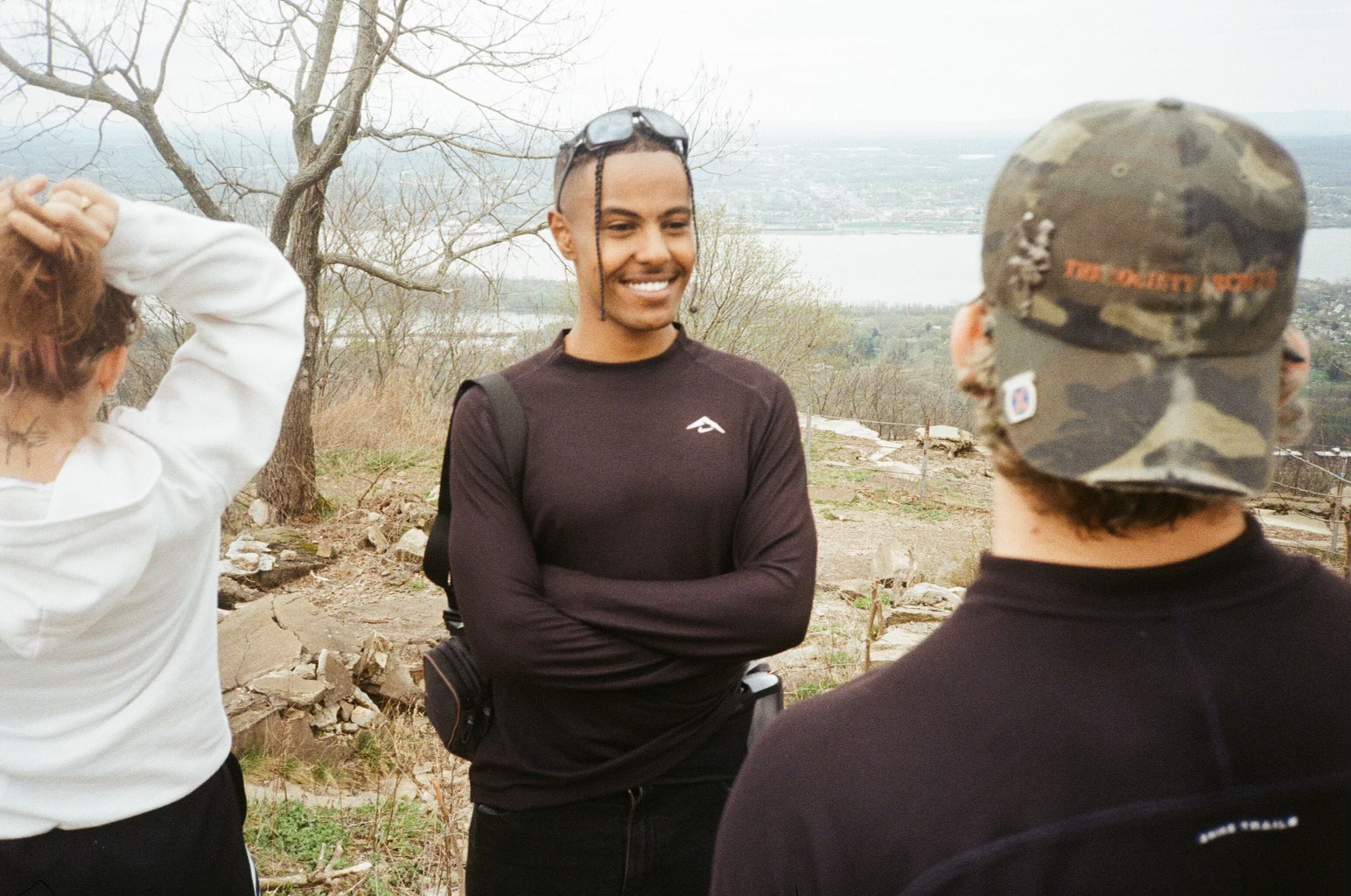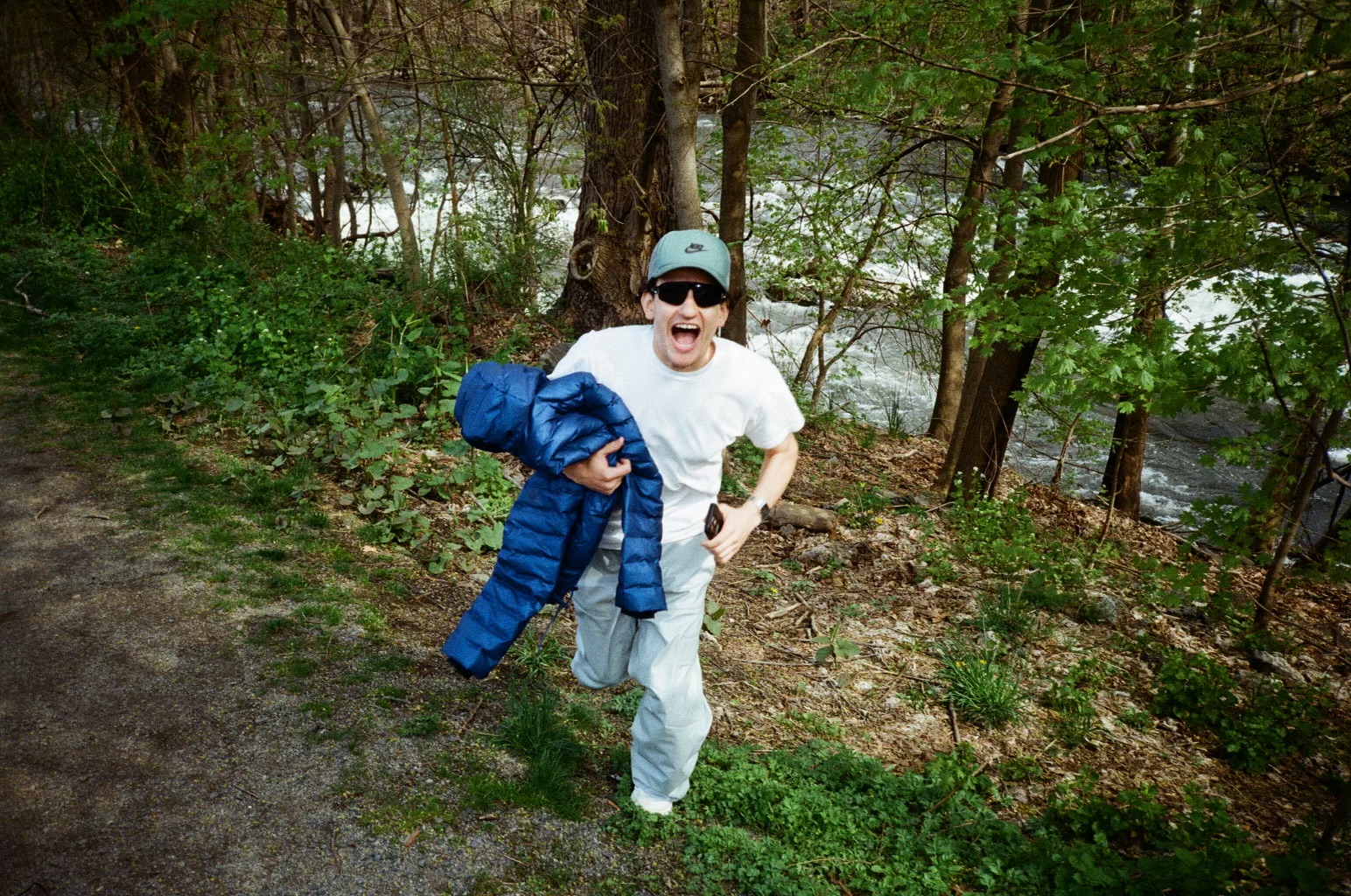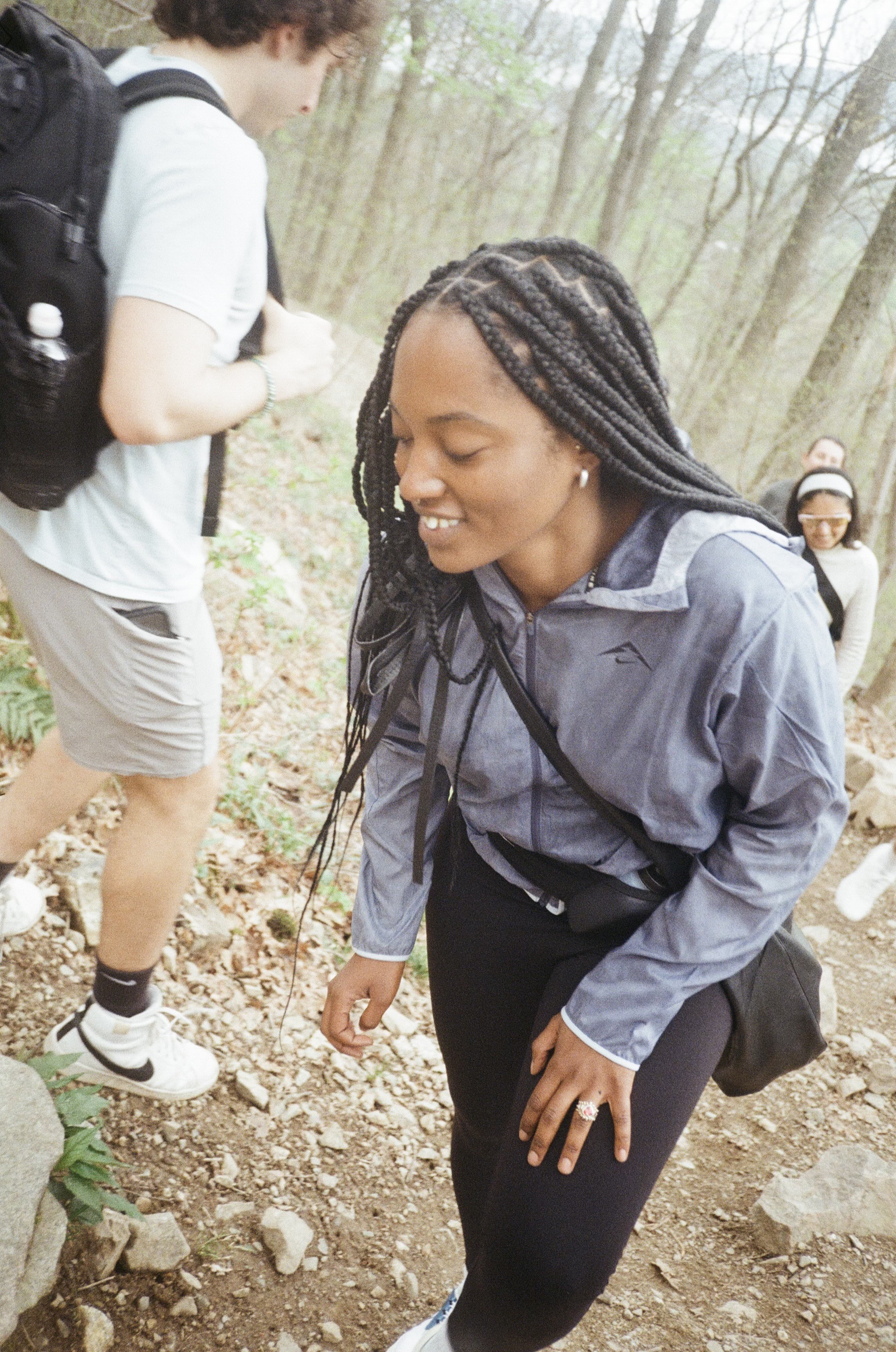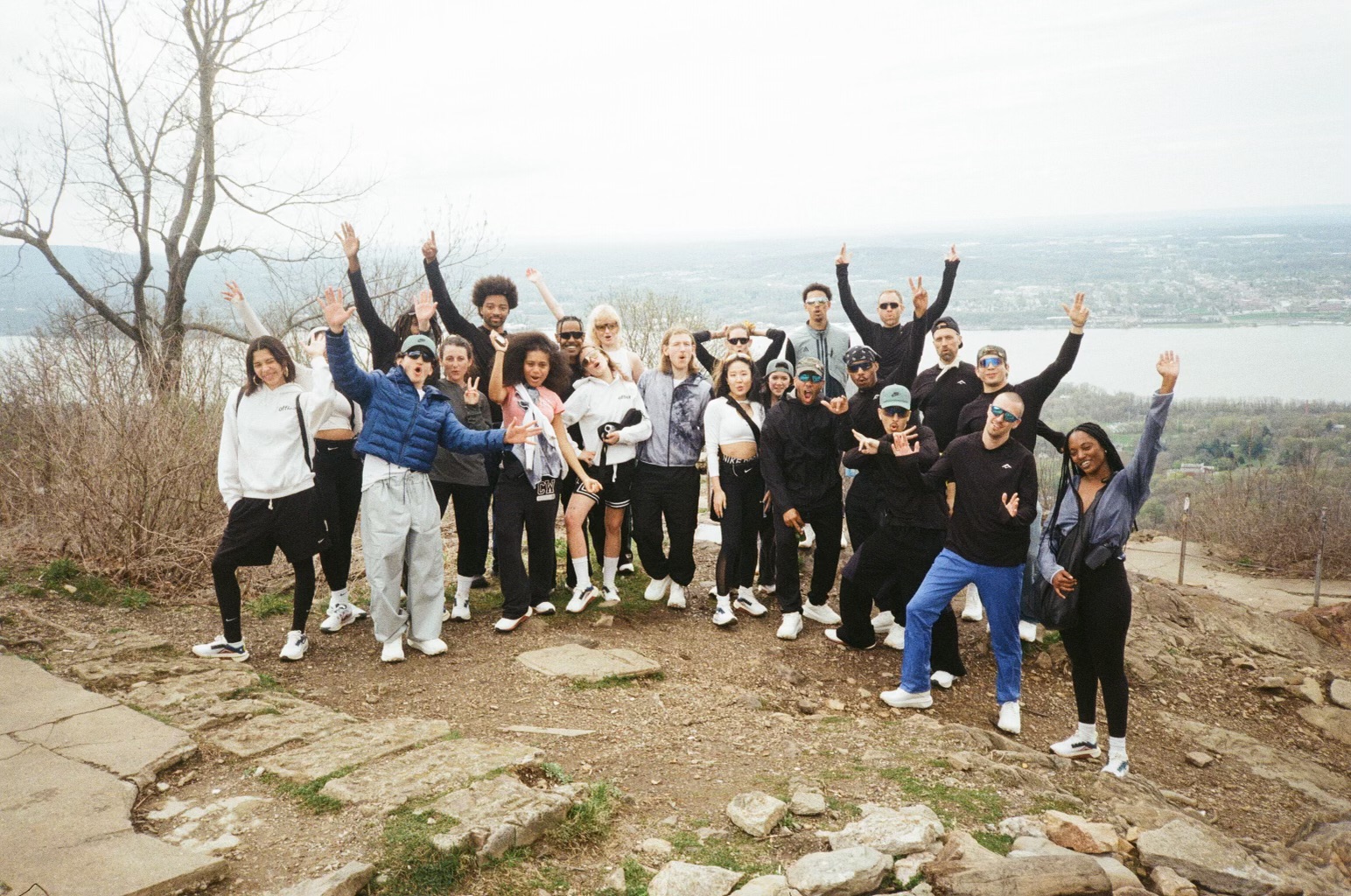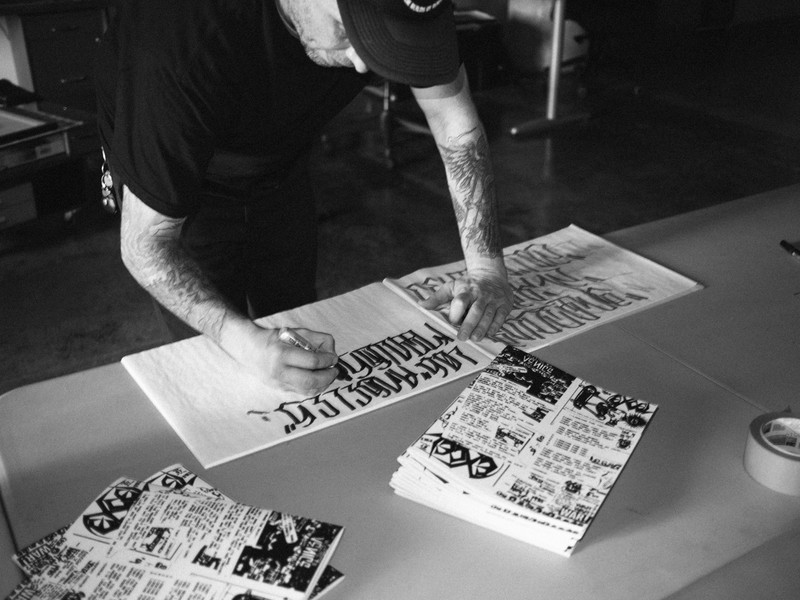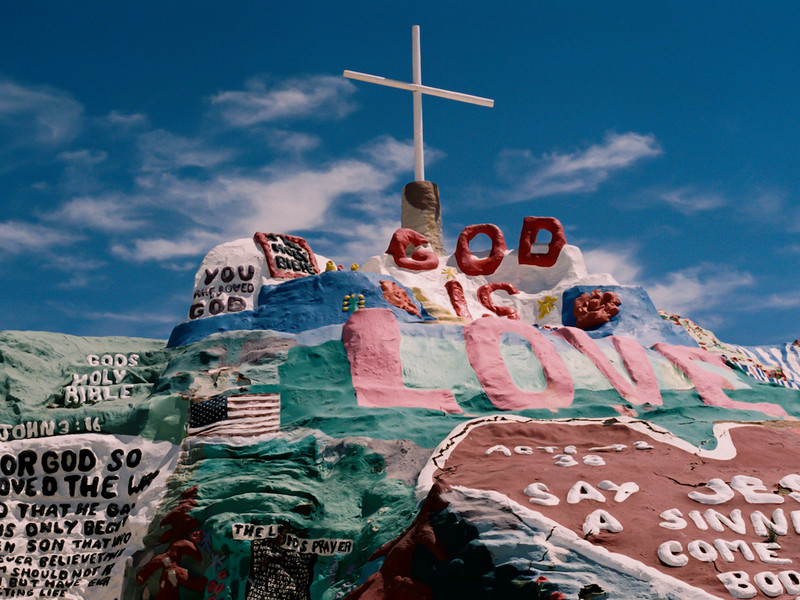Something You Said Last Night
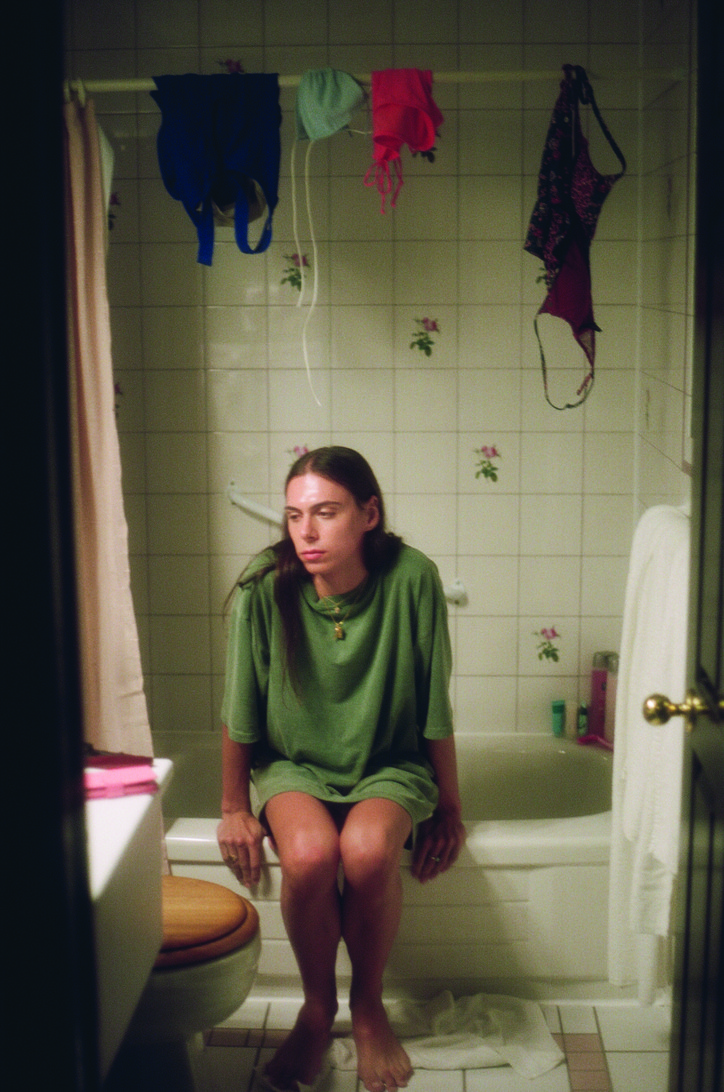
Brigette Lundy Paine— Something You Said Last Night is such a lovely film, I’ve seen it many times now. Each time afterwards I feel untangled. It’s obviously deeply personal, and I'm curious, Luis, if when you began writing the script if you intended this film to leave us with such lightness or if that was something you discovered while writing?
Luis De Filippis— Older drafts of the script definitely feel more somber, every draft got progressively lighter and more playful. My preset is to lean into drama at the beginning of the writing process, when I’m feeling self-conscious or unsure. Then, as characters reveal themselves, I’m able to rely on them more and peel back the drama to find the underlying humor. I’m glad you feel the lightness, I think some audiences completely miss the humor, they see it as straight drama. It’s like they’ve been programmed to see trans people as intrinsically sad, so any story about us has to be taken very, very seriously.
Do you feel untangled, or unburdened, now having made it and shared this film with audiences?
Luis— I felt very untangled and unburdened from the work when we wrapped production, and then again once we completed post-production. We’ve been tangled up in release mode since September 2022 when the film premiered at TIFF, so it has been a year of promoting, but I’m starting to detach.
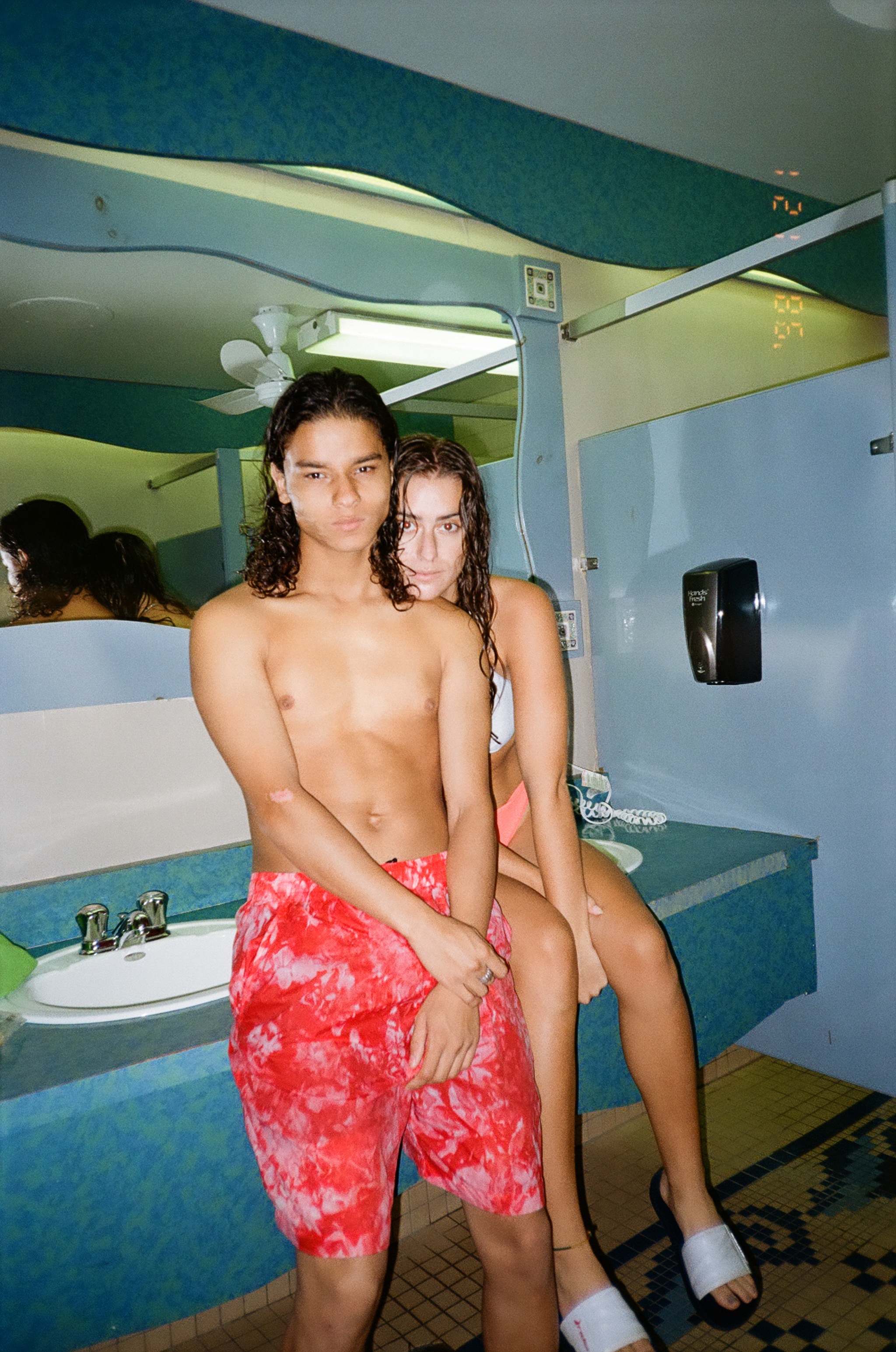
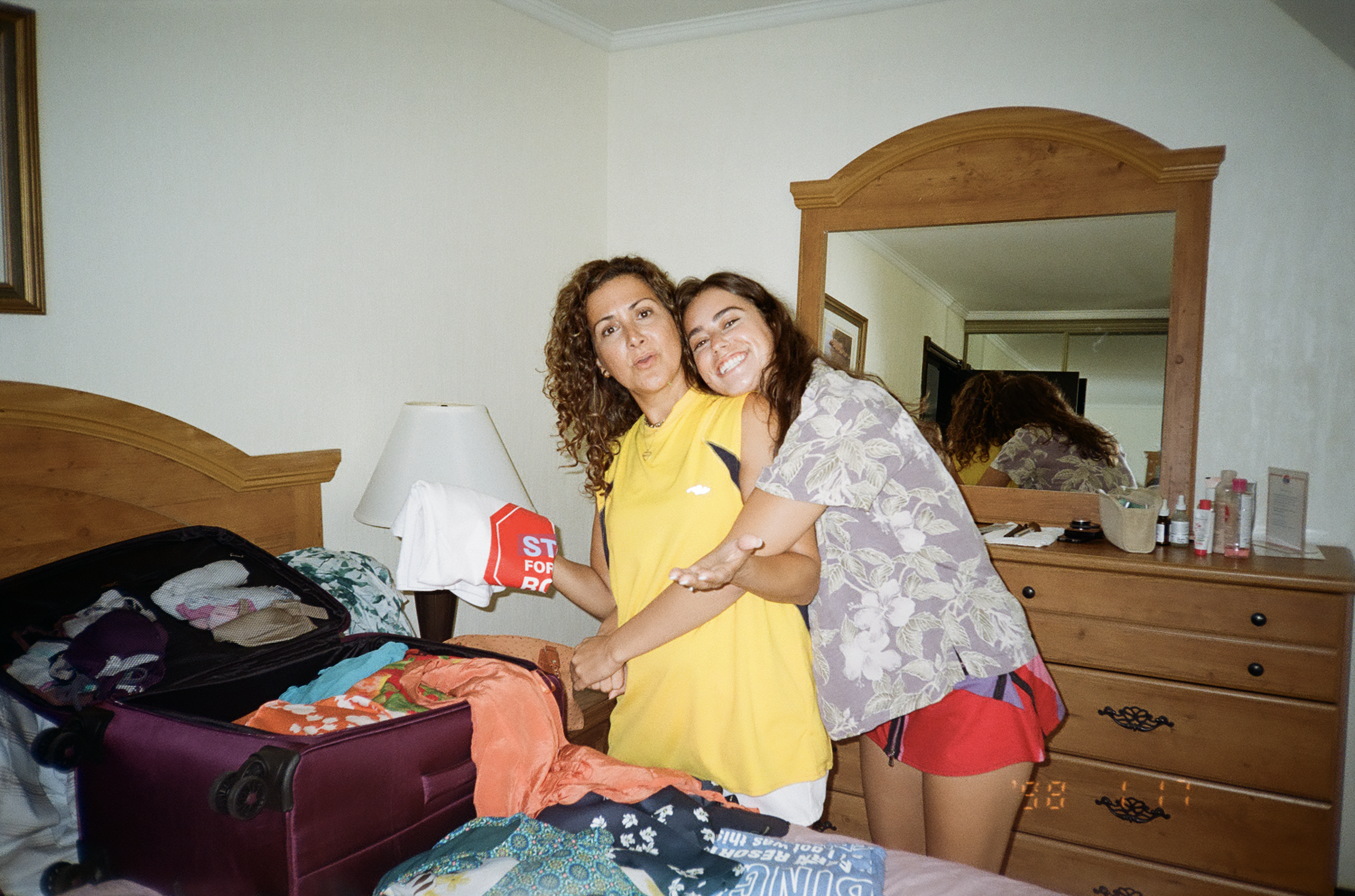
Carmen, the whole film plays on your face, you never really leave the frame. This isn’t a wholly linear narrative. Though Renata does make discoveries throughout the film, we are more catching up with her - seeing what she already knows to be true; these little cruelties and vulnerabilities in her family and those around her. Can you tell us how you worked this sense of omniscience into your performance? Do you relate to her role as an observer?
Carmen Madonia— I definitely didn’t feel like I was an observer the way that Ren is when I first read her on the page. Being with Luis for so long, she has this stillness in her where she’s really good at talking and listening to other people and I feel like I tried to bring that sensibility to Ren. What really excited me about the character was the fact that she was so actualized in herself and so confident. I think the power in her is that she really chooses when to show up in that confidence, in relation to when she sits back and lets other people take up that space, I think that relates to your question regarding the role of an observer - that’s not something I had very much skill in before I started working on the role.
In terms of being on camera all the time, I wasn’t fully aware of how much of it would be focused on my face, but part of that is because I didn’t want to look at any of the takes until the movie was totally picture ready. Watching the film now, I feel so proud and at ease seeing it. I think part of that omniscience is that we’re watching Renata react to a very detailed world. Luis’s script is so specific and so definite but it’s not cluttered. It’s edited and pared down. So over the year that I had with the script I got to notice the details that we see Renata noticing on set. I think her experience is really in the nitty gritty which Luis put in the story, those observations helped both navigate and tell the narrative.
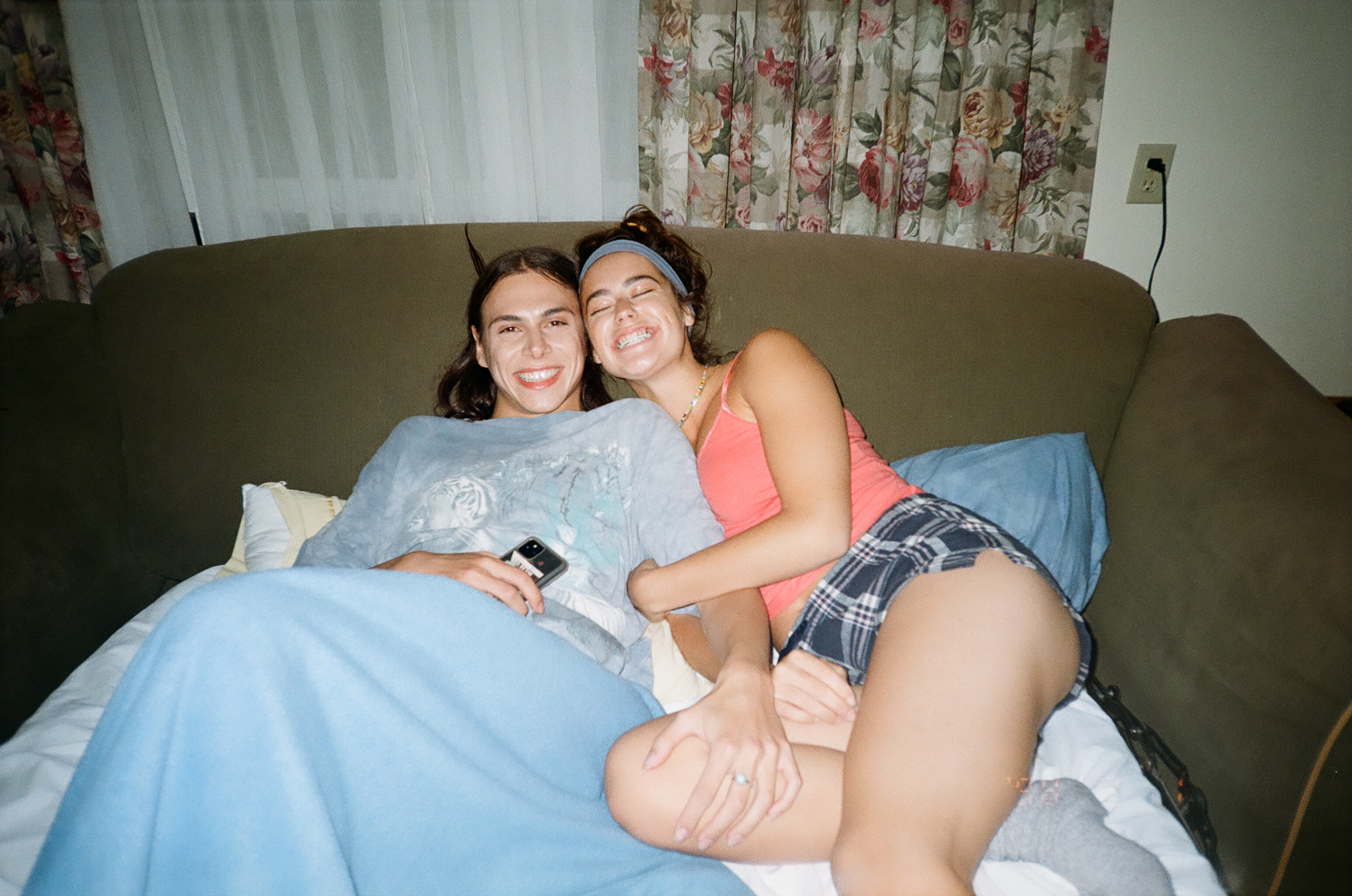
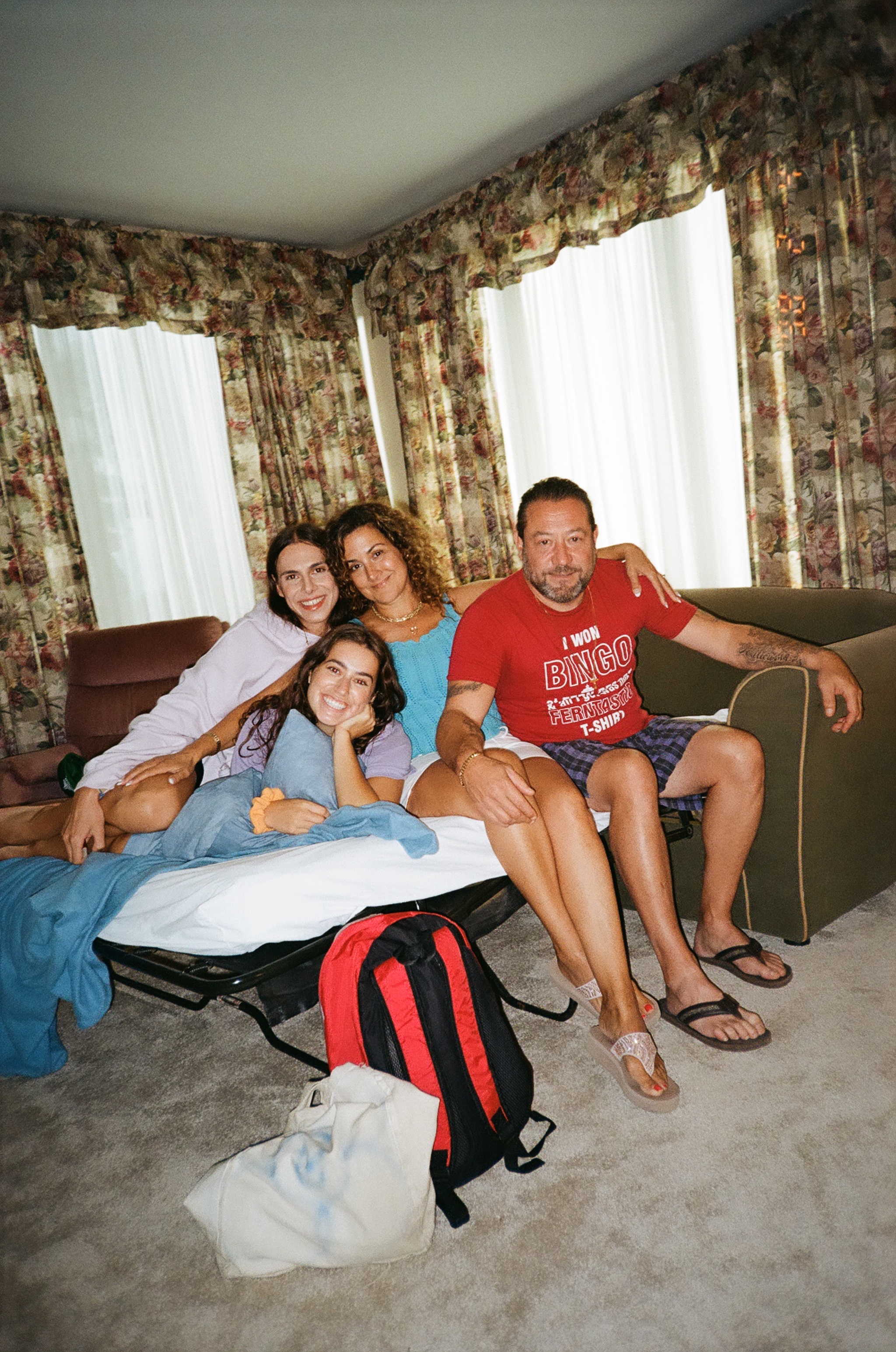
The film starts with Renata digging in her bag for her vape. The vape is a huge part of this character's storyline, sense of self and how she relates to the other characters. Talk about the vape as a narrative tool. What does it represent to you, both in the film and personally?
Carmen— Personally the vape is like a necessity, I always need it and I feel like Luis saw that and saw me reaching for it after every take when we were in rehearsals and she incorporated it into the story. For me it is such a tool to express Renata’s self outside of her family and away from her family and her need to hide certain elements of herself. It’s a constant reminder that Renata can’t show up in all of her mess in front of her family, or she feels like she can’t.
What is your favorite flavor?
Carmen— My favorite flavor is good old tobacco. Renata’s flavors were all summer-y and fruity, and the favorite one we had on set was the watermelon one. My least favorite was the mango, it was really bad.
Both the vape and the phone are extensions of the self in this film - Do you think we can go back to making realistic slice of life films without these artificial limbs?
Luis— I think it depends on the character. For younger people, phones, and vapes are a sign of the times. If the film was about Mona or Guido, Ren’s parents, it probably wouldn’t be such a vape heavy movie. Looking back at slice of life films from the past, there seems to always be some kind of material object that anchors a given character to their time. I’m thinking of work from the 70’s - cigarettes were wedged between everyone’s fingers, or dangled from their mouths. Addiction isn’t new, it’s the human condition to be addicted, what changes is the object we’re addicted to.
Each of the characters in the film have moments of reckoning with their image. Both Mona and Sienna are extremely anxious dealing with their reflection in the mirror and in photographs. And Guido, on his birthday with the card Renata draws for him asks, “Is that supposed to be me?” Can you talk about what the character’s self images say about the culture and the world of this film? How did you find the moment with the birthday card? It’s so brilliant.
Luis— I’ve never admitted this to anyone, because no one has ever asked — but that specific moment came from my life. My family has a tradition of drawing each other birthday cards, we never buy cards for each other. And one year I ran out of time and quickly did something for my dad’s birthday and drew him with glasses — even though he hadn’t worn them in years. When he pointed it out I felt like shit. I had this image of him in my mind’s eye and had completely forgotten about the man standing right in front of me. The whole film is about these characters making assumptions about each other and failing to see the person standing in front of them.
I think we can be so busy and obsessed with our own image, I mean, we’re looking at literal images of ourselves everyday - which is unnatural. Because the self takes up so much space in our lives now, maybe we don’t have as much time to really take in other people, so we lean into the general sketches we’ve made up for them. Perhaps our curiosity of other people is fading and ironically, it’s leading to our own alienation? I don’t know, these are just theories. But what I loved about working on that birthday scene was when I spoke with each of the actors separately, each of them was convinced that their character was the victim in the scene. That’s why it works so well.
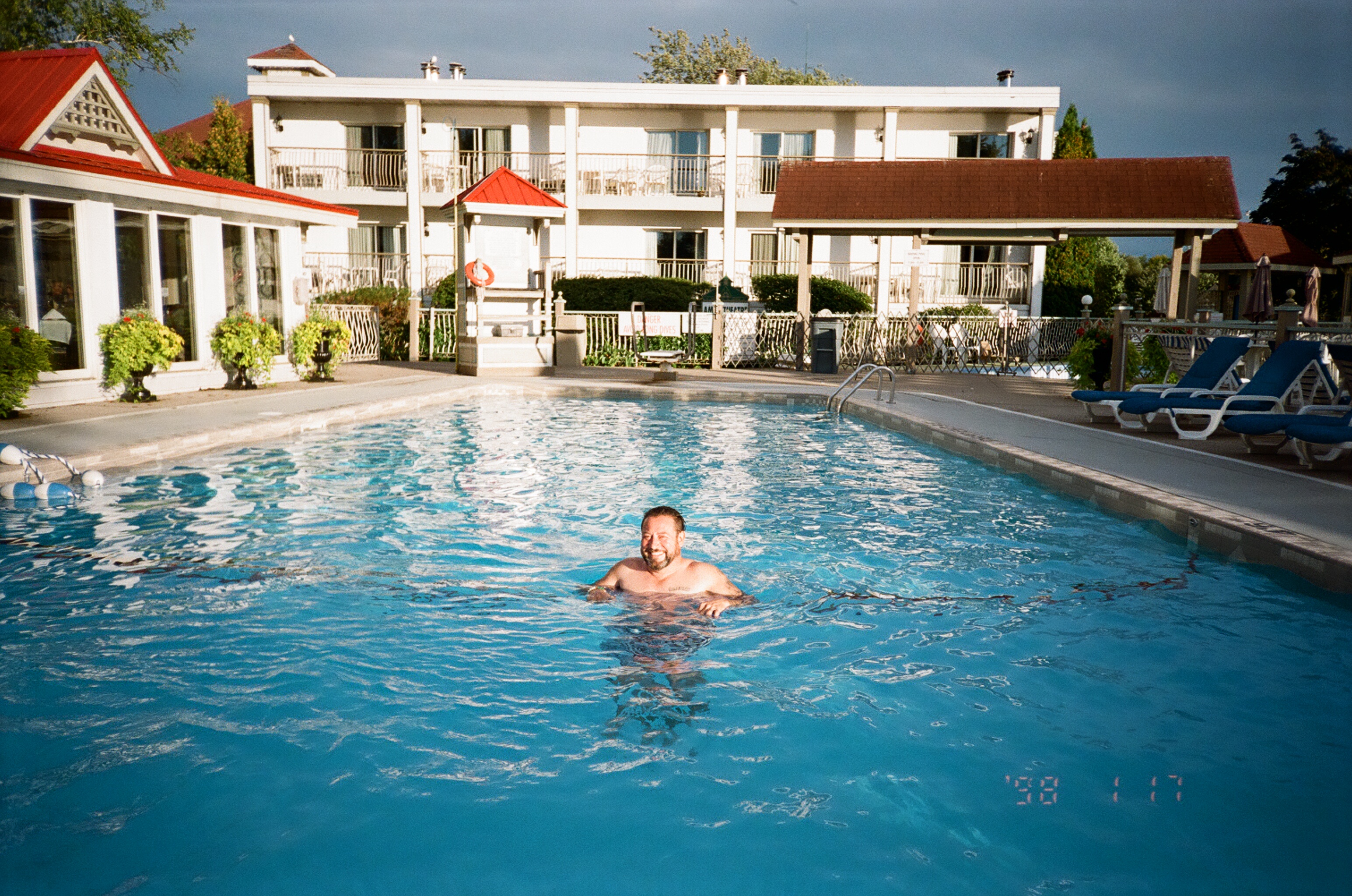
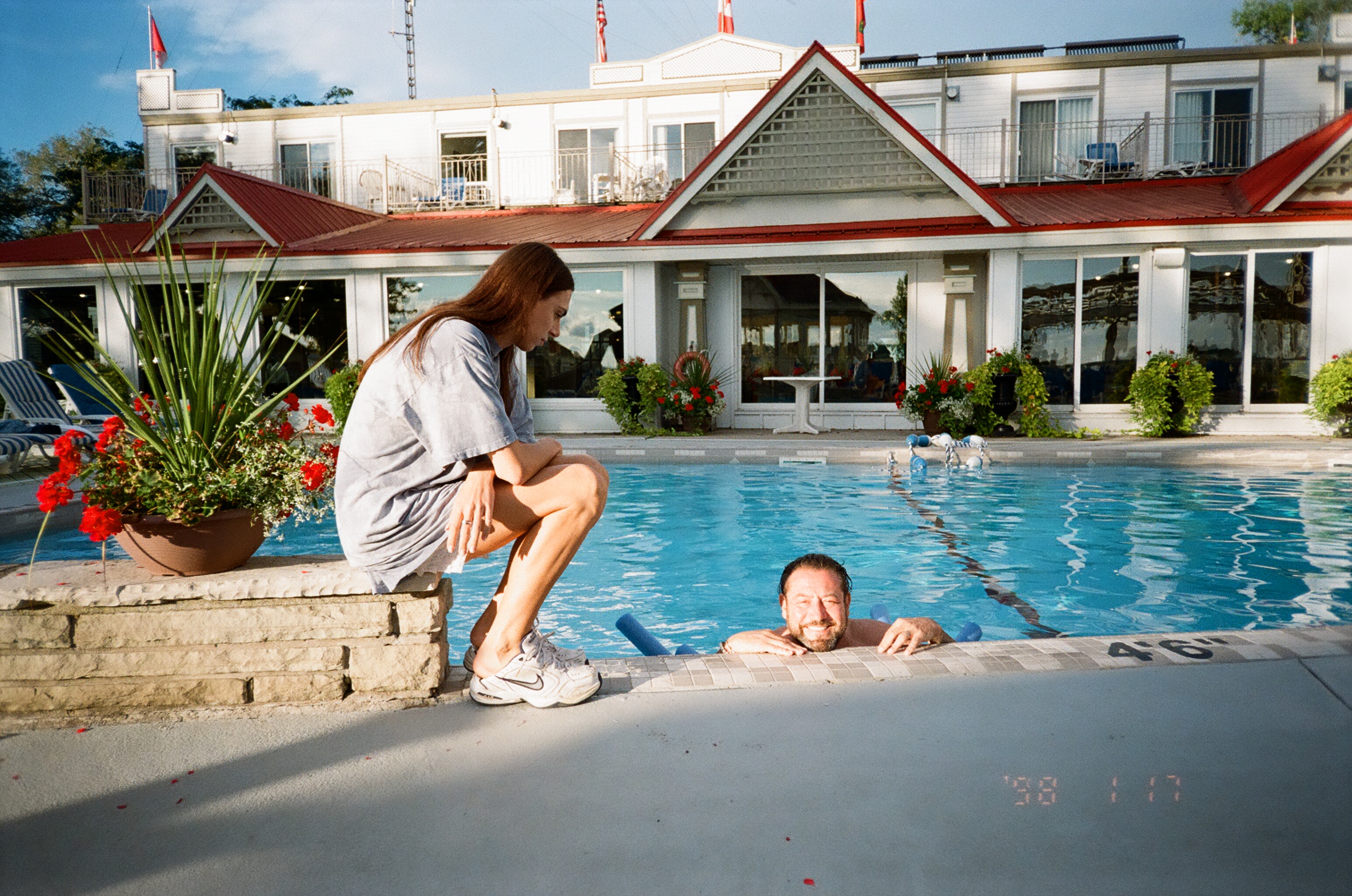
Let’s talk about the stillness, that is probably my favorite part of this film because it feels so healing. I’m thinking specifically of the moments when Ren is alone, and at the end of the film when the family has left the resort. Luis, as a filmmaker, how did you communicate this language of time to your cast and crew? How did you develop this sense of gentleness within yourself?
Luis— I easily feel quite scrambled if I don’t take time for myself. I am constantly taking in, so I need moments of solitude to sink back into myself. I think this translates to my work. When Renata is most at peace she’s usually by herself, or she’s sharing a quiet moment with someone she loves. She’s settling into the moment.
When I’m on set I always feel this pressure to call cut once the main action has played out and things get quiet. But I’ve realized that when you watch something on a monitor screen it feels much longer than what you actually have once you get in the editing room. I usually play this game with myself: If we get the shot and I feel the urge to call cut, I count down from 20 and only call cut once I reach zero. We almost always end up using the full take.
At first the crew questioned the style we were shooting in — we didn’t shoot coverage, everything was very specific and we only rolled on what I knew we would need in the edit. The nature of shooting on film means you have to be incredibly clear and precise — I love the pragmatic film forces of the creative process. But I remember everything changed when we filmed the birthday scene. At that moment, it felt like the crew understood what we were actually portraying, and from that point on everyone leaned into the silence and stillness and weirdness.
Renata is without defense in this film. She has no money, no weapons (other than the destruction of property which she satisfyingly uses on Sienna’s phone and that asshole boy’s clothes). It makes for a character that is both completely free and completely trapped. What was it like working with each other to develop this contradiction?
Carmen— Honestly I think it’s a truth that a lot of people, a lot of 20 somethings, know. For me, it was so exciting to tell a story that felt so authentic to me in so many ways. Being the person who shows up in every space and wants to portray strength and individuality, but at the end of the day is really desiring protection and security. My favorite scene that shows that is when they’re having breakfast and Renata takes money from her father but she doesn’t even ever acknowledge it.
It’s so clear that it’s this central shame that she shouldn’t need help and she does. Preparing for the film there were a lot of moments in my own life, growing pains in being 20 something, that I could really relate to. And even being on set — I had to quit my job to get there and it was a moment of trusting that things were going to work out without having it all figured out. I feel like we get to see Ren do the same thing. At the end of the day, I feel like the reason she feels so free to exist in this way — with no means — is because she knows deep down that she can always go to her parents.
Luis— Similarly to the humor in the film, Ren became more of a doer, more of an antagonist in subsequent drafts of the script. She became less listless and developed a stronger core. Ren more than any other character in the film knows who she is, but the flip side of that is she has a lot of pride, maybe too much.
Let’s talk about the moment where Mona steps in to try to address the conflict between the two little boys stealing the other child’s doll. Mona is so righteous in this interaction yet it is clear that this righteousness is misplaced. This moment feels so painful and we really feel for both Mona and Renata, who want to handle the situation herself. Could you expand on finding this tension both in your writing, Luis and, Carmen, in your performance?
Luis— I love this question. Very few people comment on this scene. To me you have these two women who are polar opposites, Ren is sardonic and sees silence as power, while Mona is brash and is always the loudest in any given room. Both women know how to stand up for themselves in their own ways, but we see them constantly butting heads. Ren wants to be seen and treated as an adult and Mona wants to just be a good mom. This push and pull all comes to a head in the parking lot scene.
Carmen— Getting to set this was my most dreaded scene, I really felt a lot of anxiety about being able to get to the emotional stakes that Ren was in. But when we got to set, the heat of the day and the bugs and being barefoot on the gravel for hours, it really lent to the moment. It’s the one scene that Ren doesn’t have her vape so that helped too, it made me tense.
It was such an emotional scene to film because we see Renata pushing away the protection and support that so many trans people desire from their family. But I also knew that it was an important narrative device to show that Renata is not desiring love from her family in terms of acceptance or protection from the world in terms of her transness. This scene really allows us to see that Ren’s desire for security or support is much more about her place in the world in terms of her career and her worth, not her transness. While it was hard to get to this place of being so upset about something that I know is so important to so many people, I saw the distinction of pushing away these false gestures of support that so many trans people are told we need, so that we can really focus on a sense of support that is universal to so many people who have a family.
Luis— And ultimately by the end of the film both women see each other clearer - Ren realizes that it’s okay to ask for help and that being an adult means sometimes allowing yourself to play the role of the child for your parents. And Mona realizes that Renata has it more under control then she would like to admit.
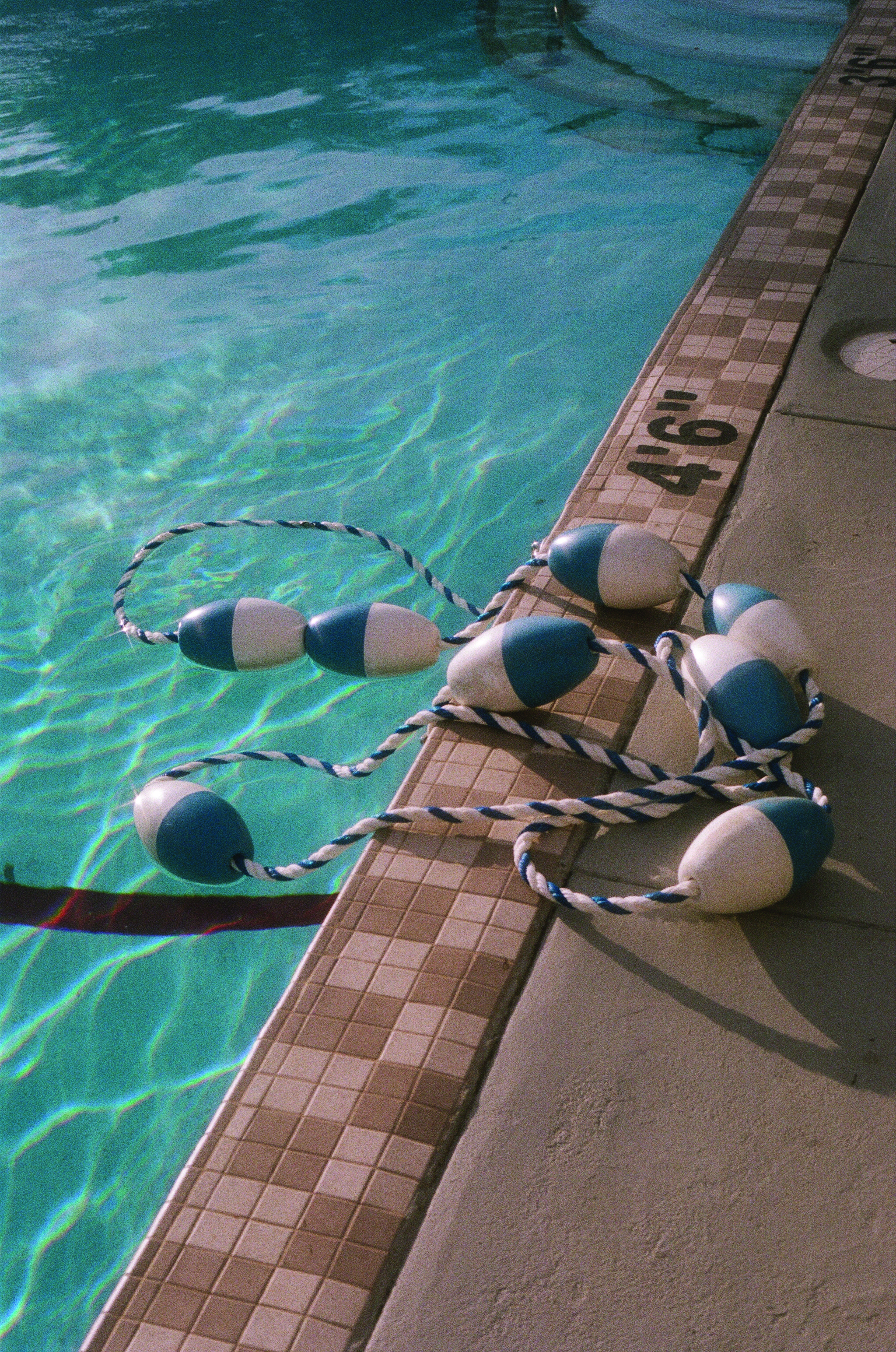
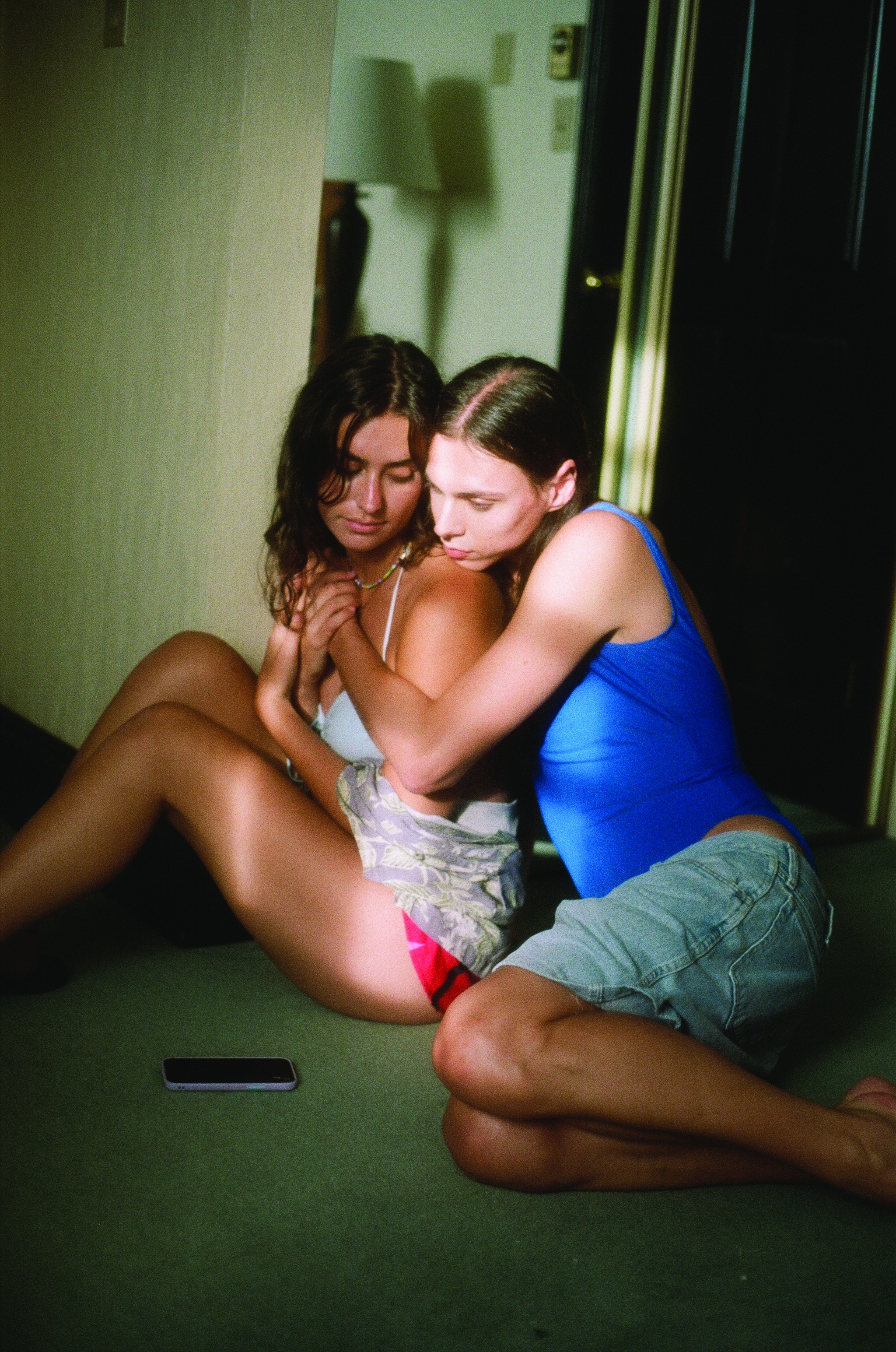
Renata is living in a different dimension than everyone around her. The style in which her reality is explored demands the patience of the audience, in pacing, in attention to subtleties, in subverted humors. Luis, can you tell us what it’s been like to make a film which people may not understand immediately because they don’t have reference points for it?
Luis— Honestly it’s equal parts frustrating and validating. The people who get it, get it, and the people who don’t, will get it in 10 years. Trans people do live in an alternate dimension. Our experiences force us to see, and move through the world differently. I hope to see more films made by trans filmmakers that don’t explain so much; we should force people to figure it out, force people to catch up. We’ve always been ahead of our time, audiences will catch up - but we’ll have moved on to something else of course.
How do you predict the continued exploration of trans realities will change the nature of filmmaking?
The film industry is crumbling, or maybe rotting is a better way to put it. They’re trying to figure out some formula, but there is no formula. Or maybe cinema isn’t dying, rather Hollywood is? And in that death something will be born. I remain optimistic.
Last Q — What is your favorite dish to eat on your birthday? I’m still craving that clam linguini and I want to talk about food.
Luis— Oooooh. Good question. Honestly, anything made by my Mom or Nonna; good, hardy, peasant meals from the village are my fave. My mother actually made all the food that the family eats in the film. She was very concerned with the authenticity. My dad contributed his homemade wine, and I think Matthew [Bianchi, production designer] snuck his dad’s limoncello in there. Food is a family affair.
Carmen— On my birthday? I love seafood. Seafood is a birthday thing for me. It’s funny, we never have the birthday cake on set but for me it’s all about the cake. My favorite food on set was the clam linguini. I also ate 5 or 6 servings of that ice cream in the parking lot scene and it was the worst ice cream I’ve ever had.
Watch the trailer below and watch the movie here on MUBI.
